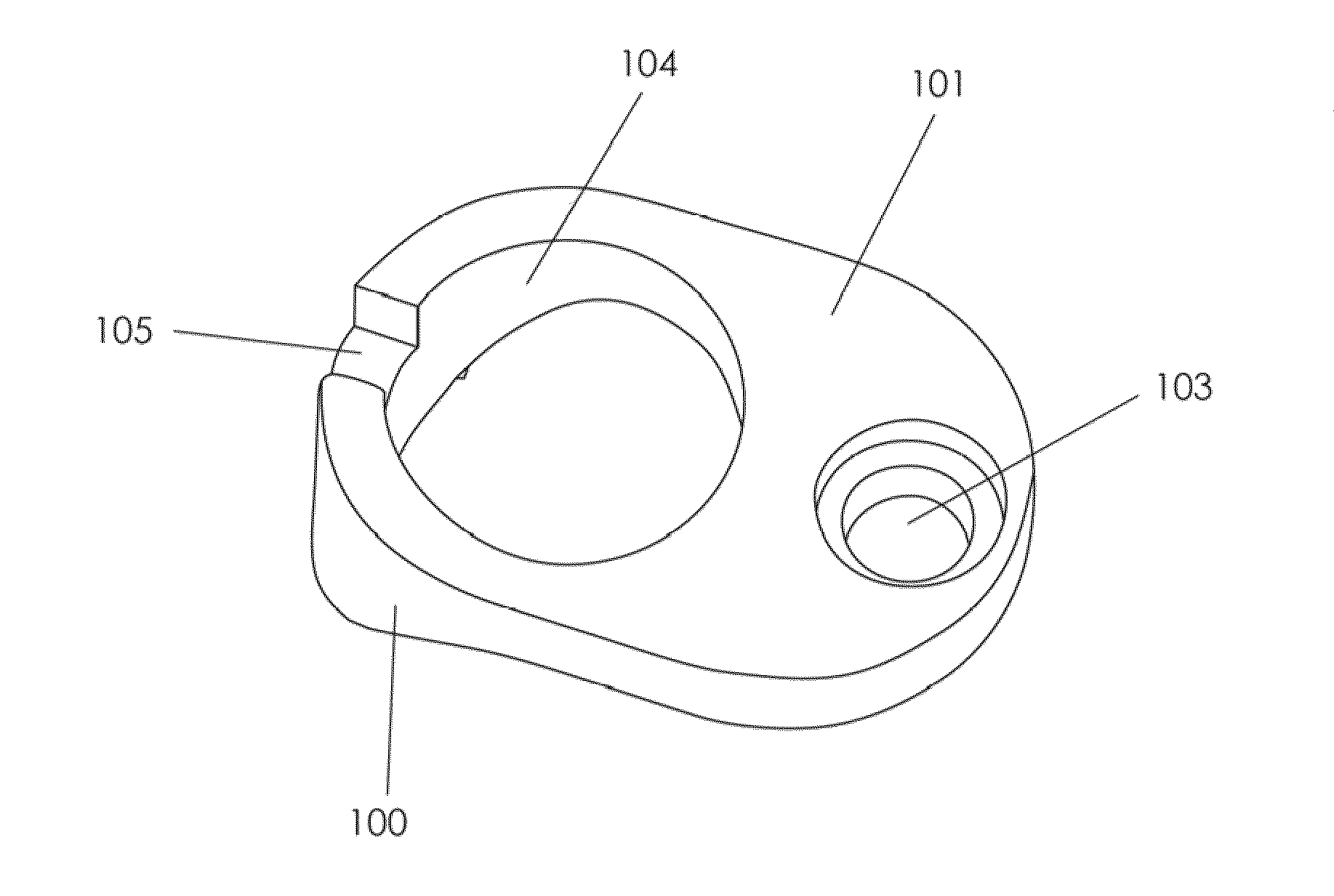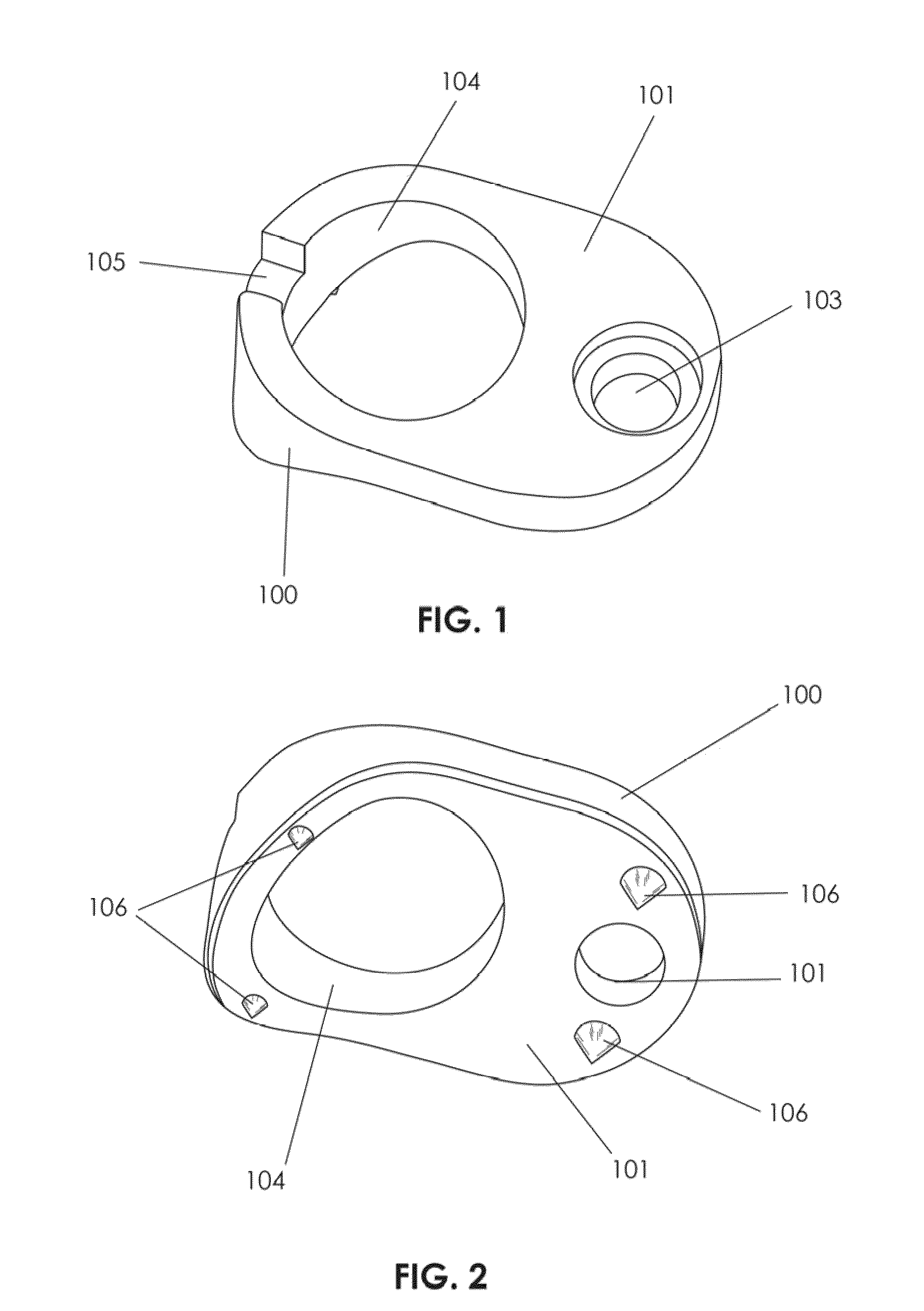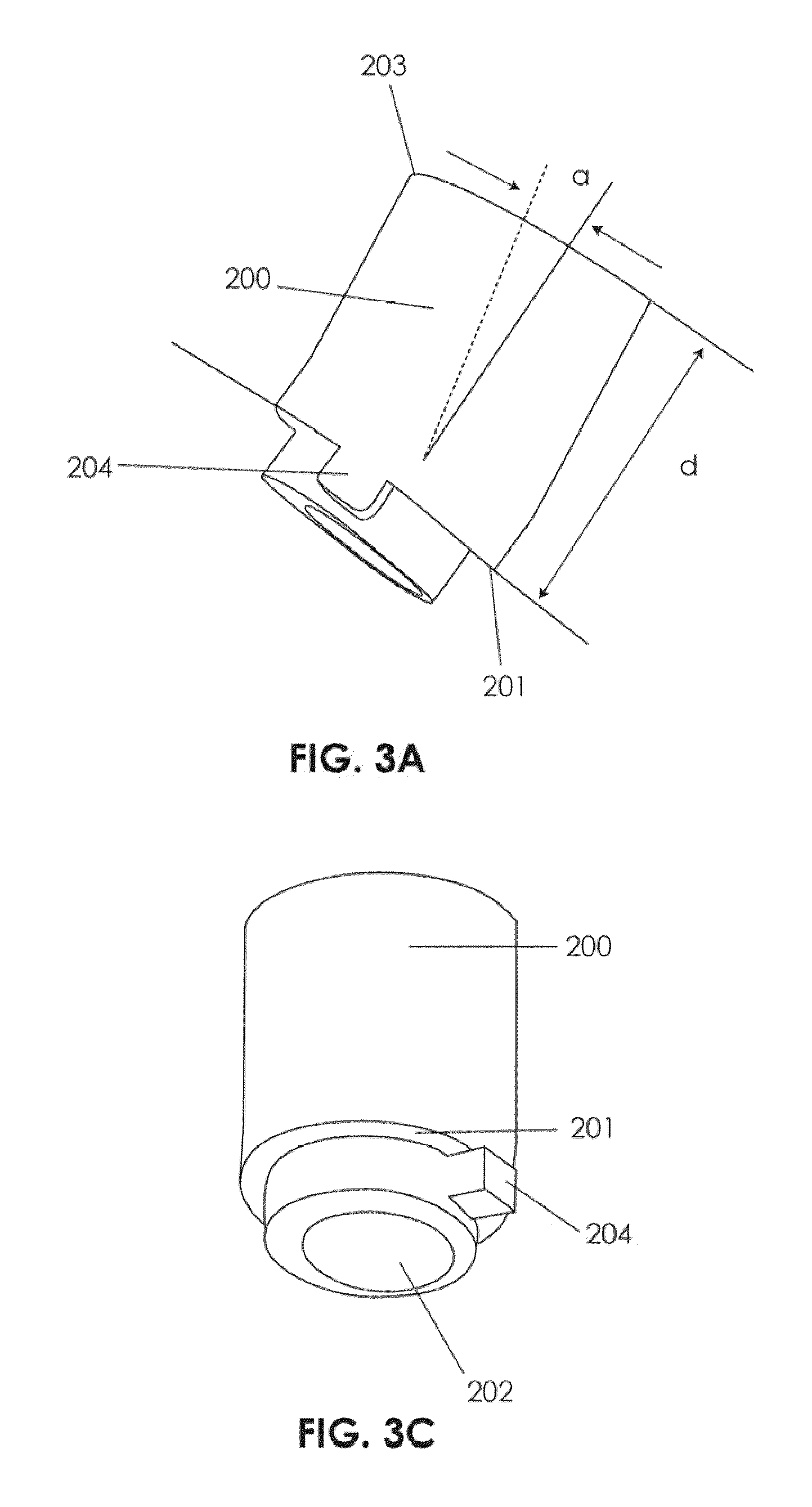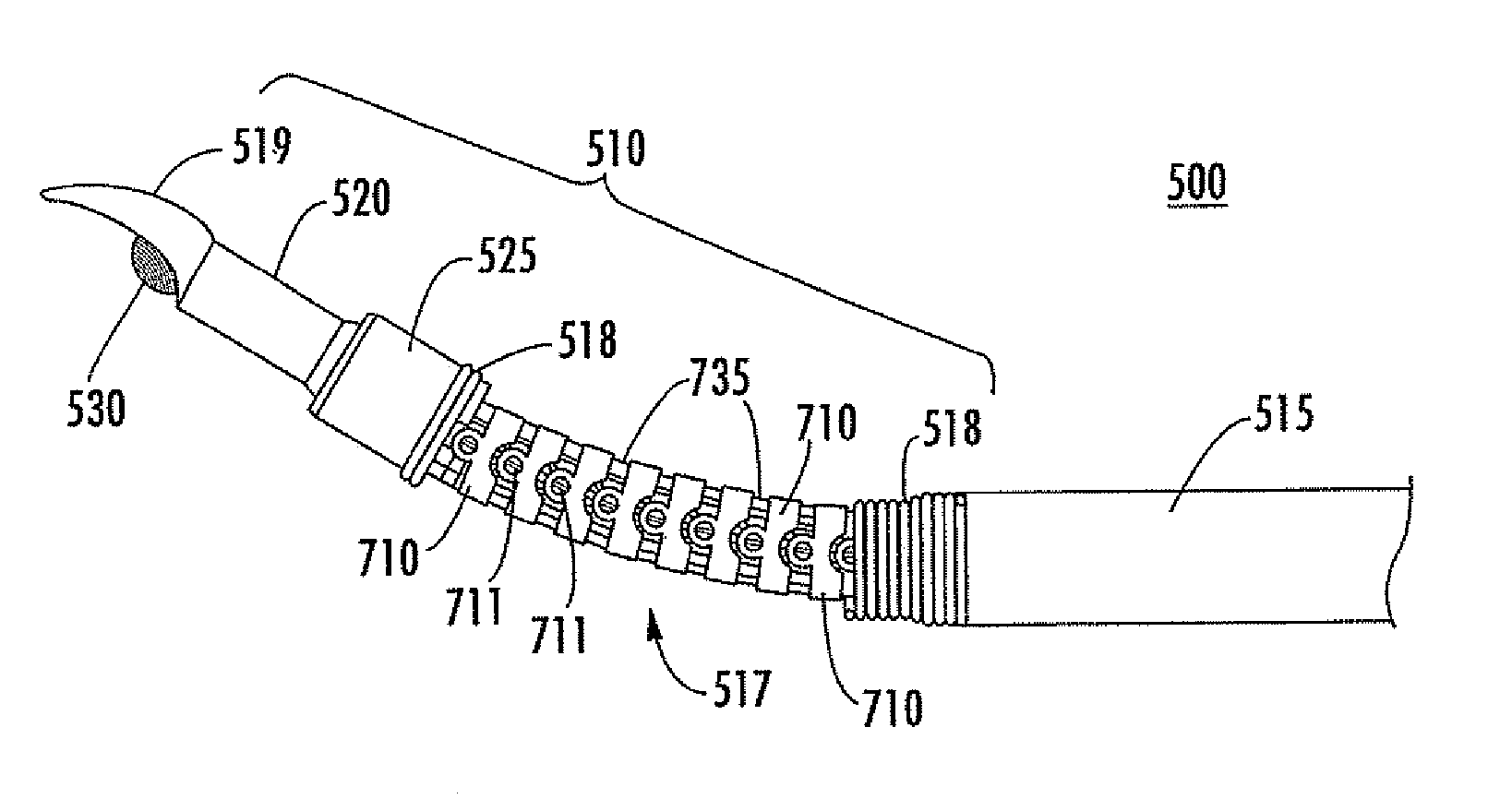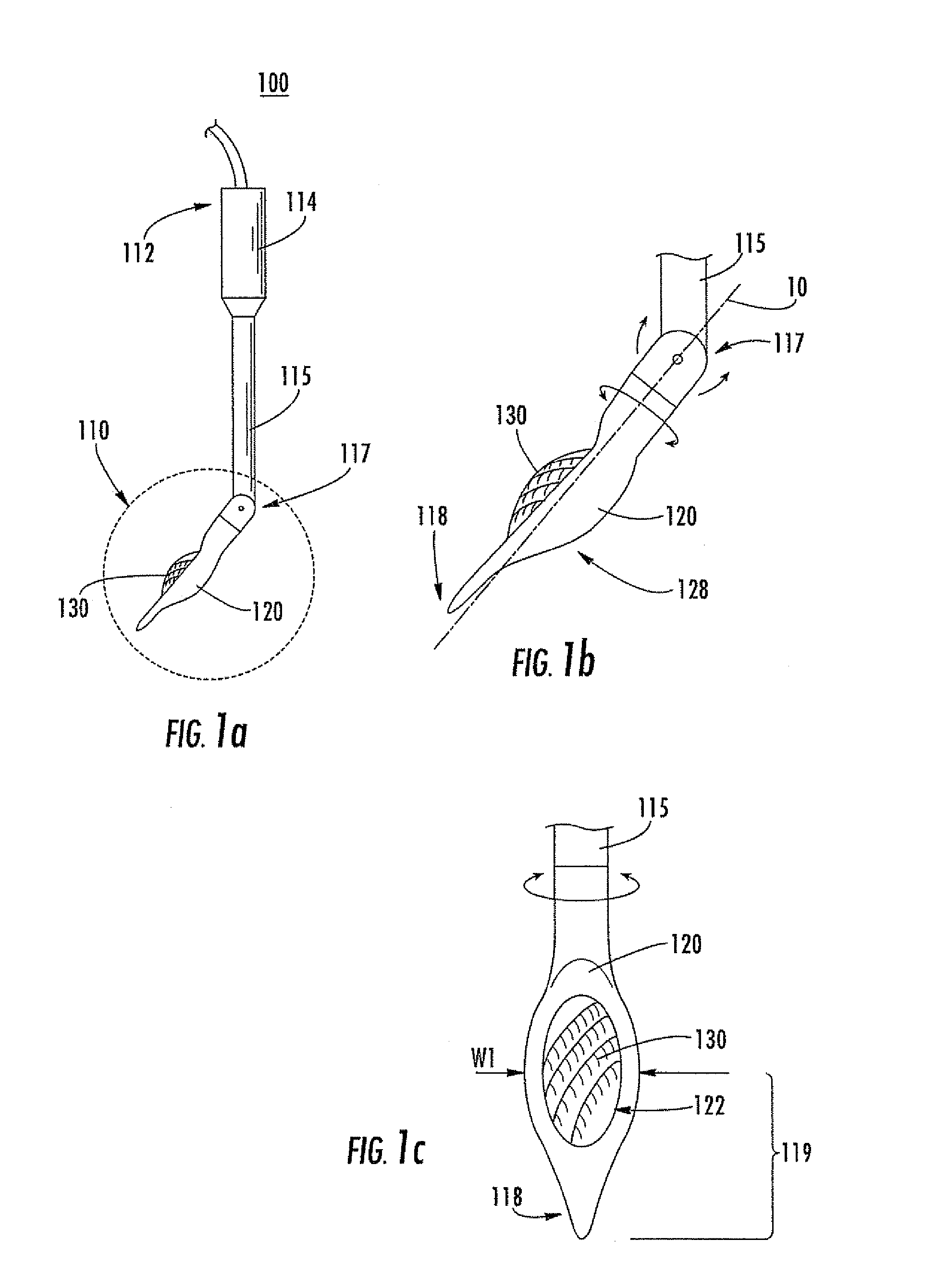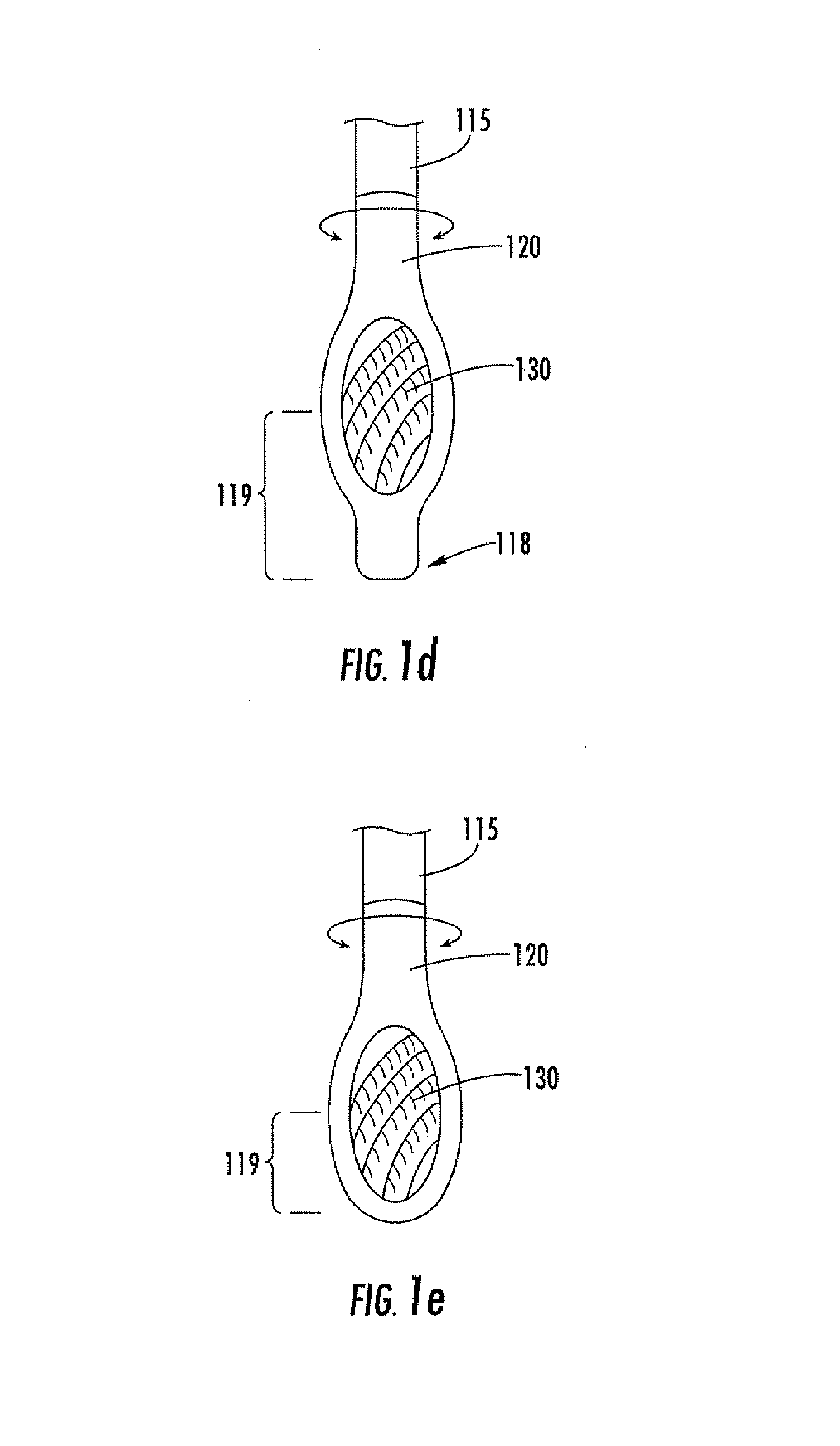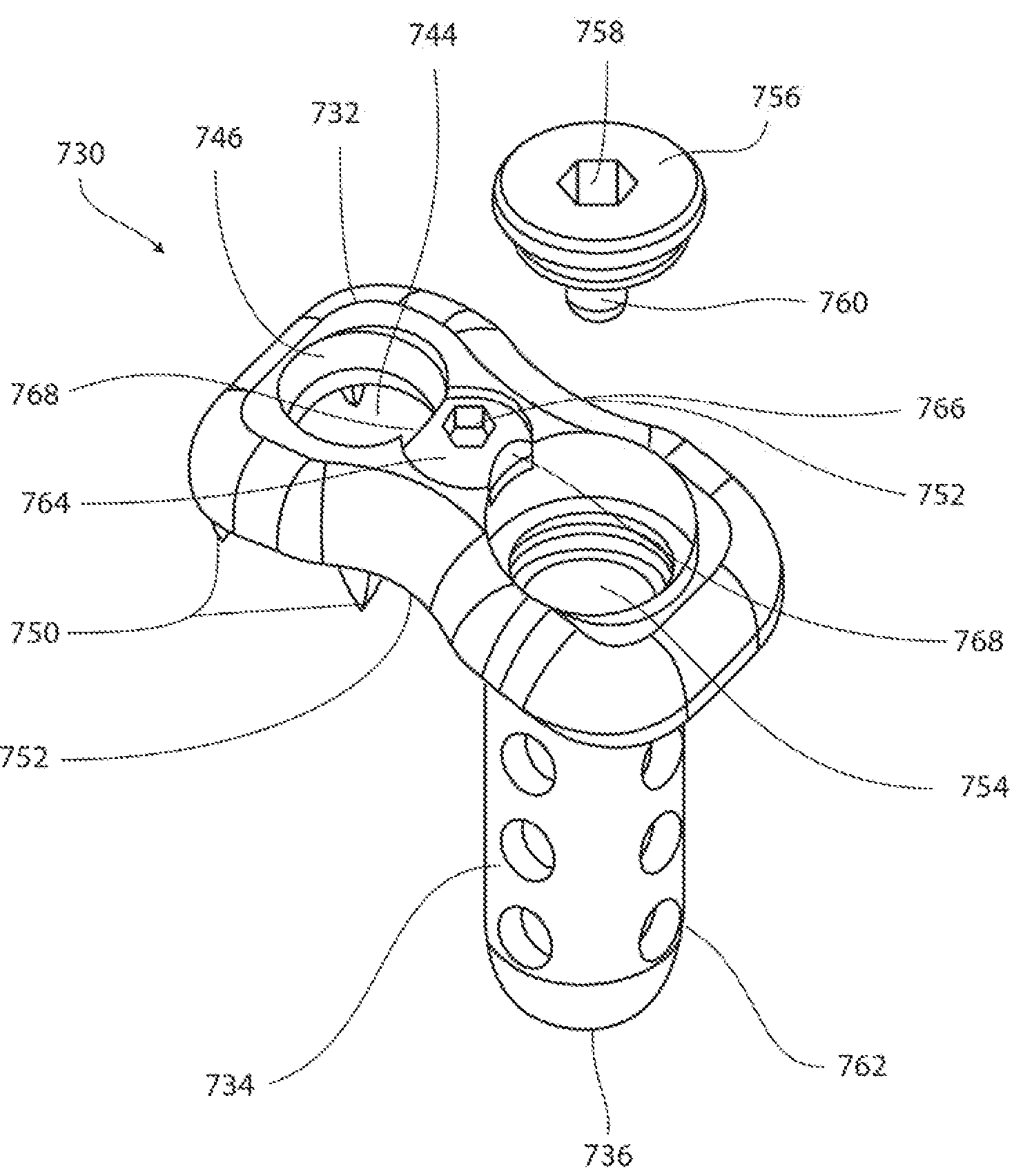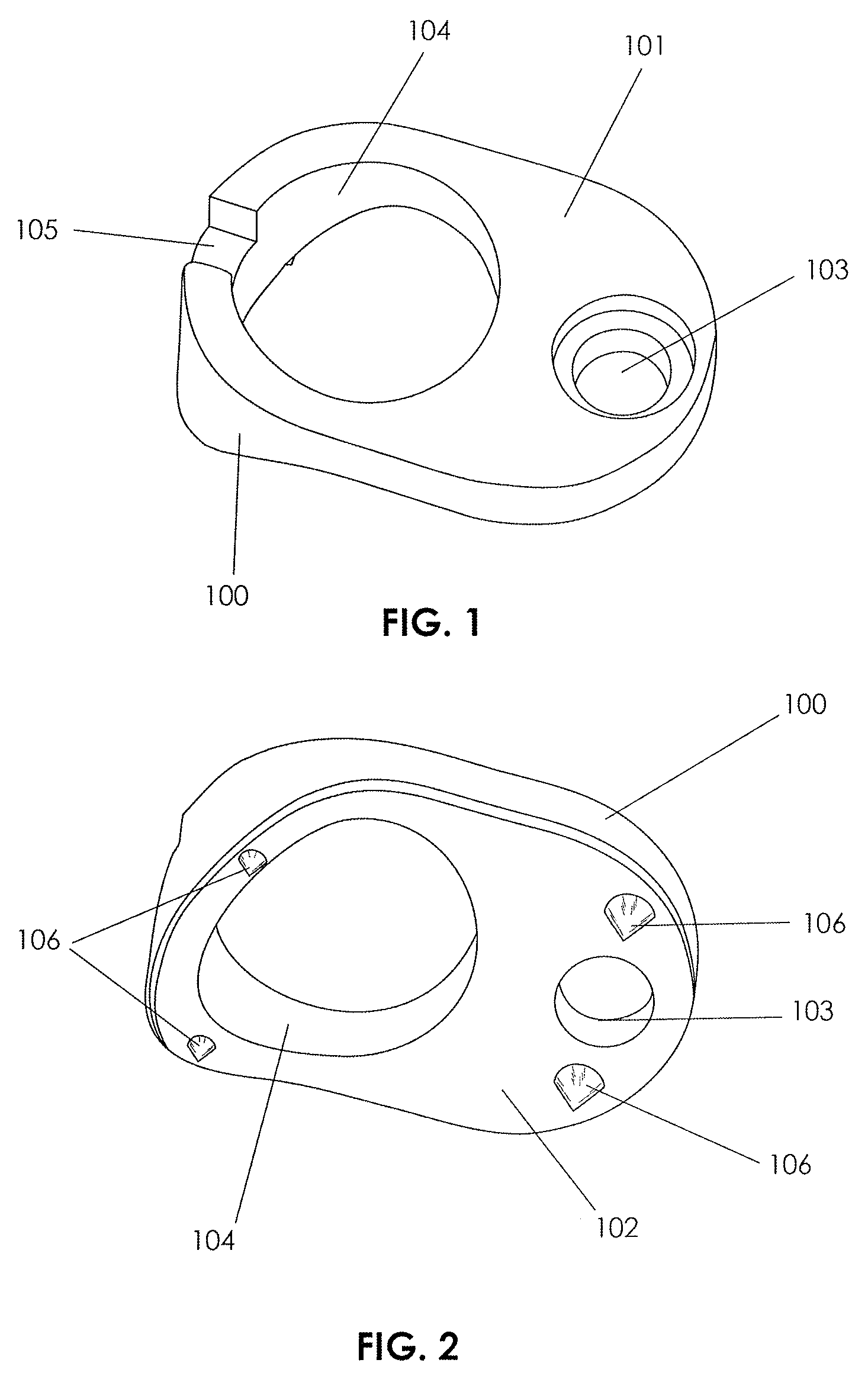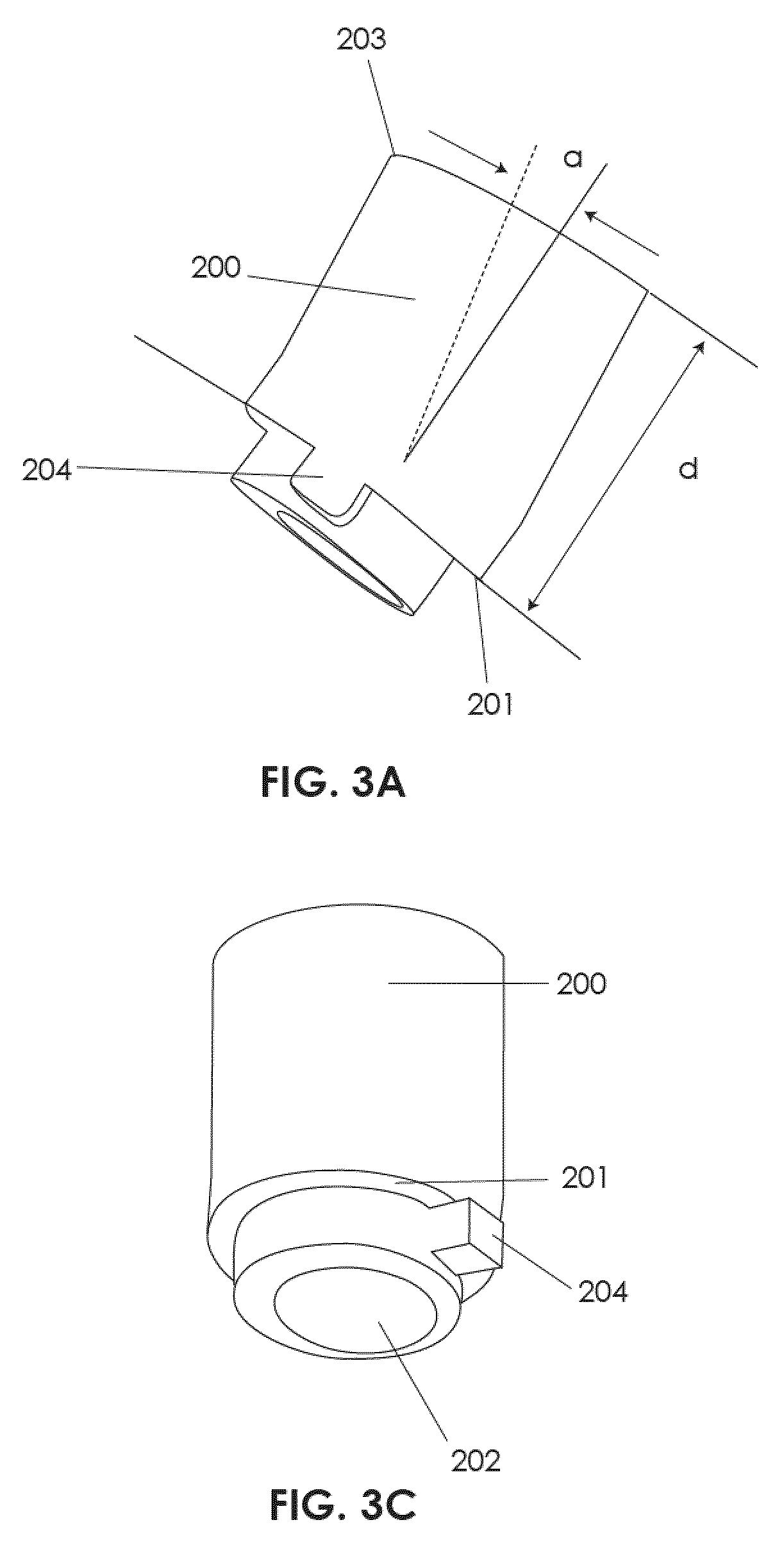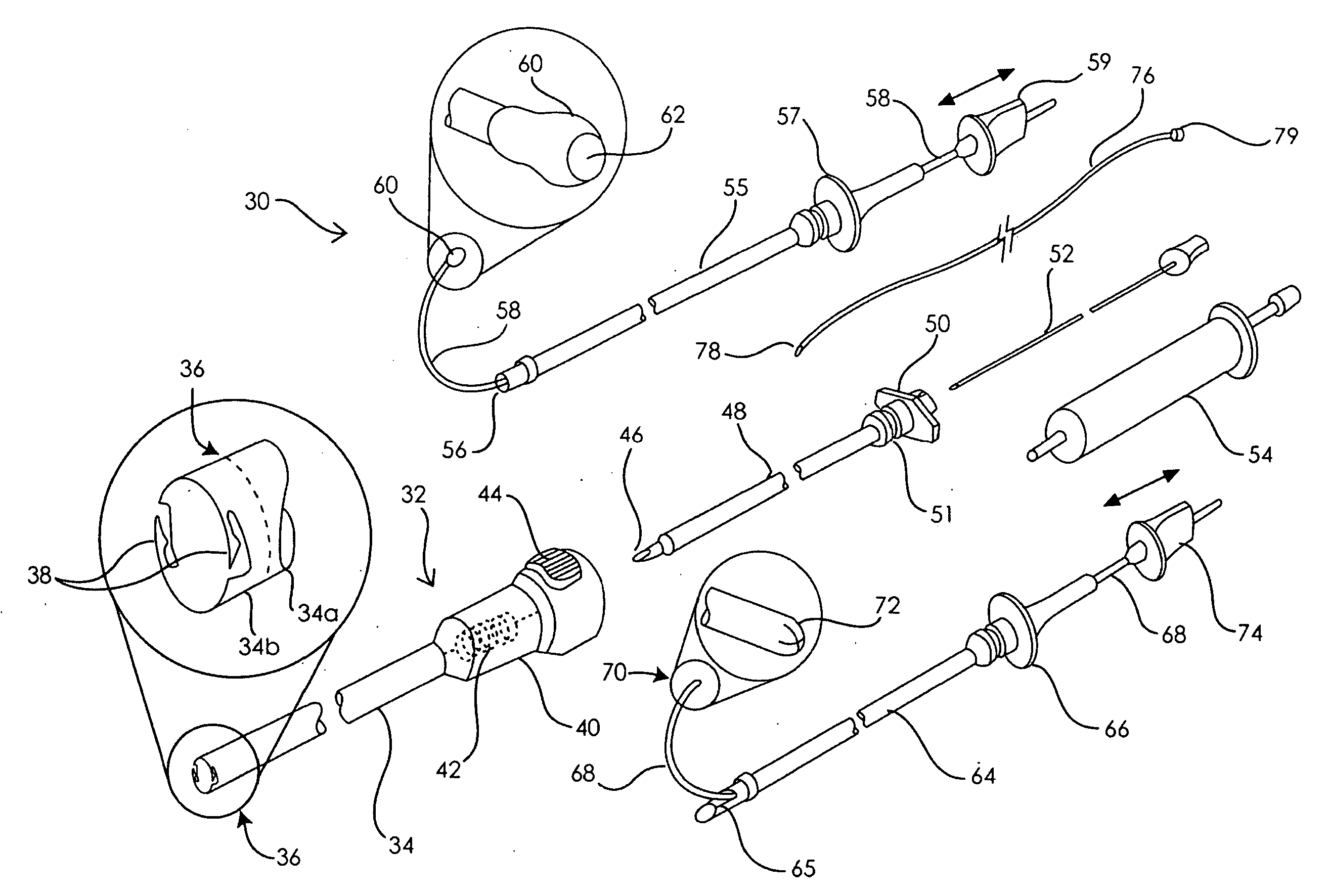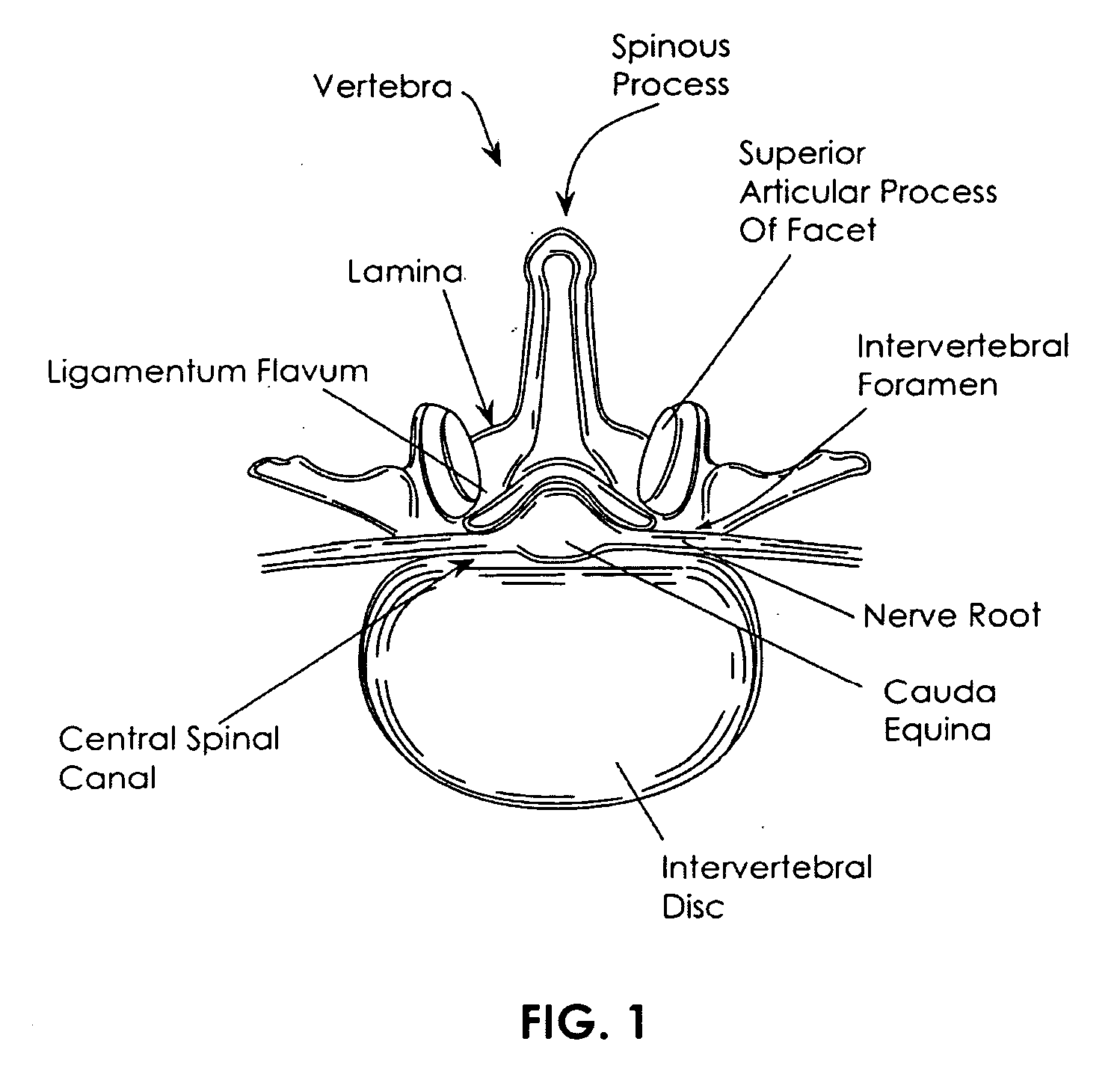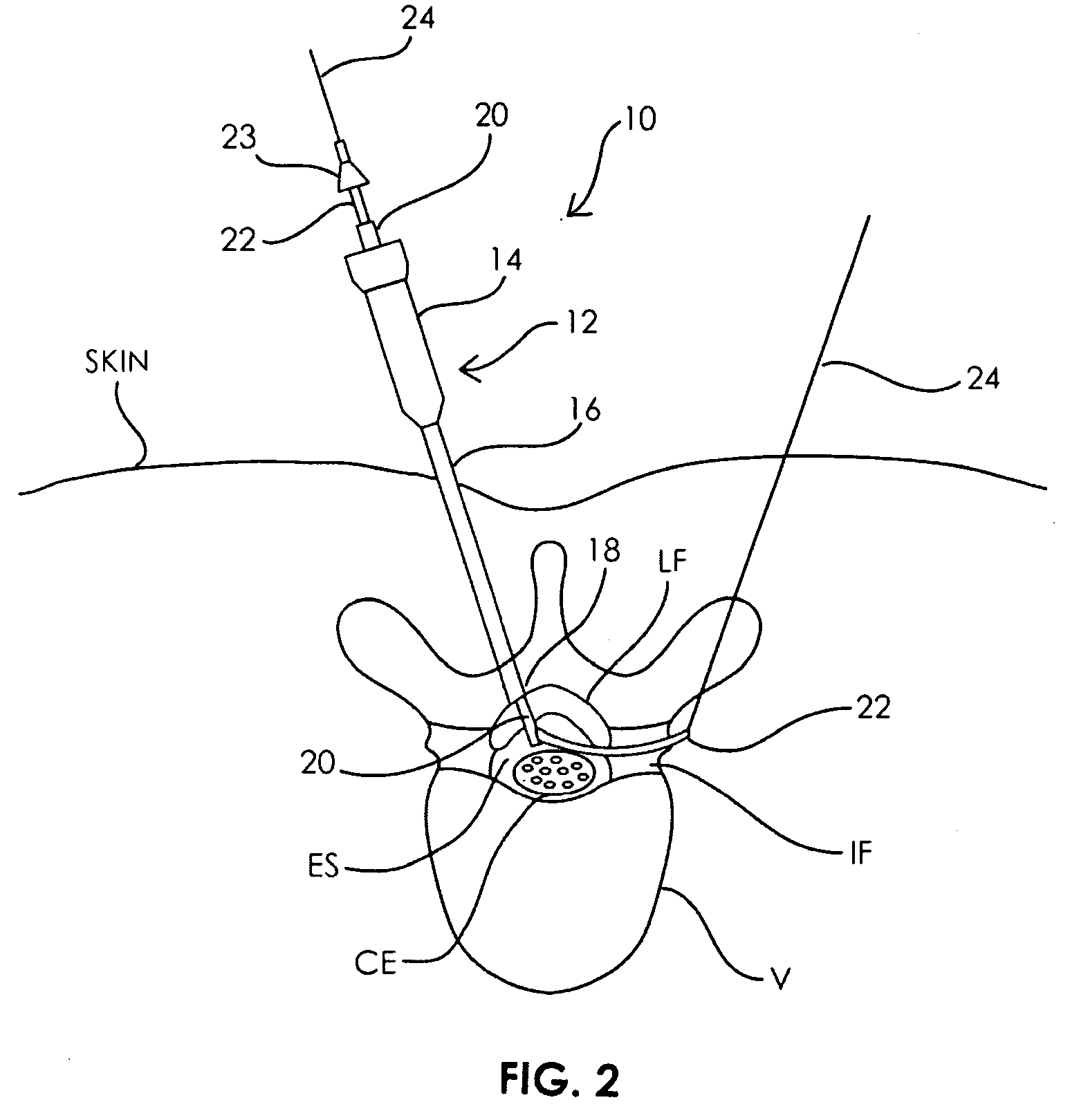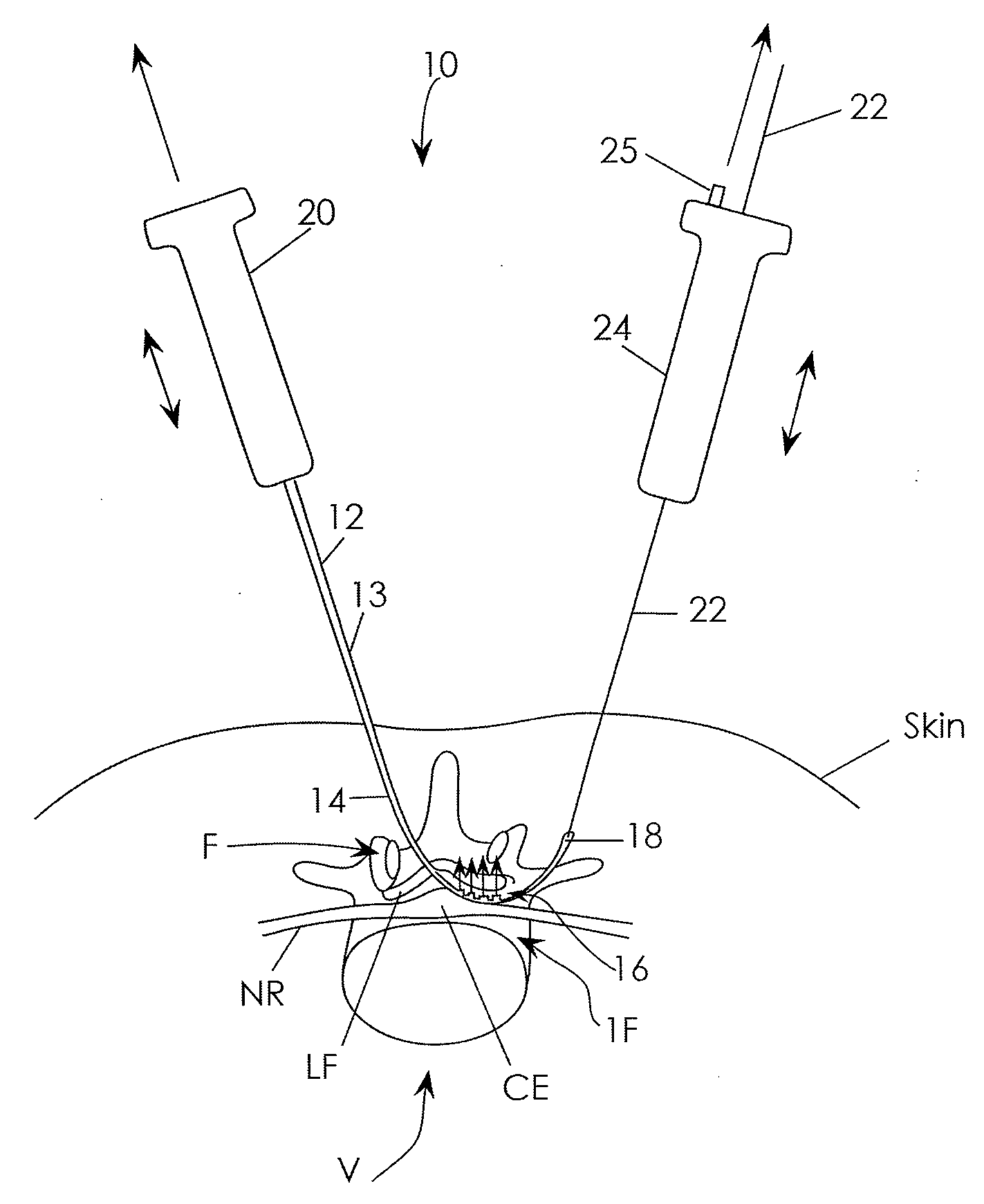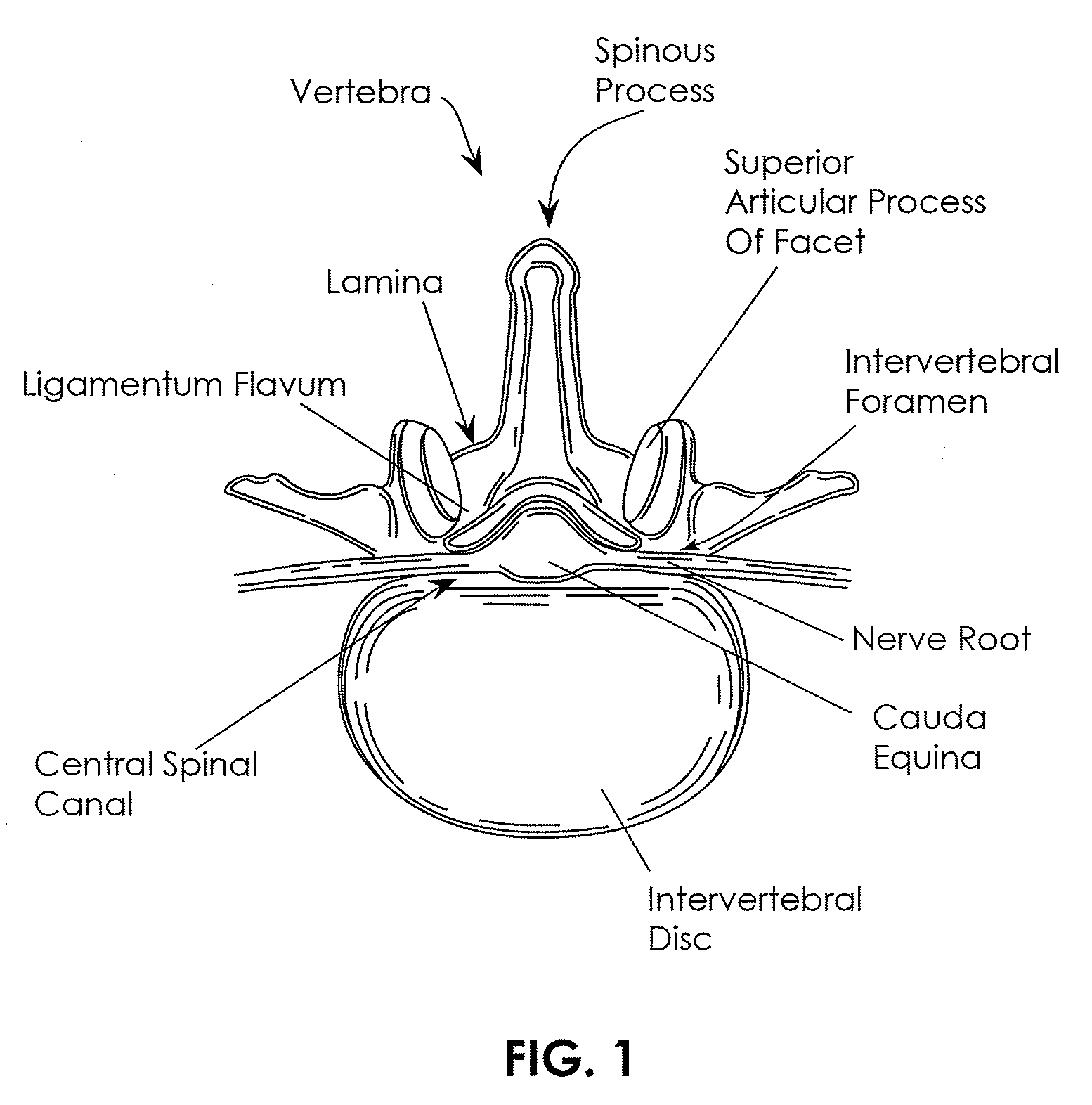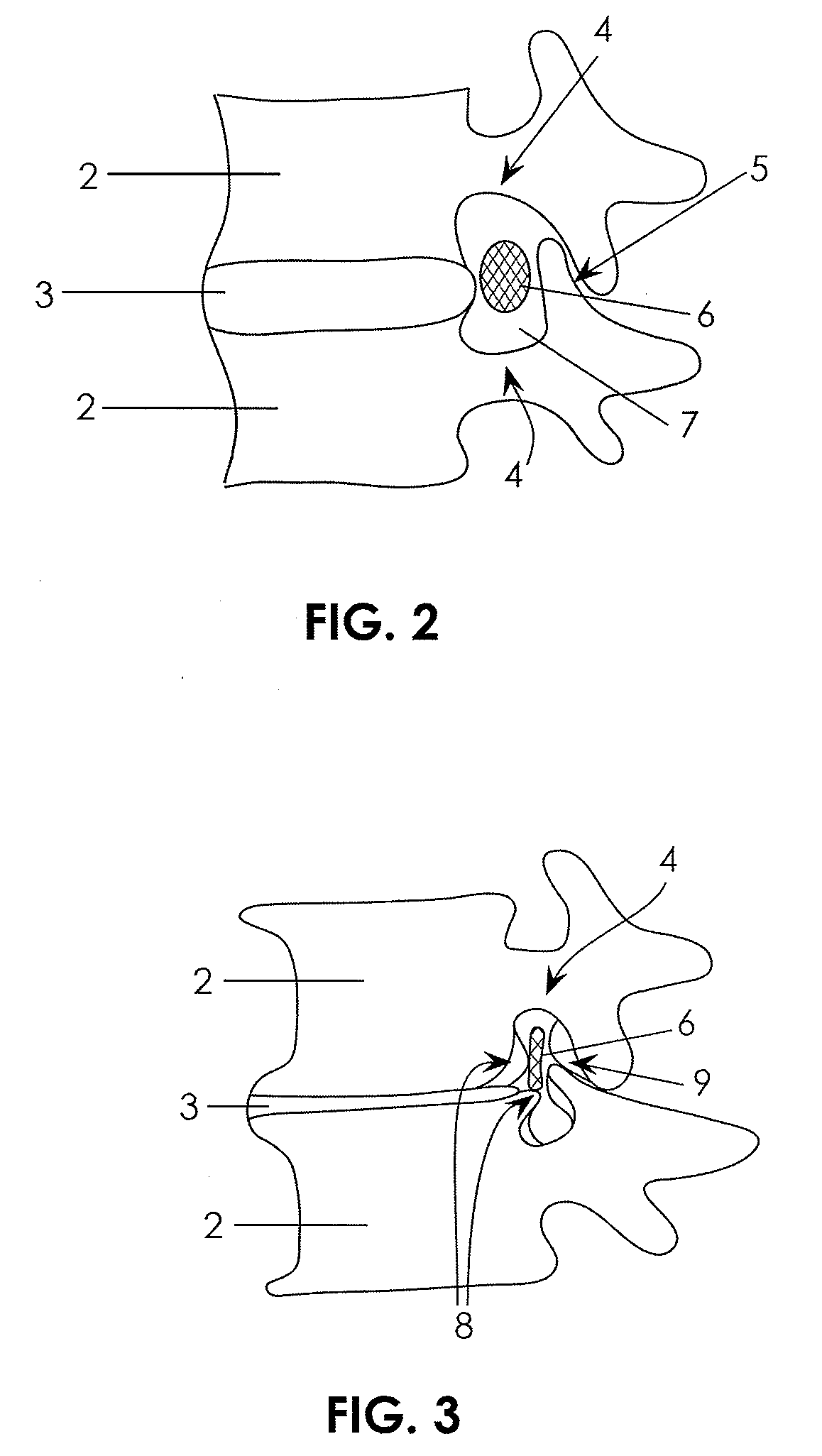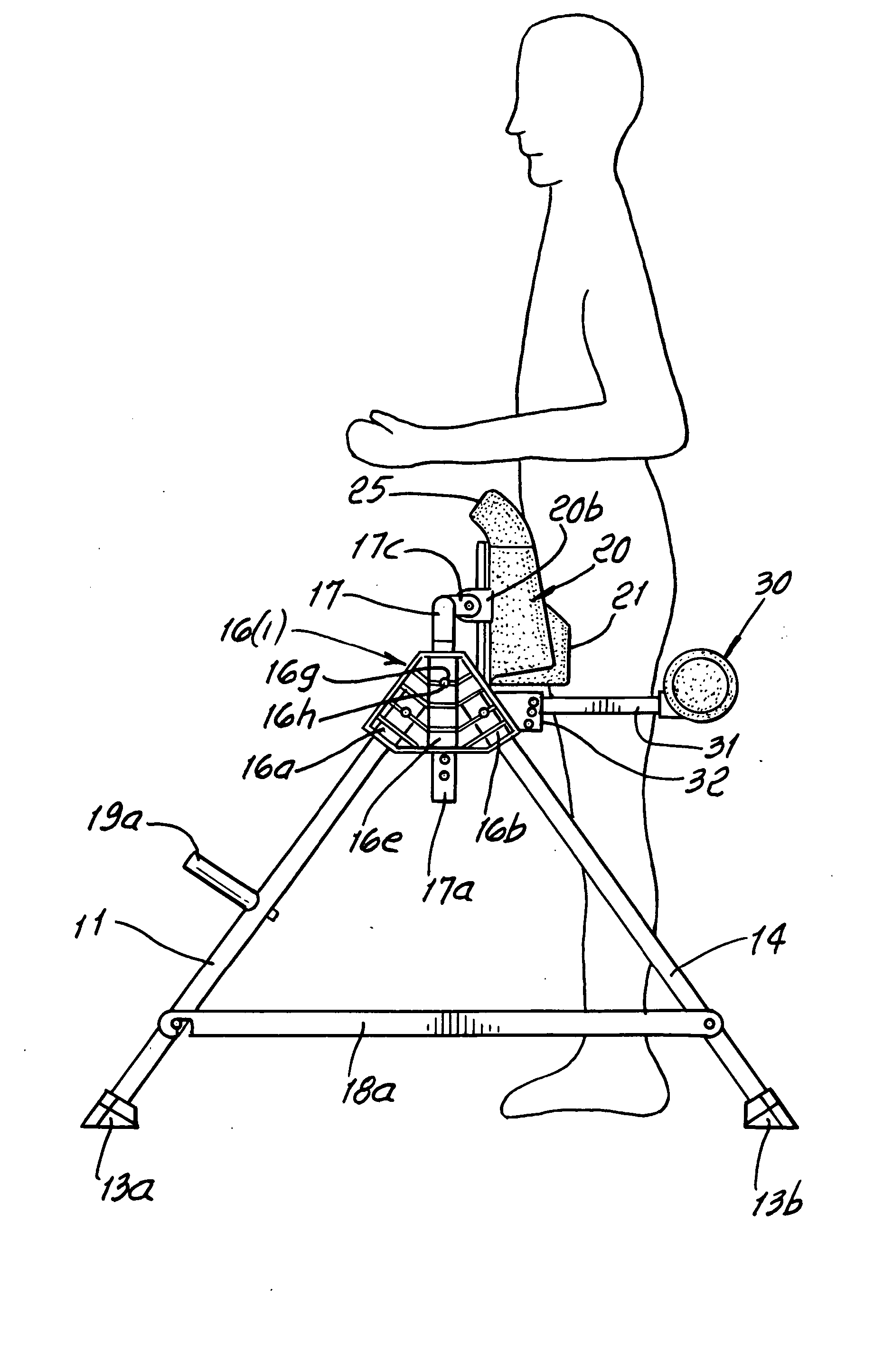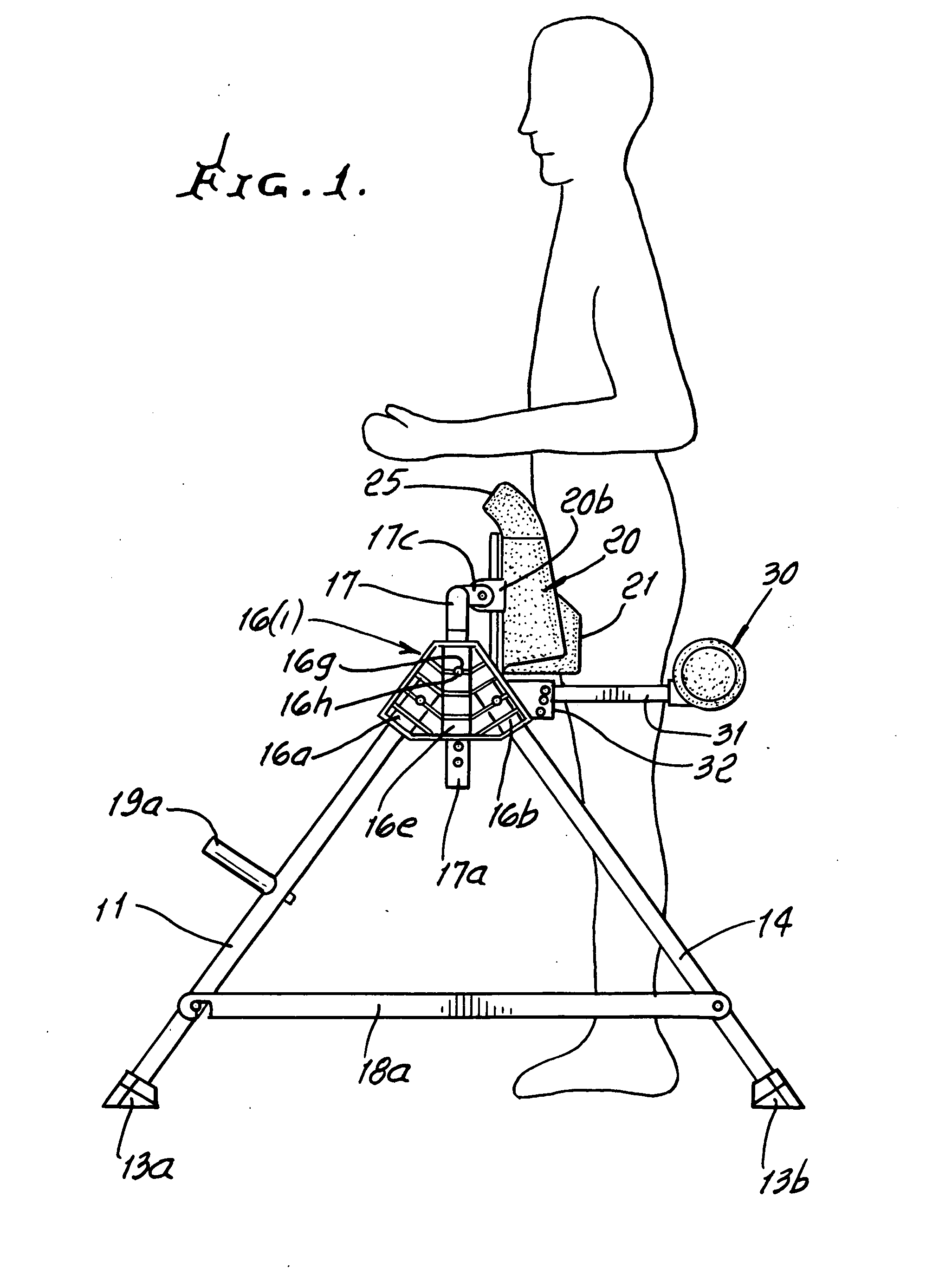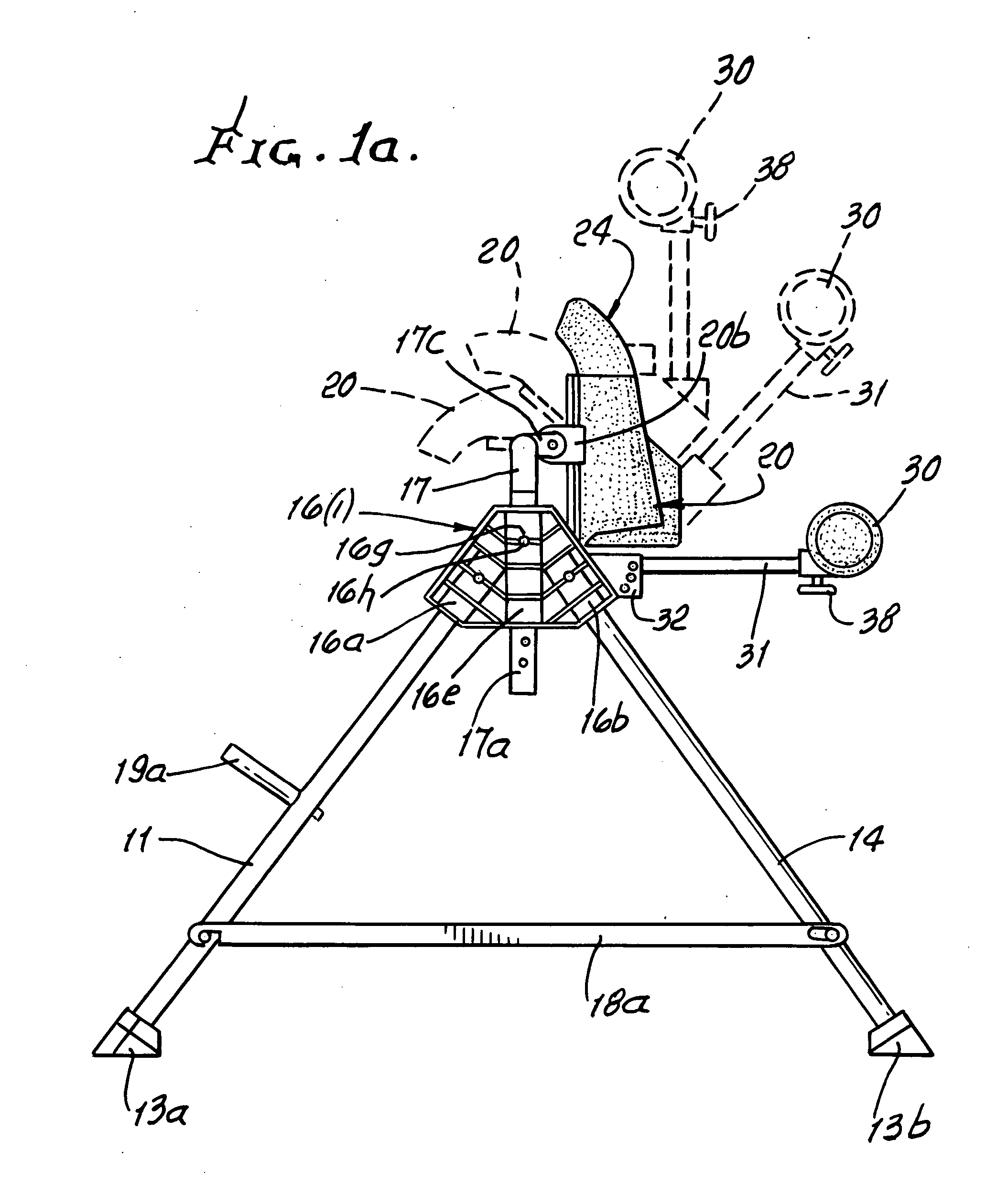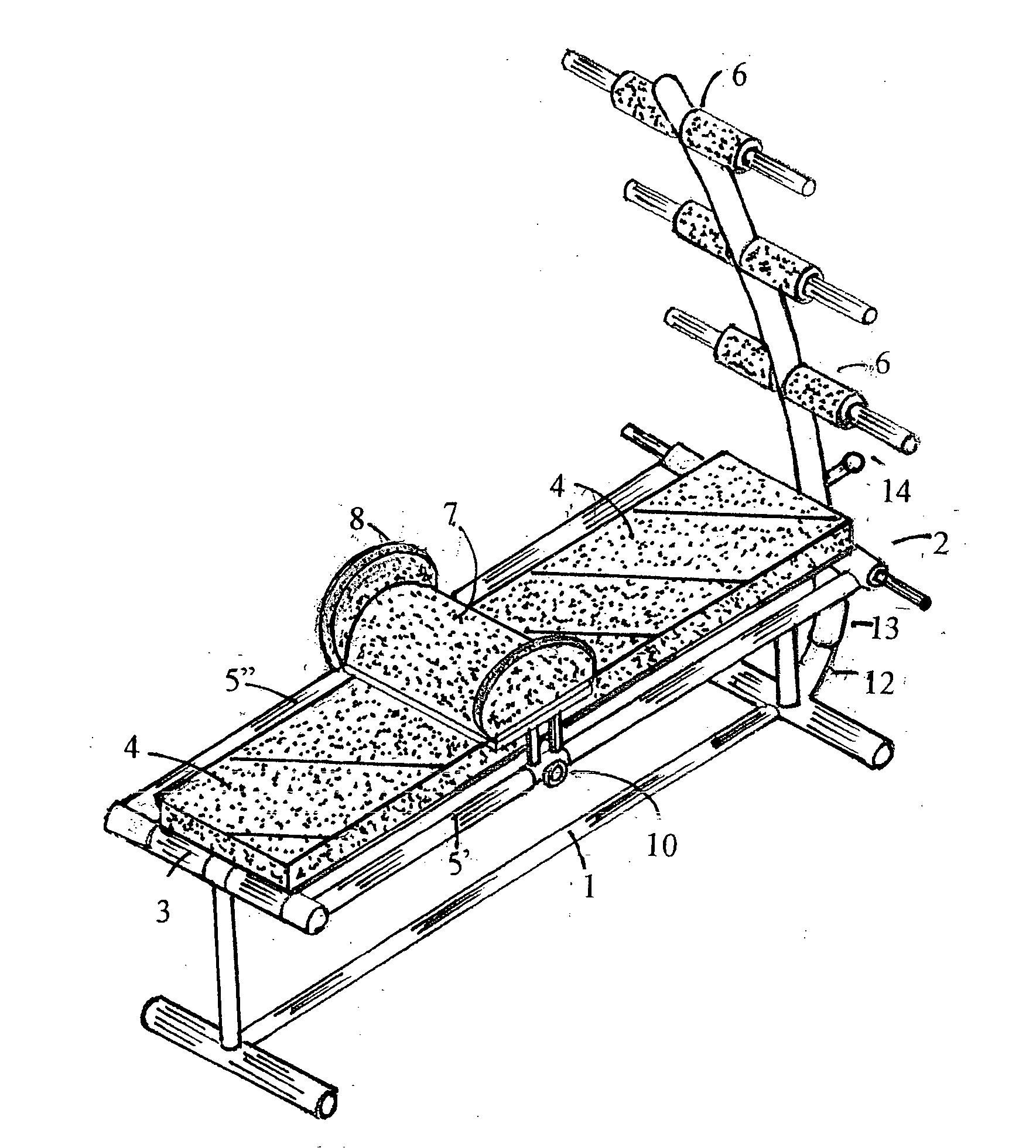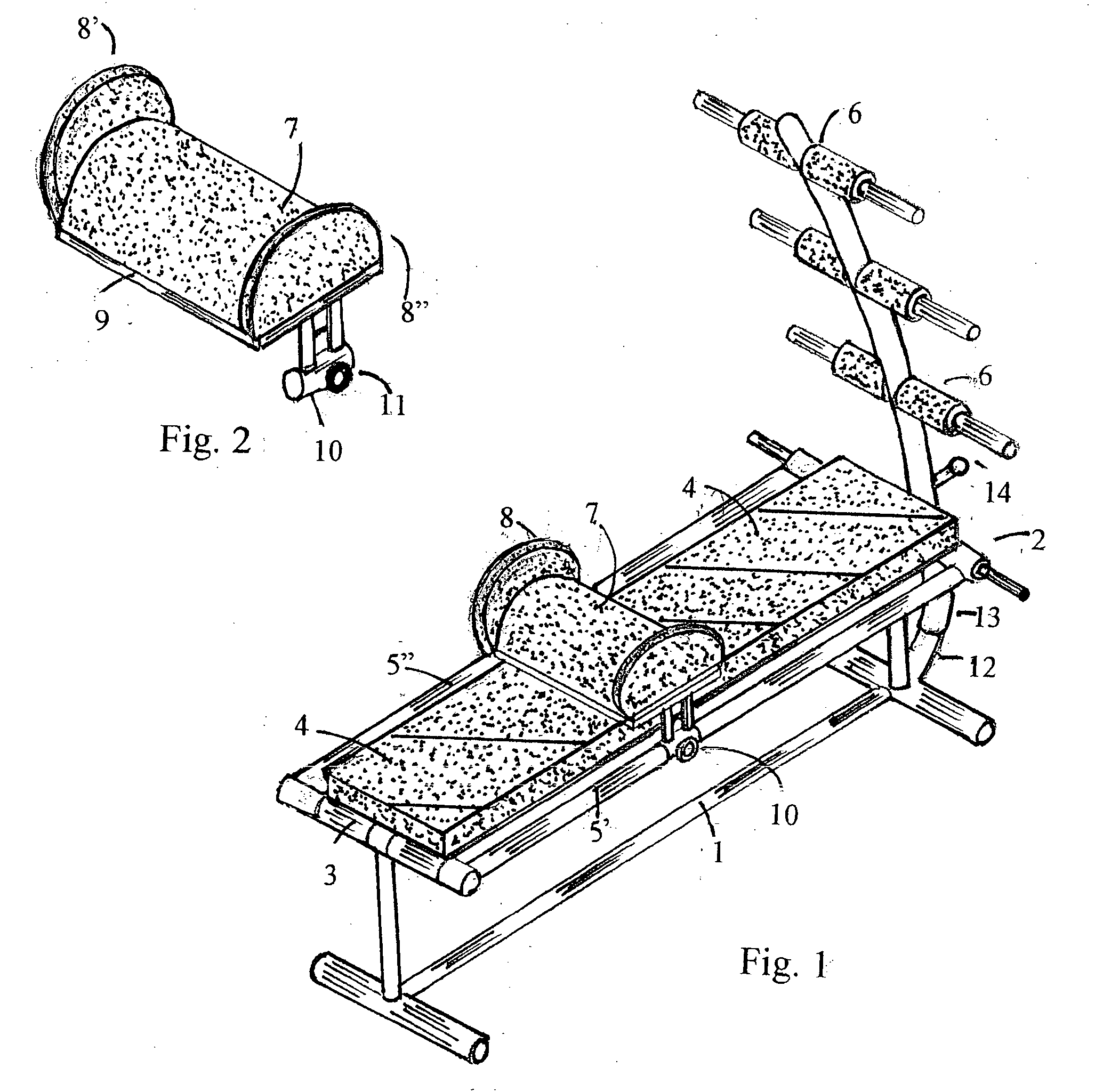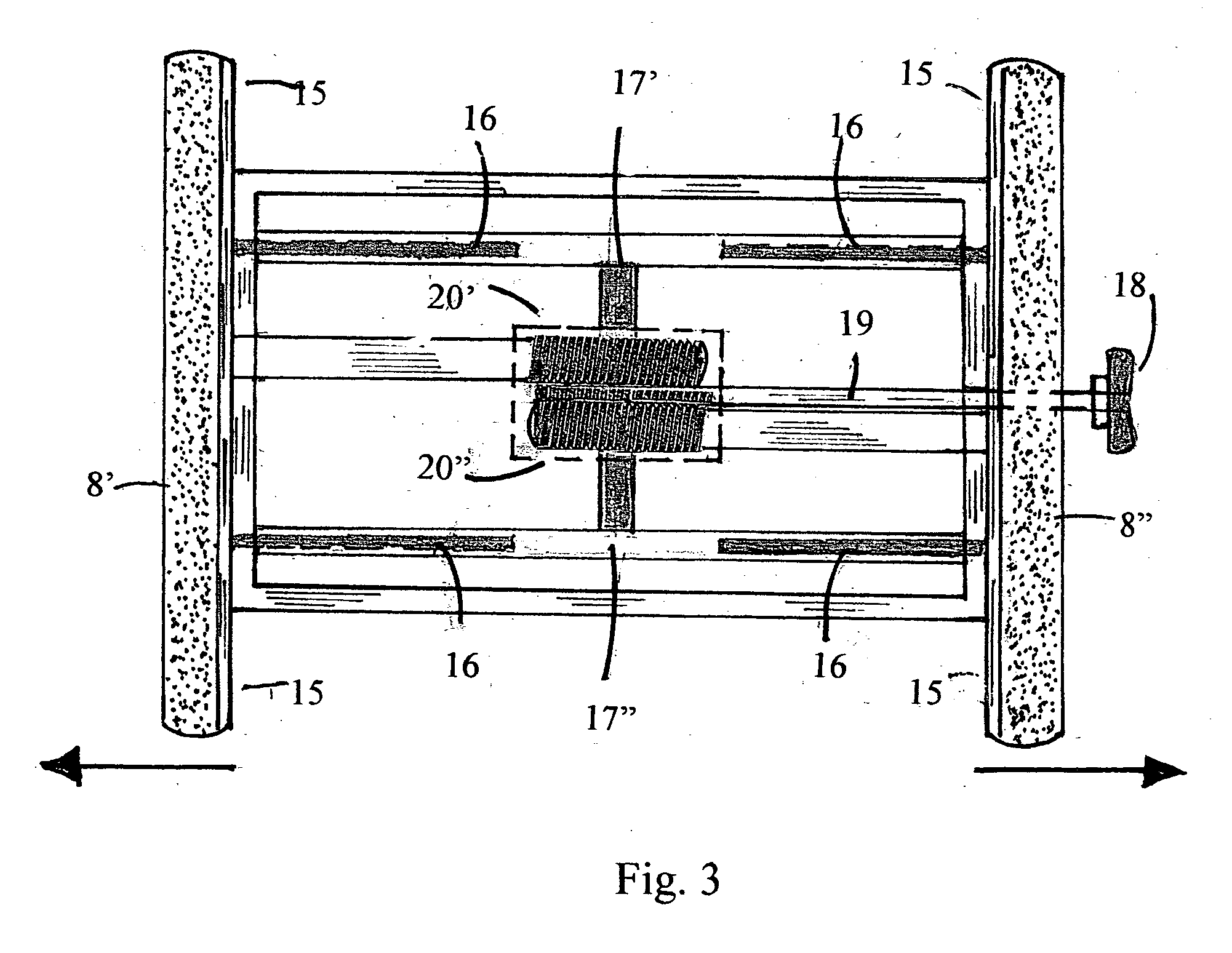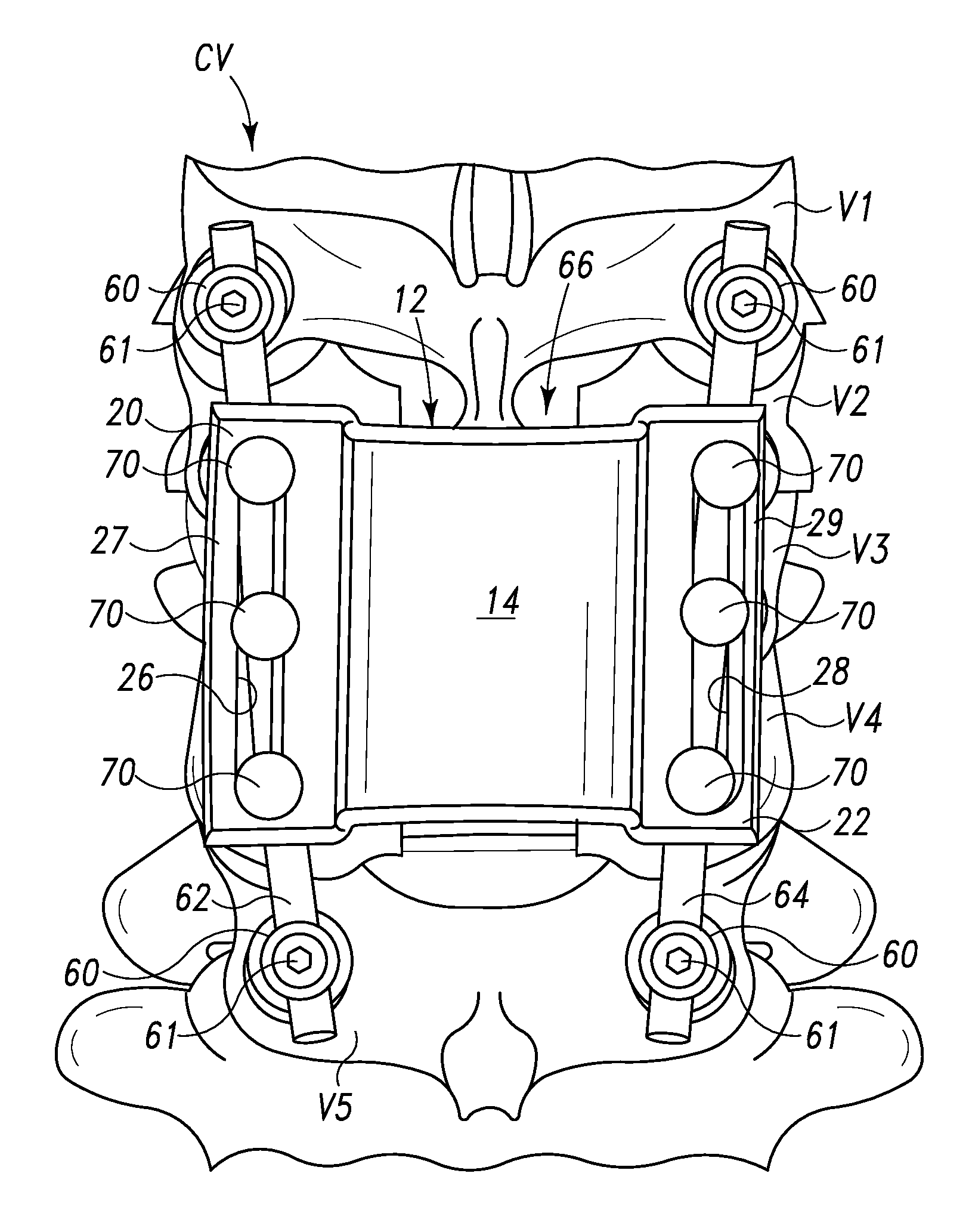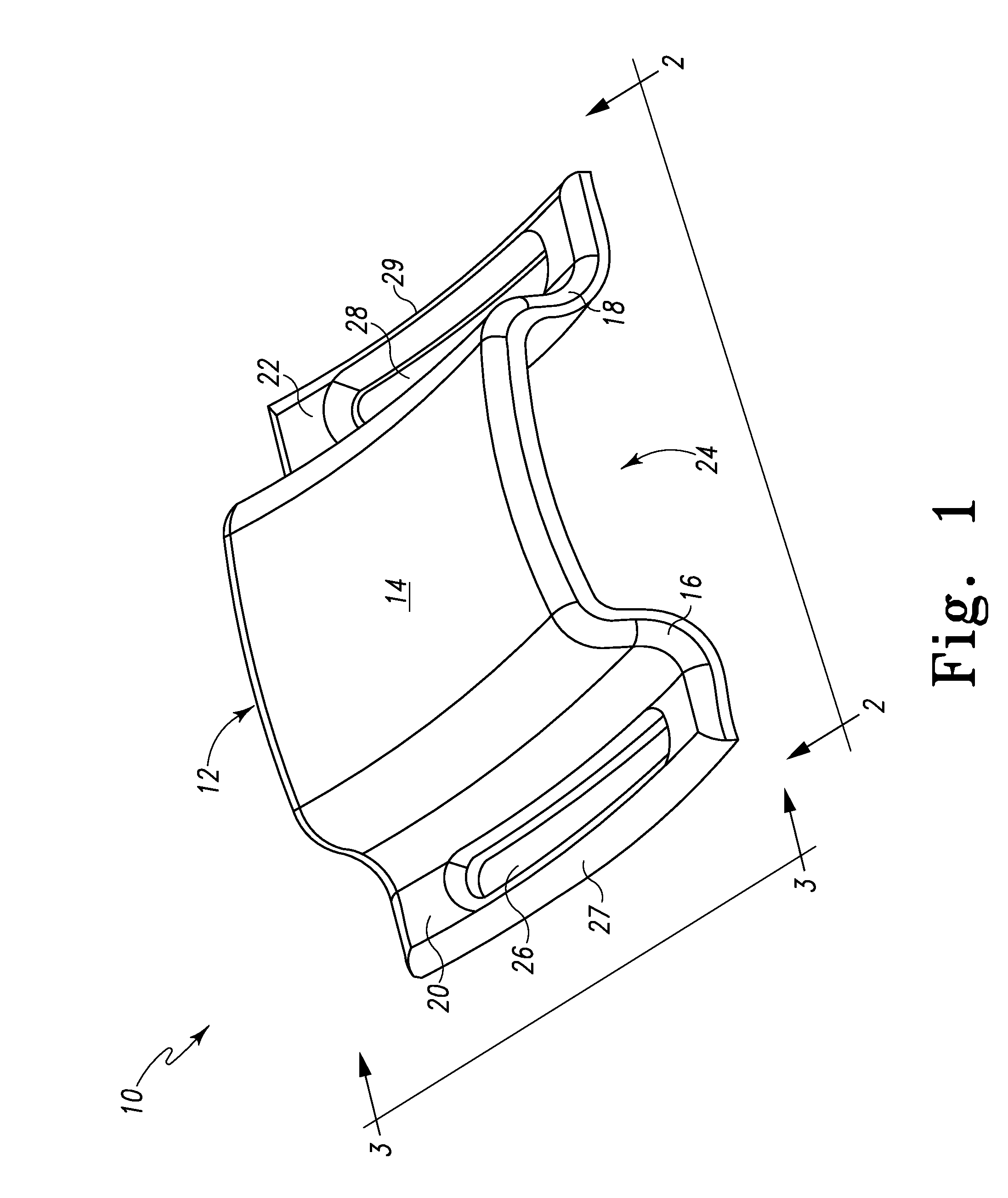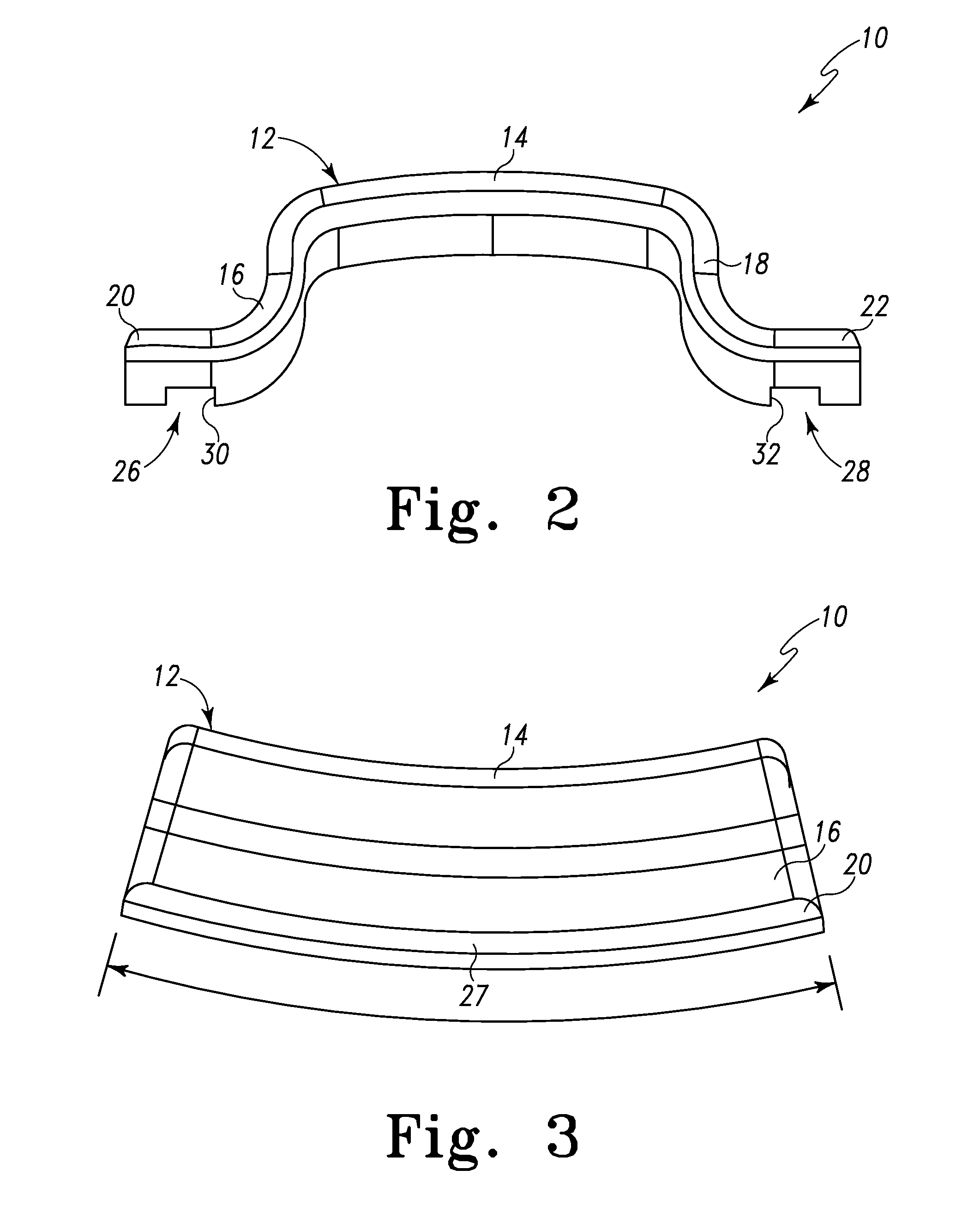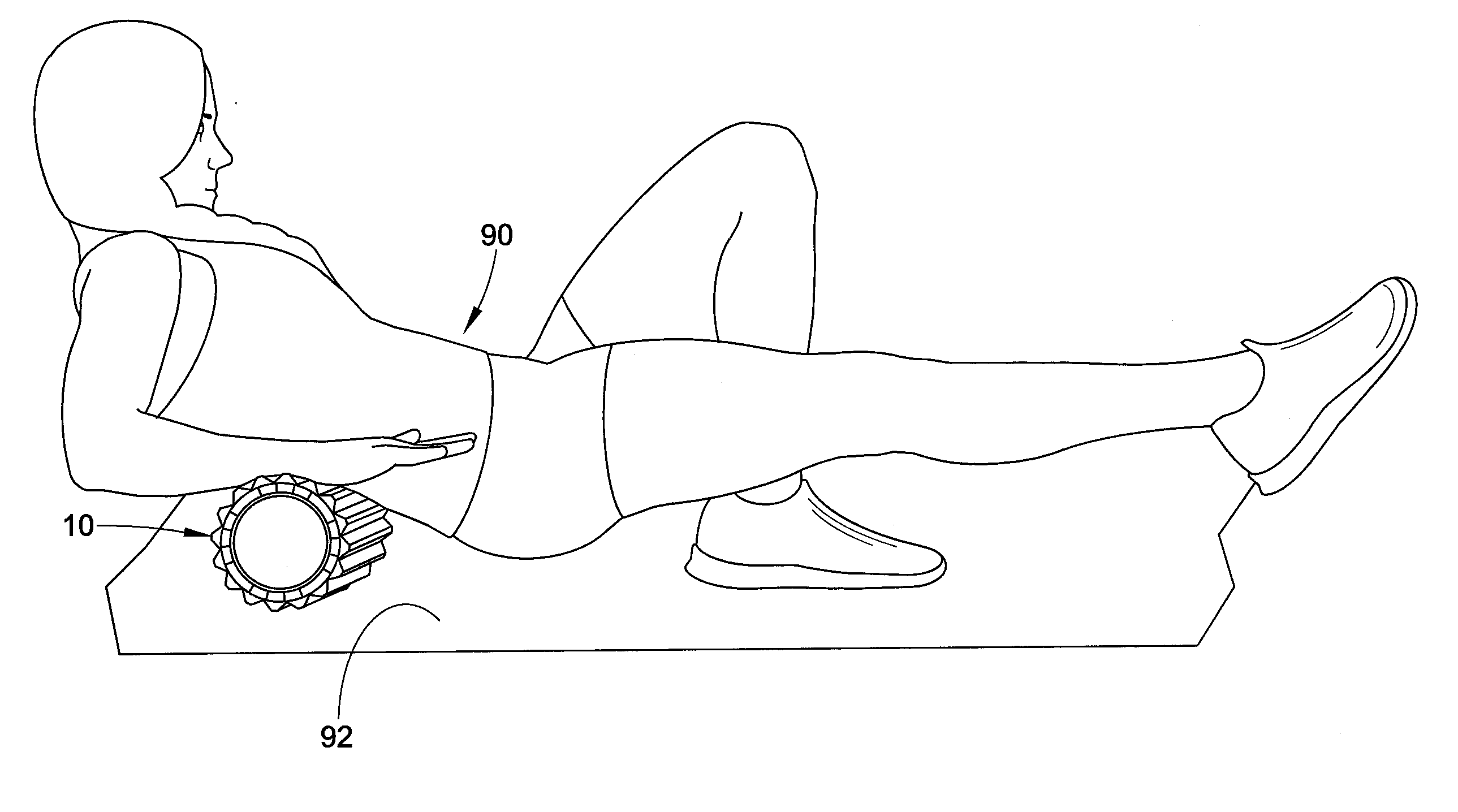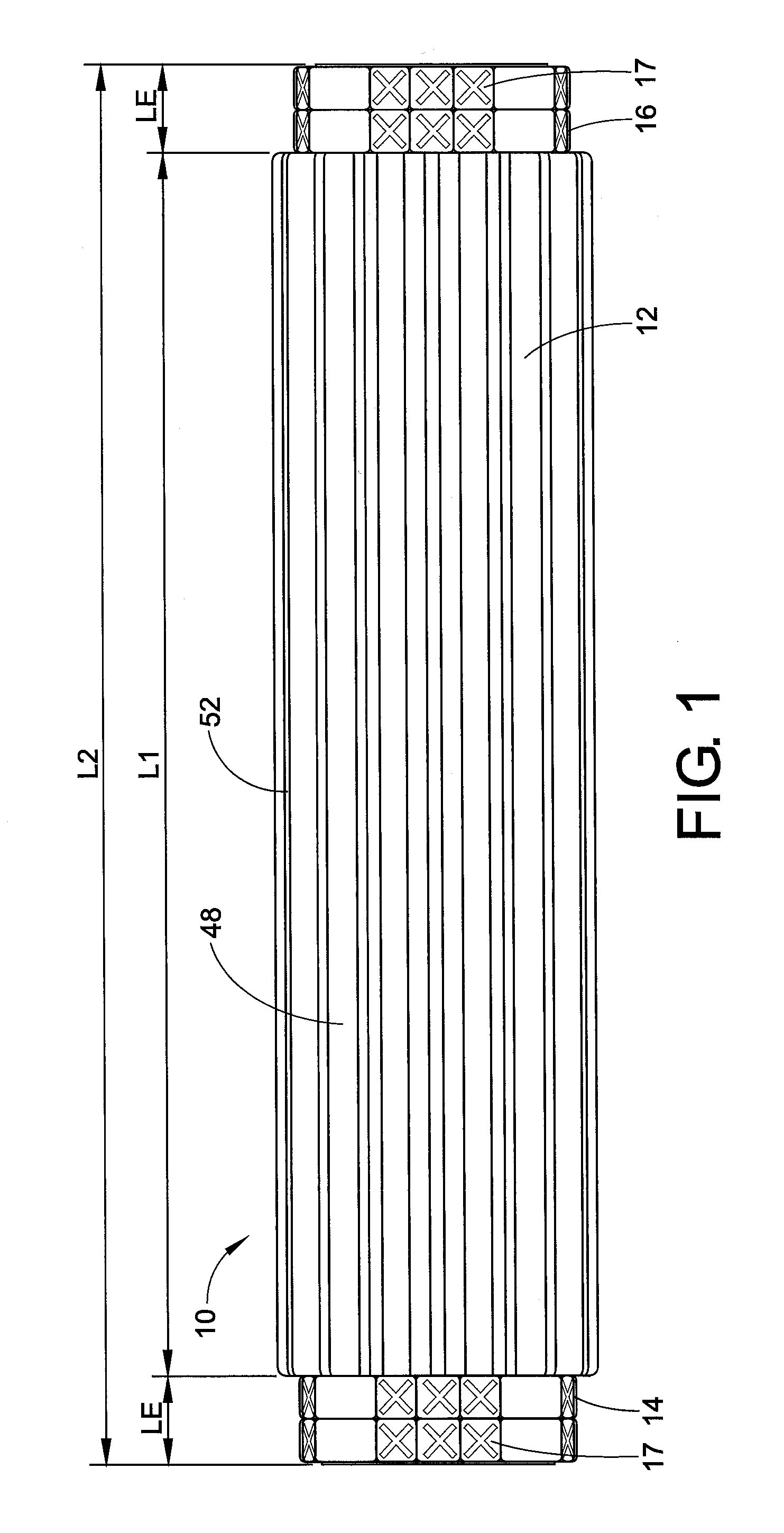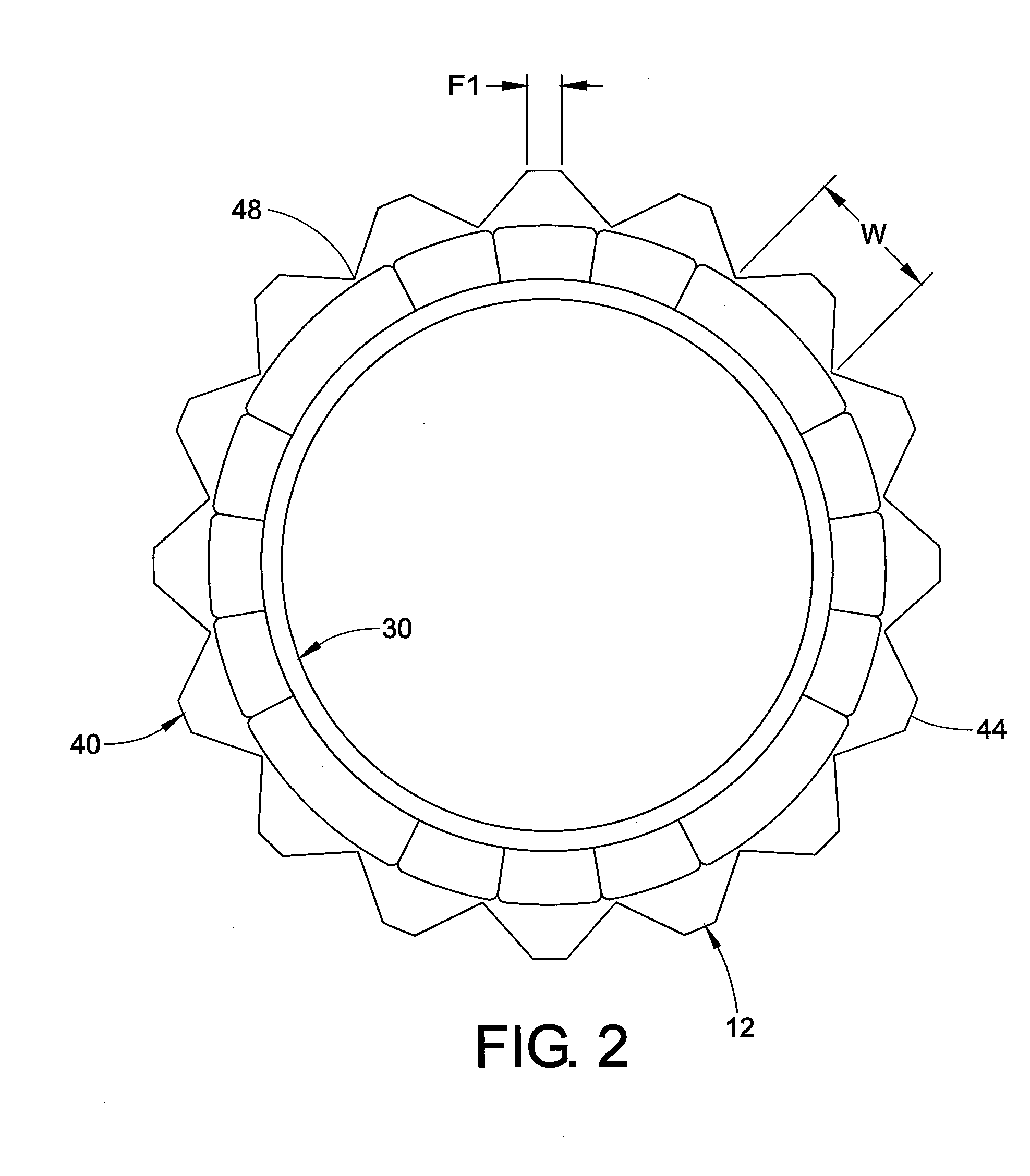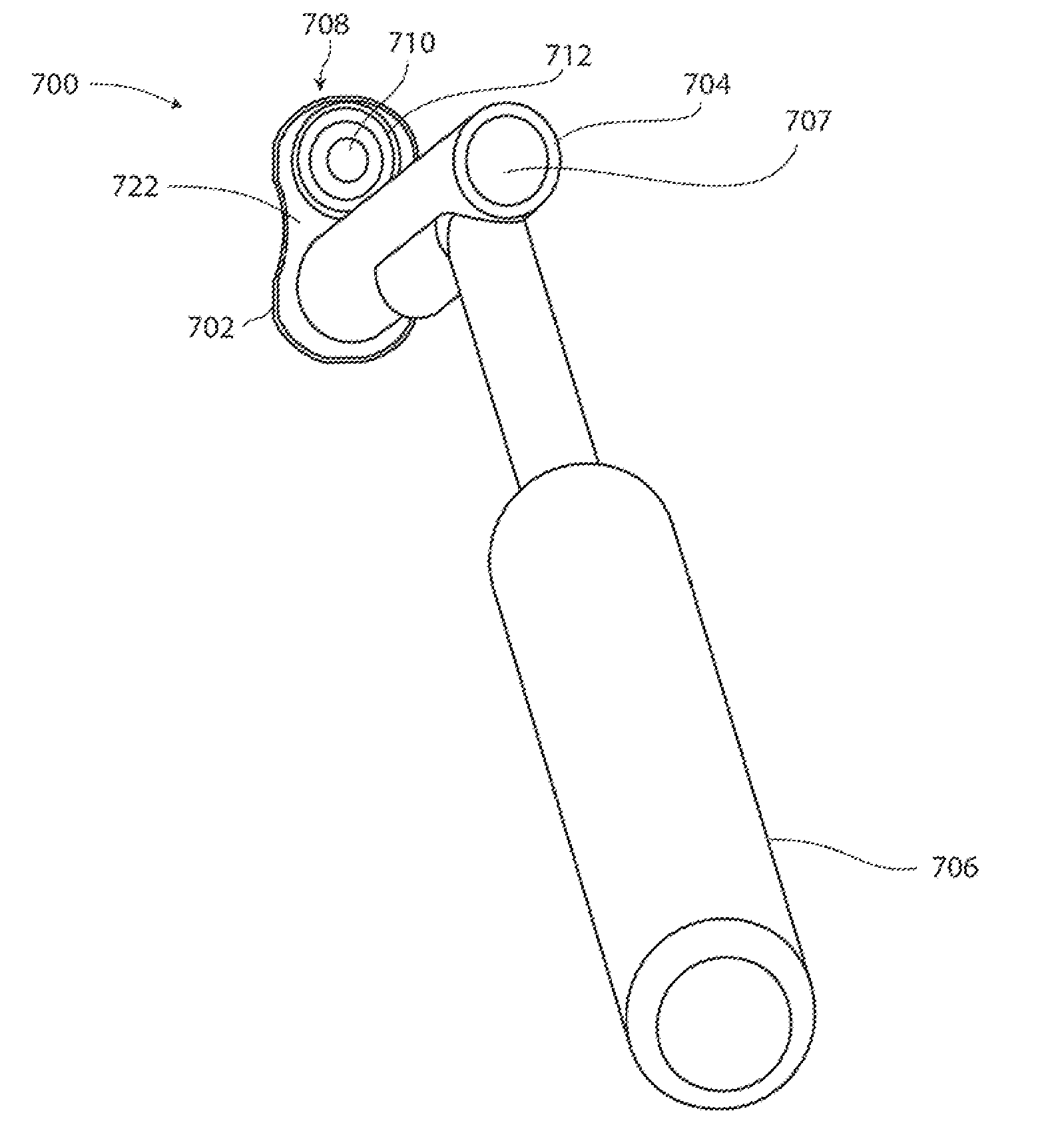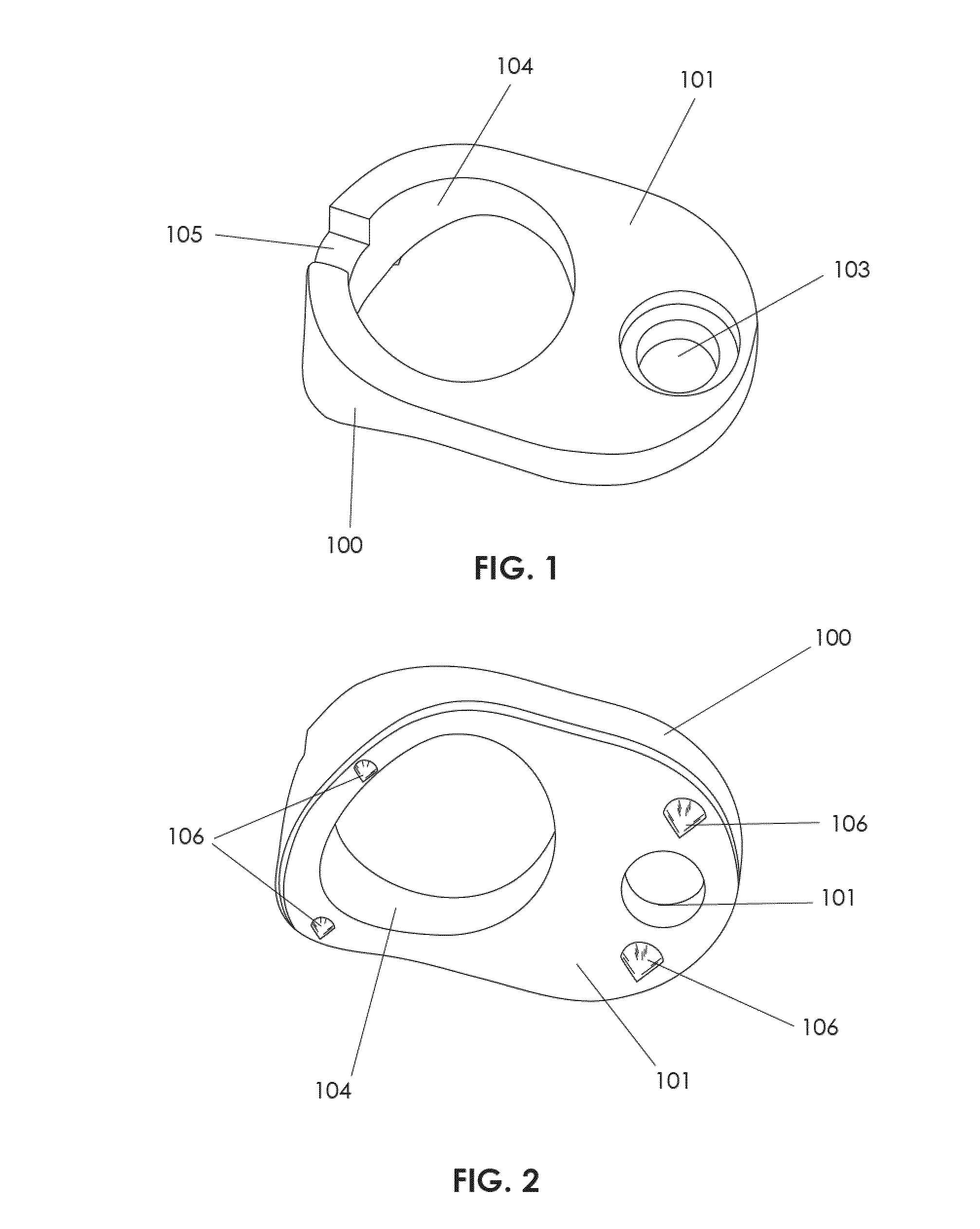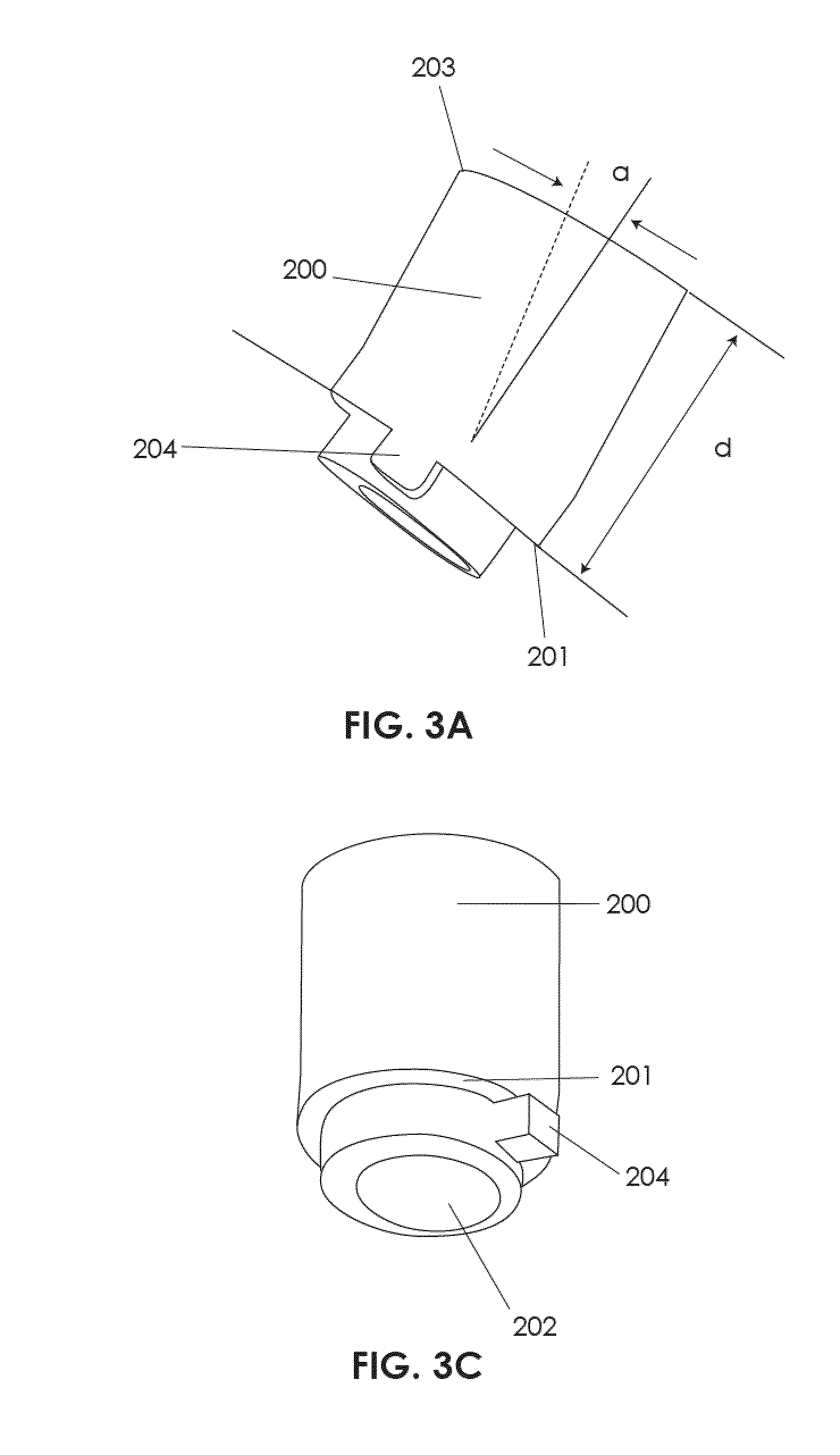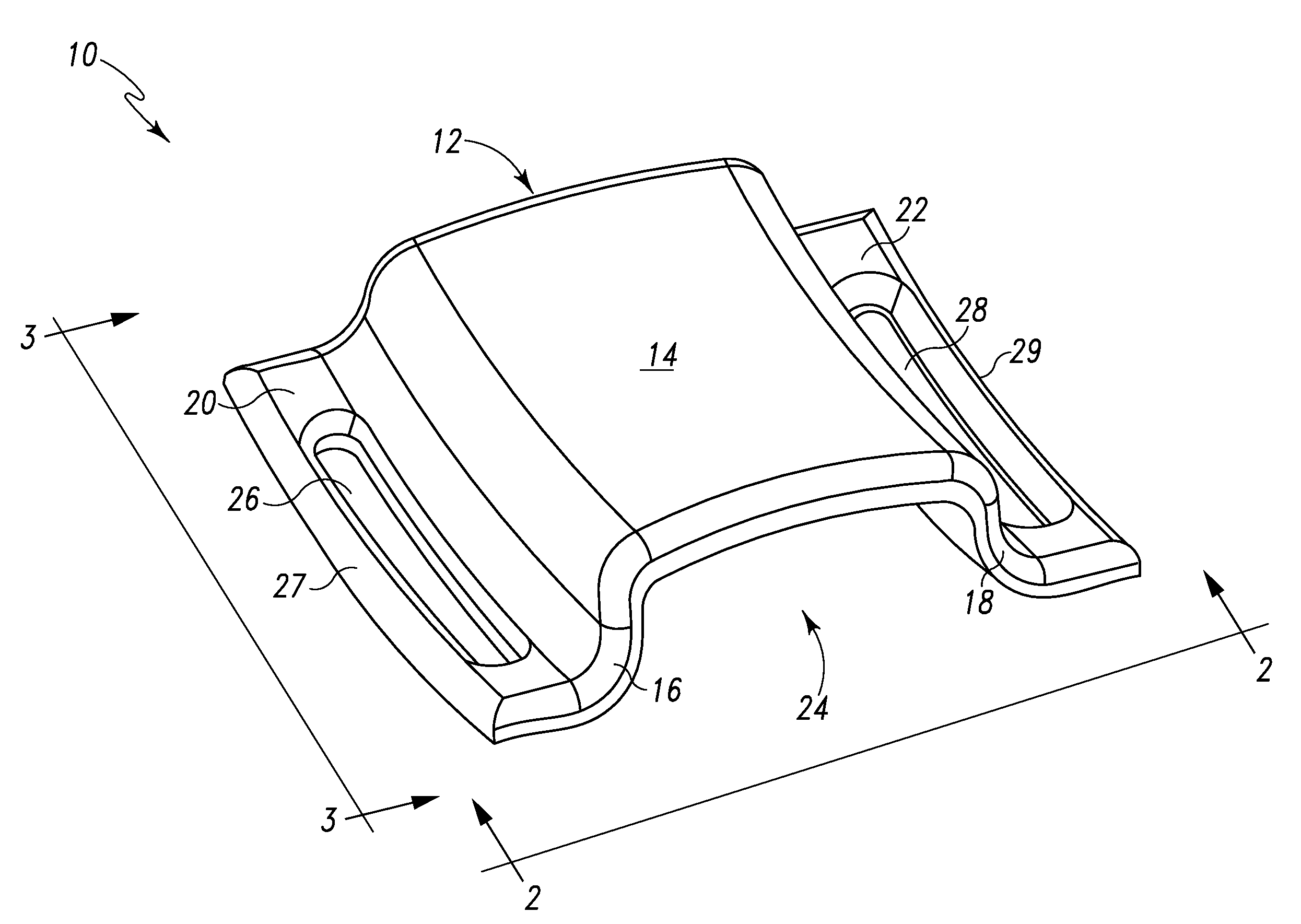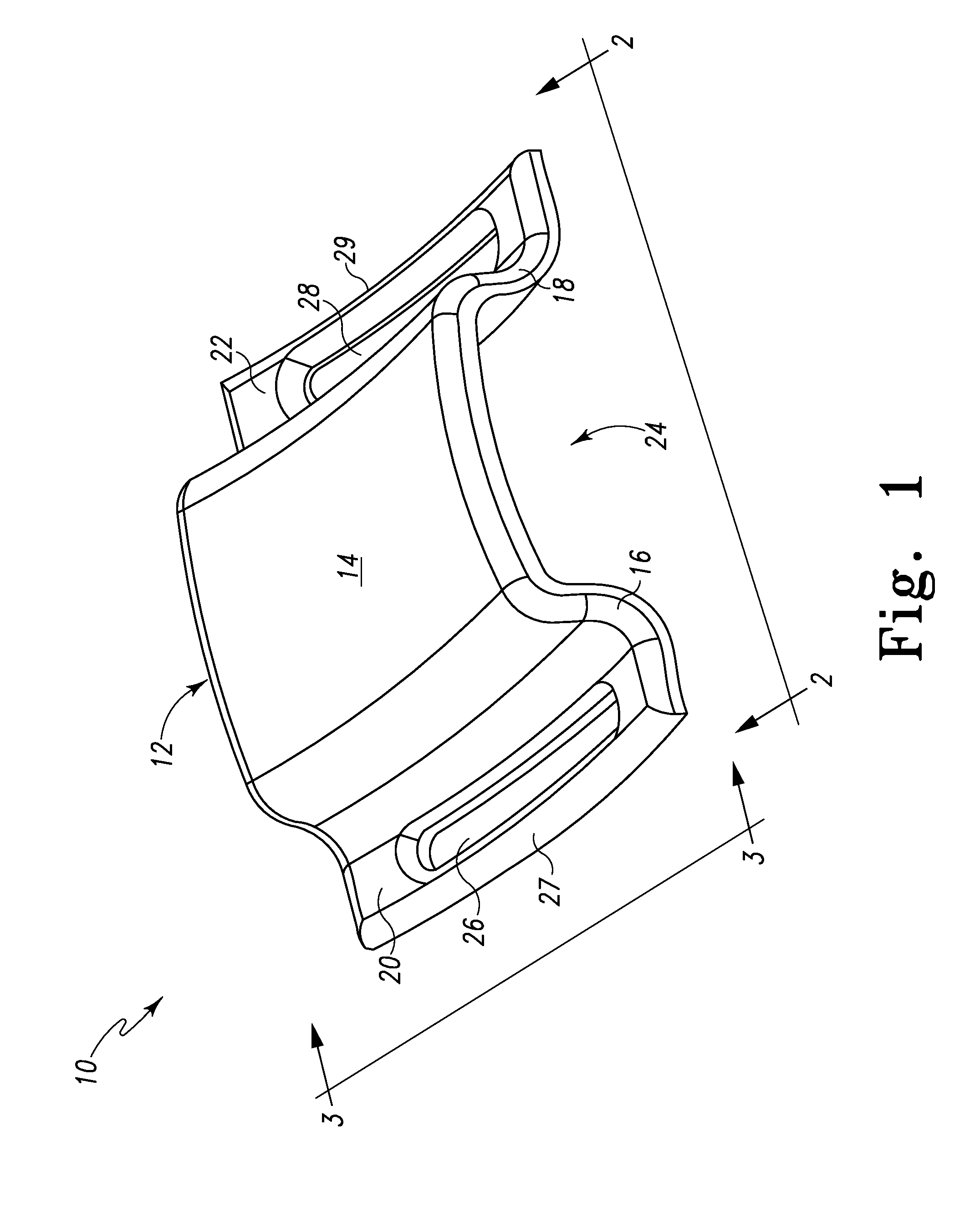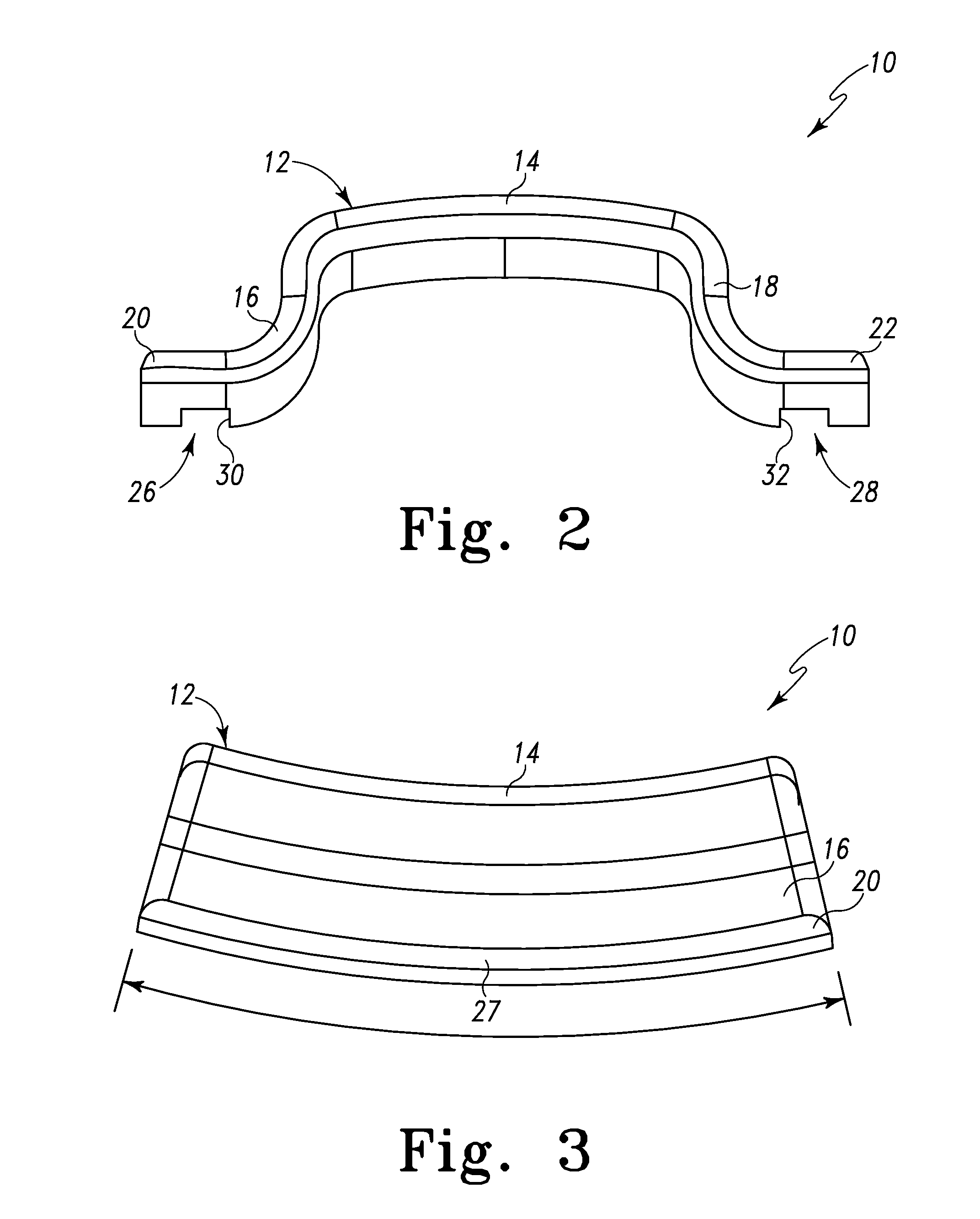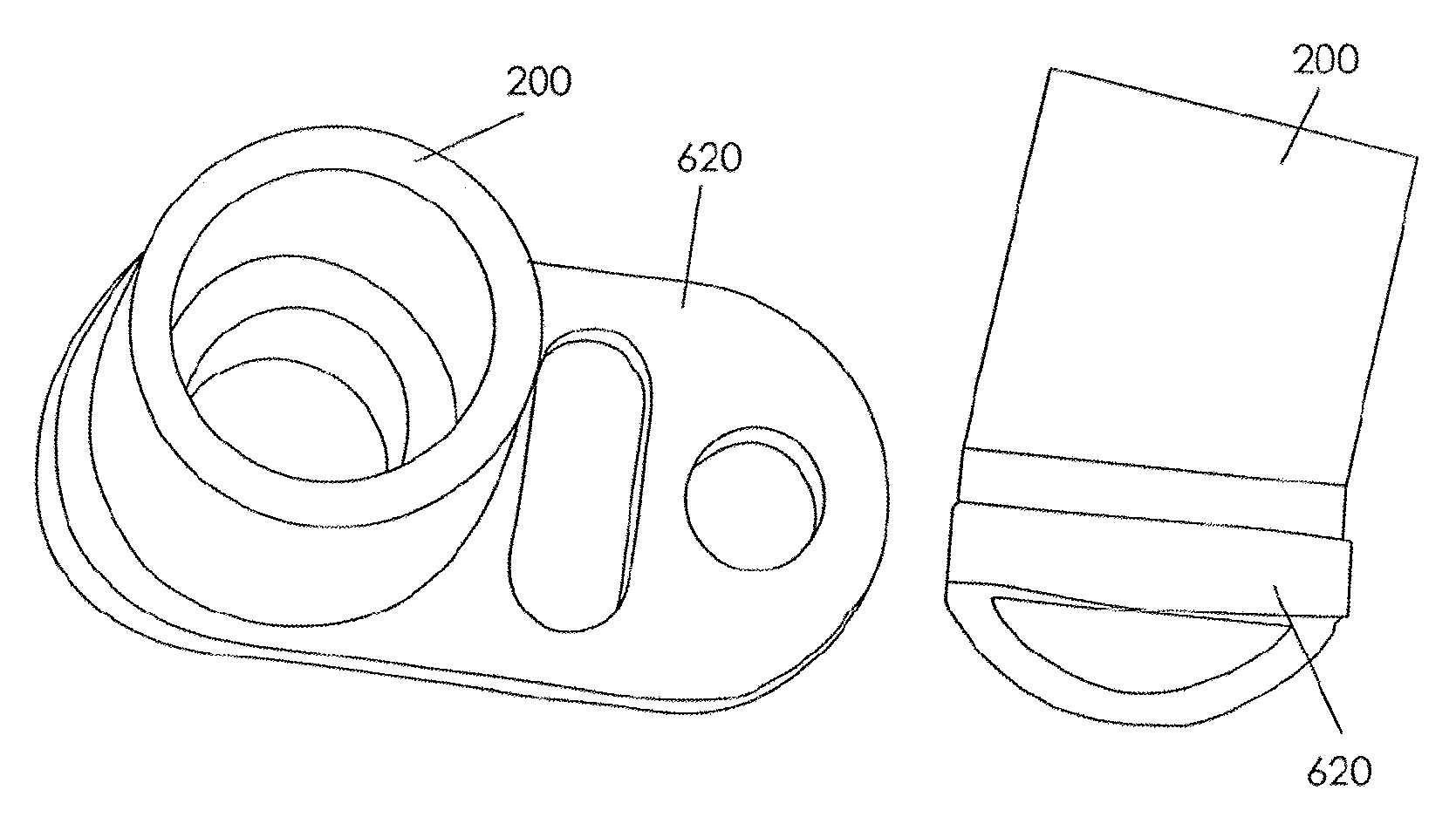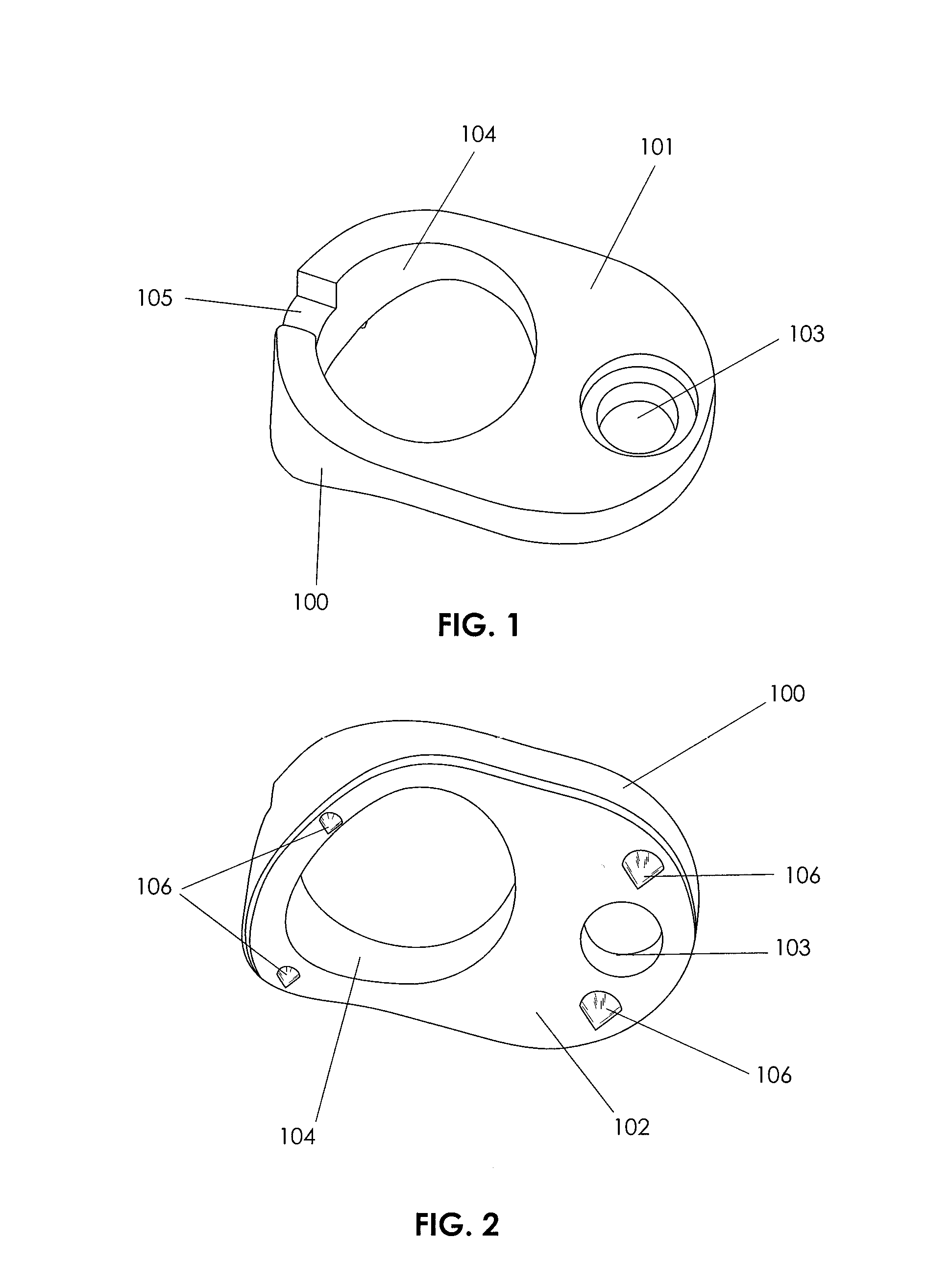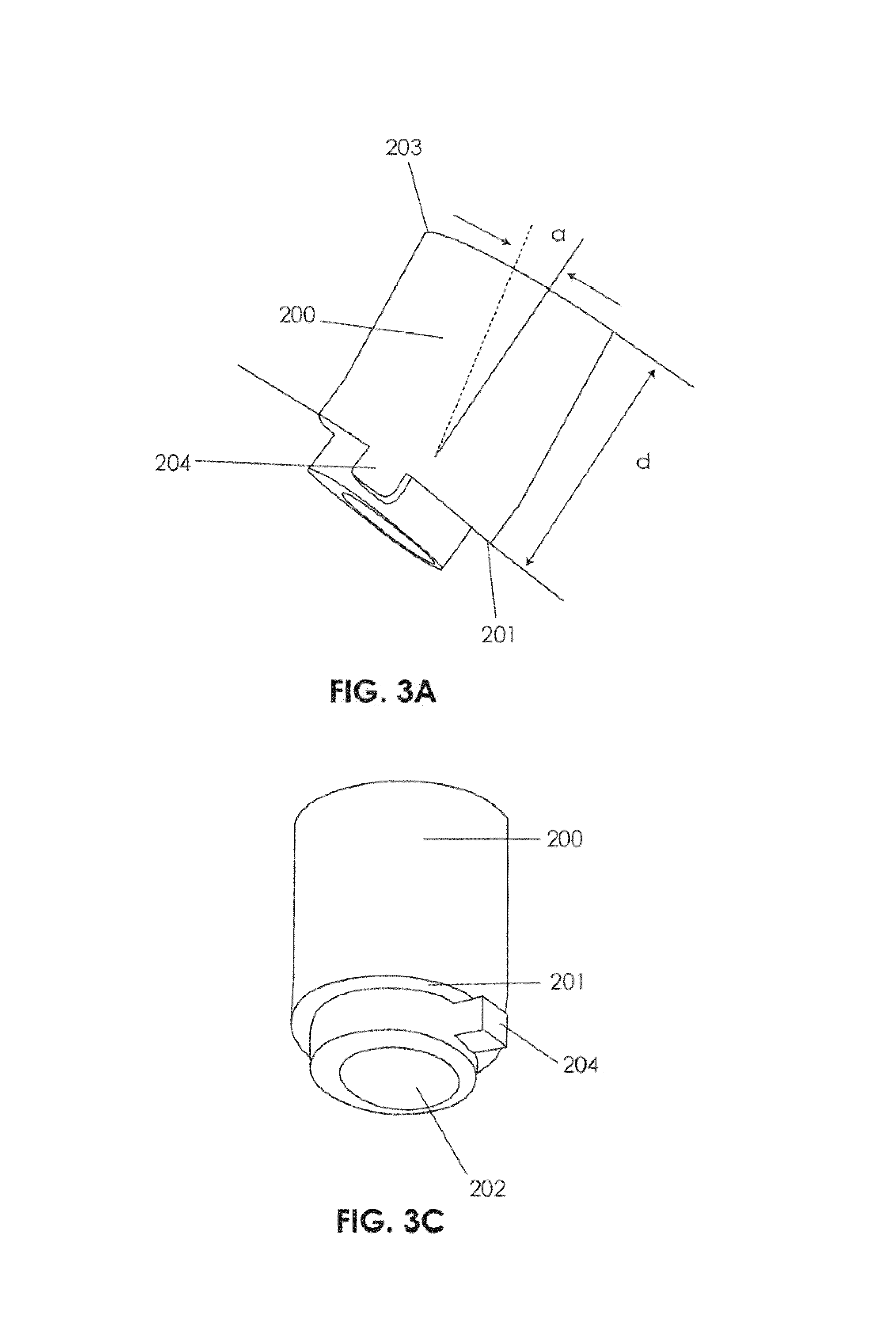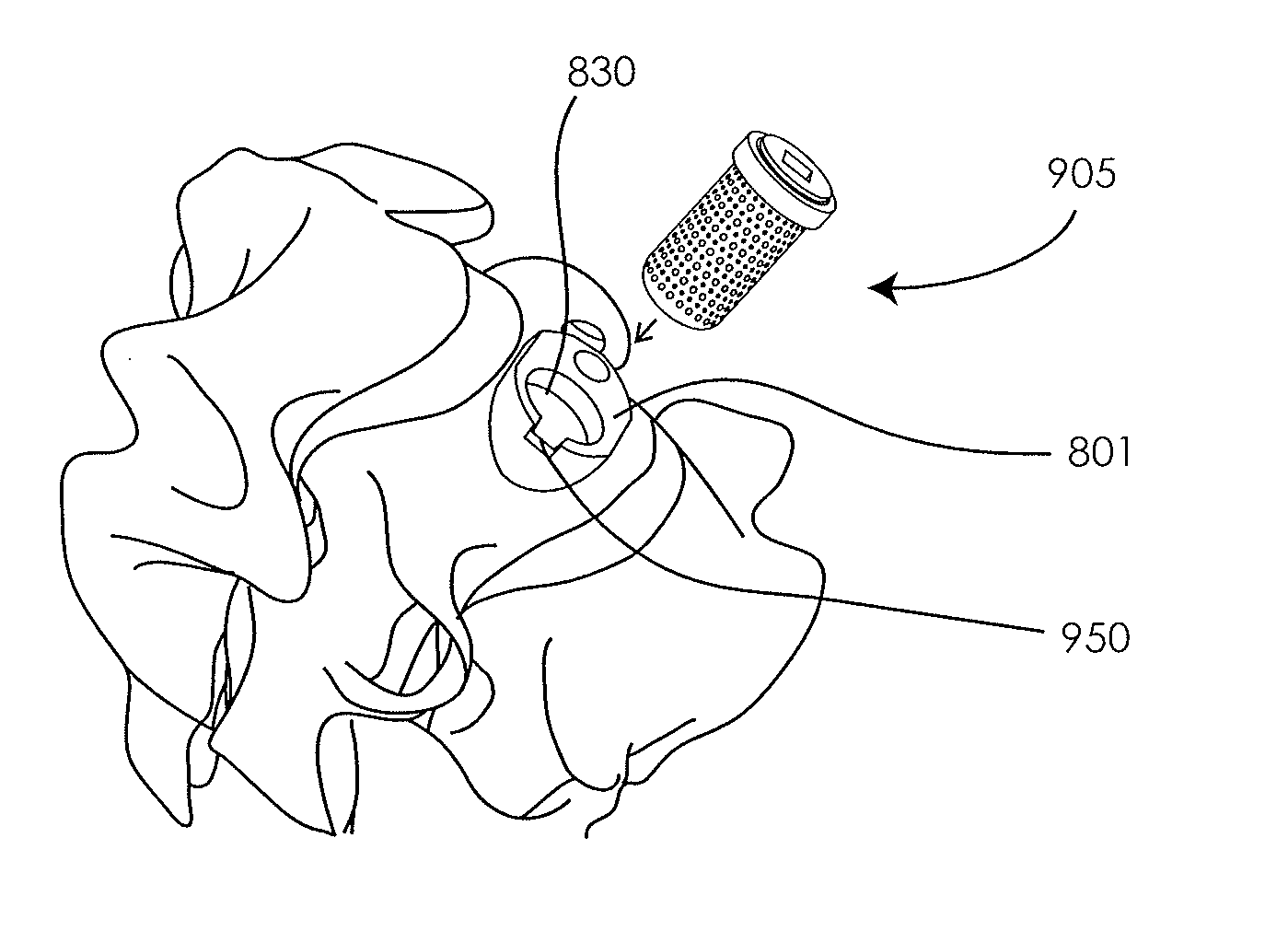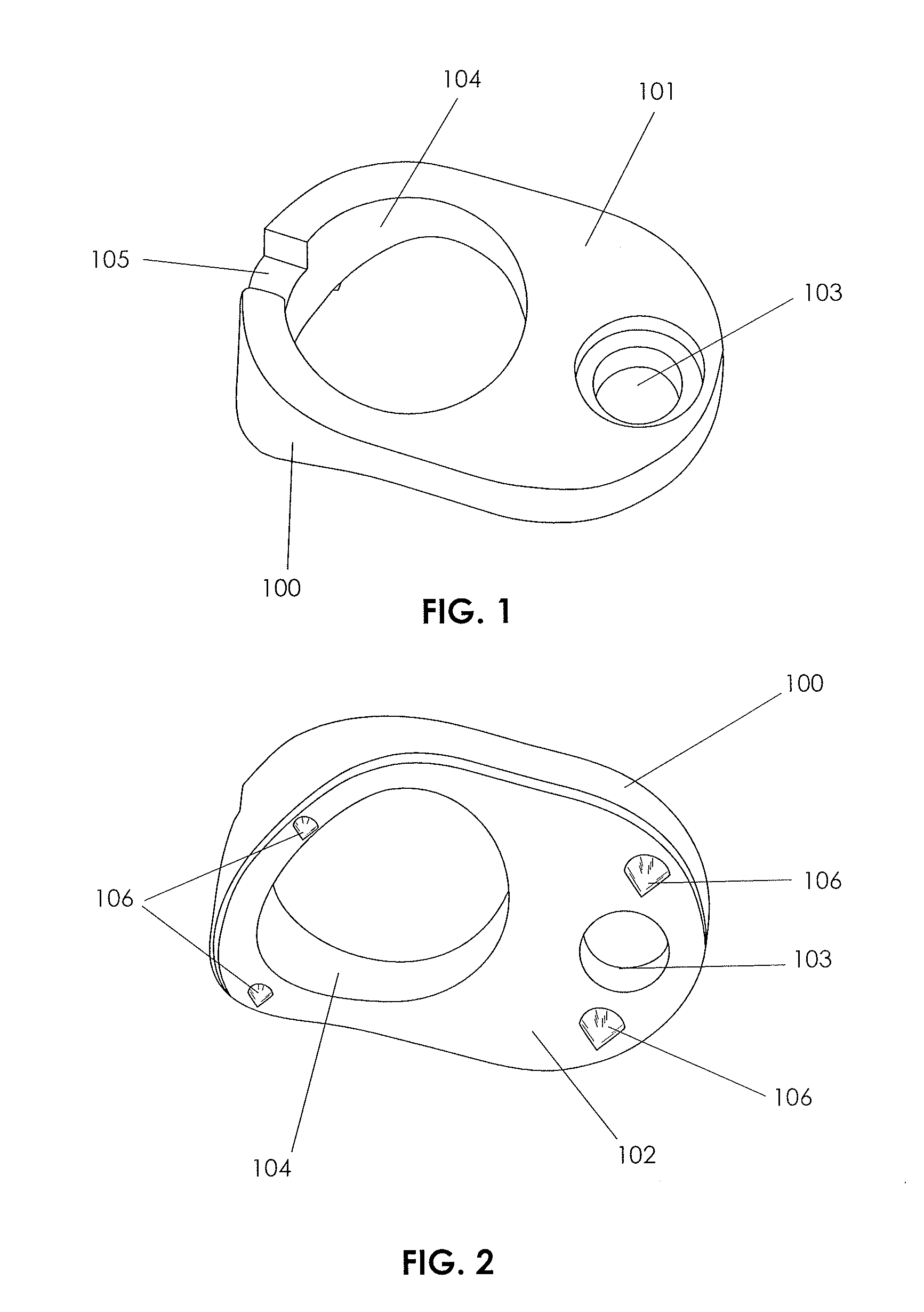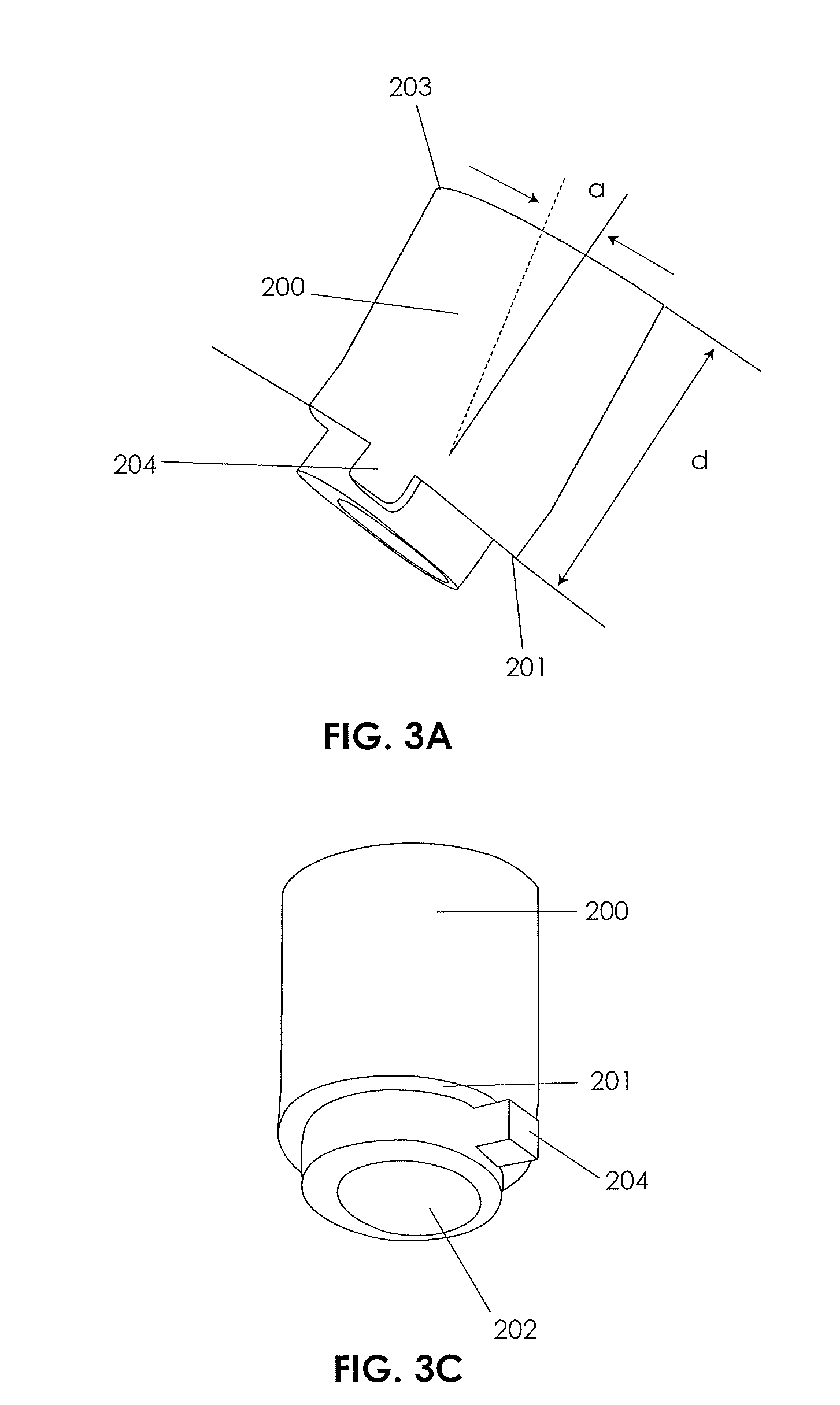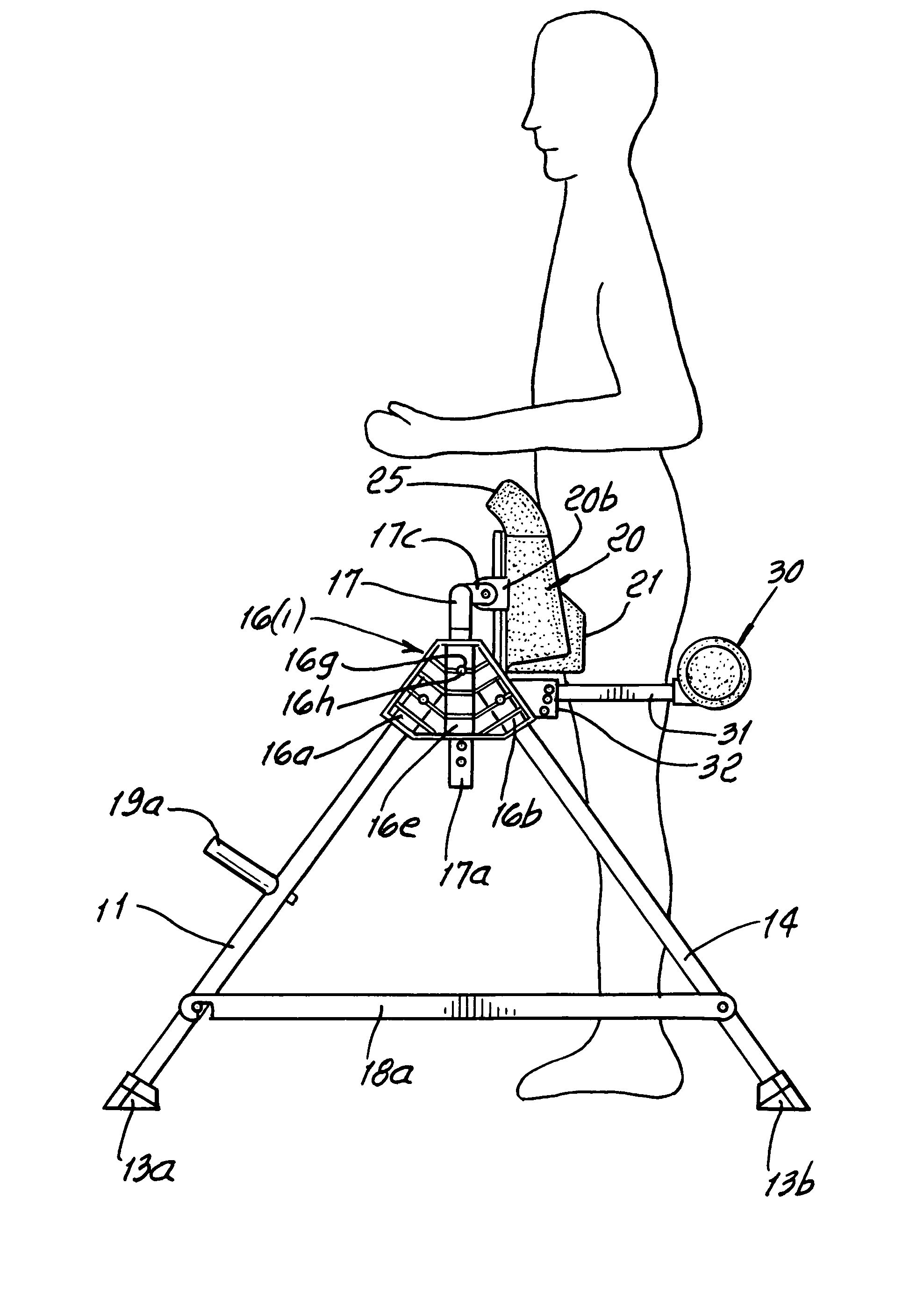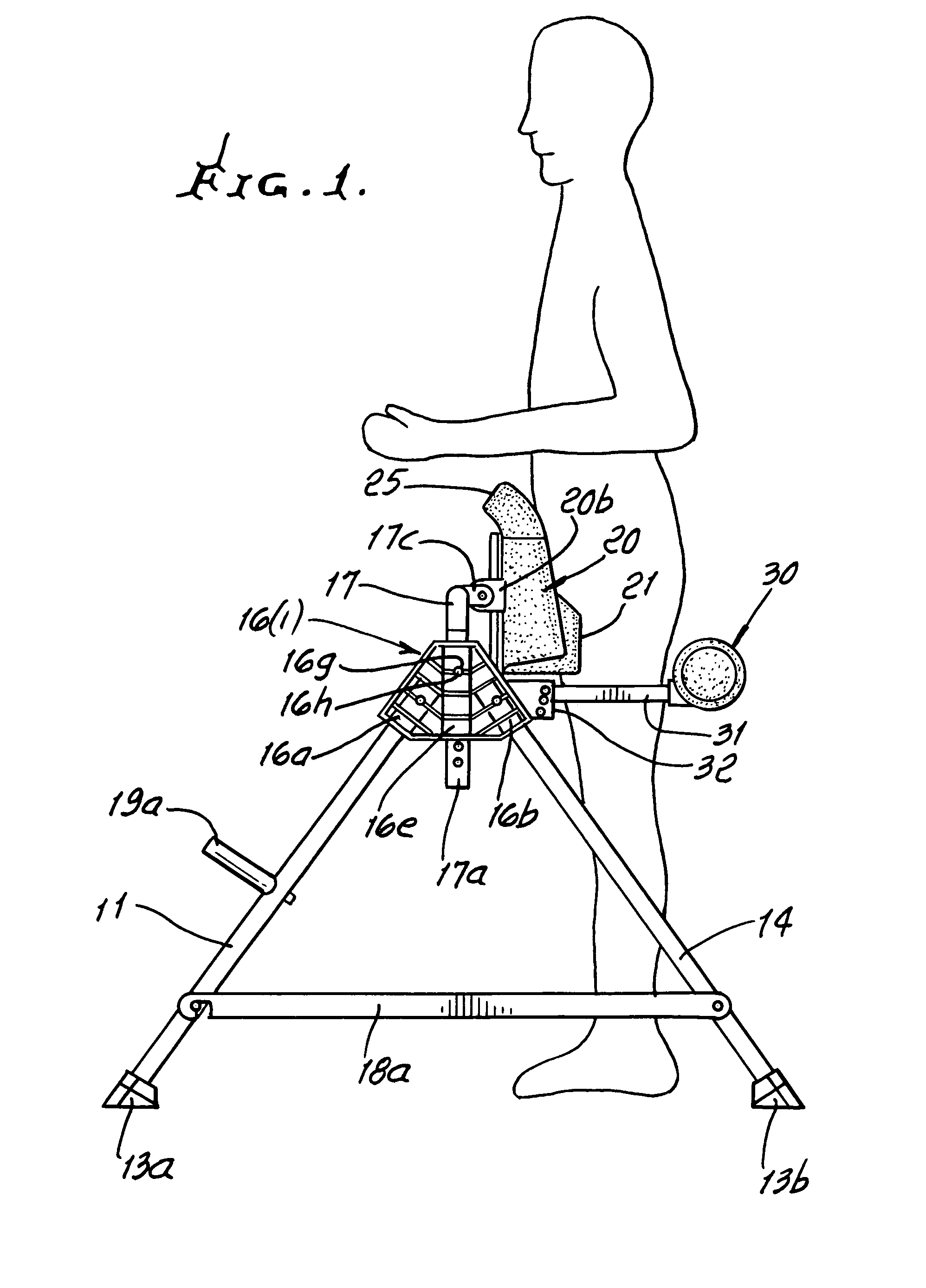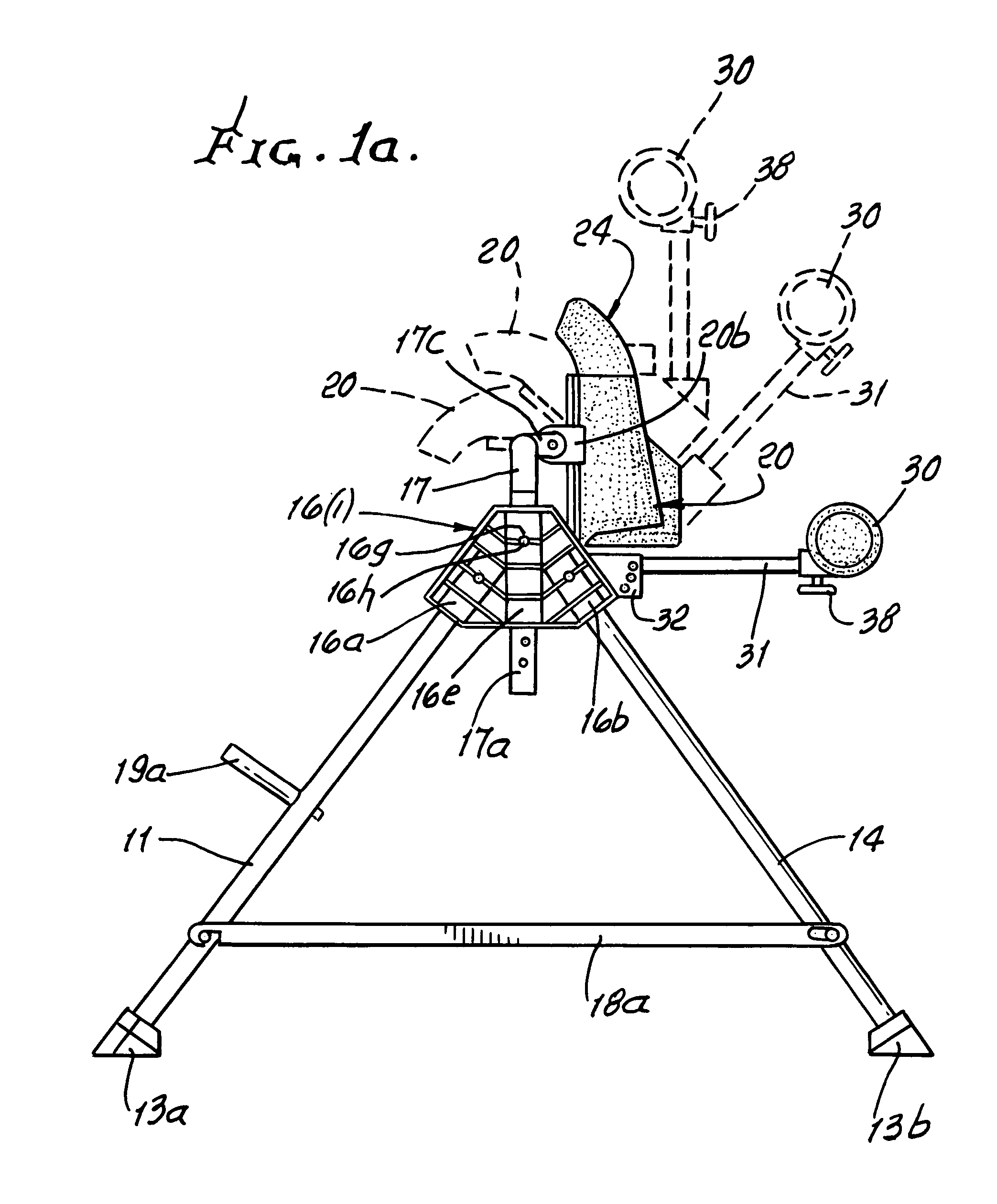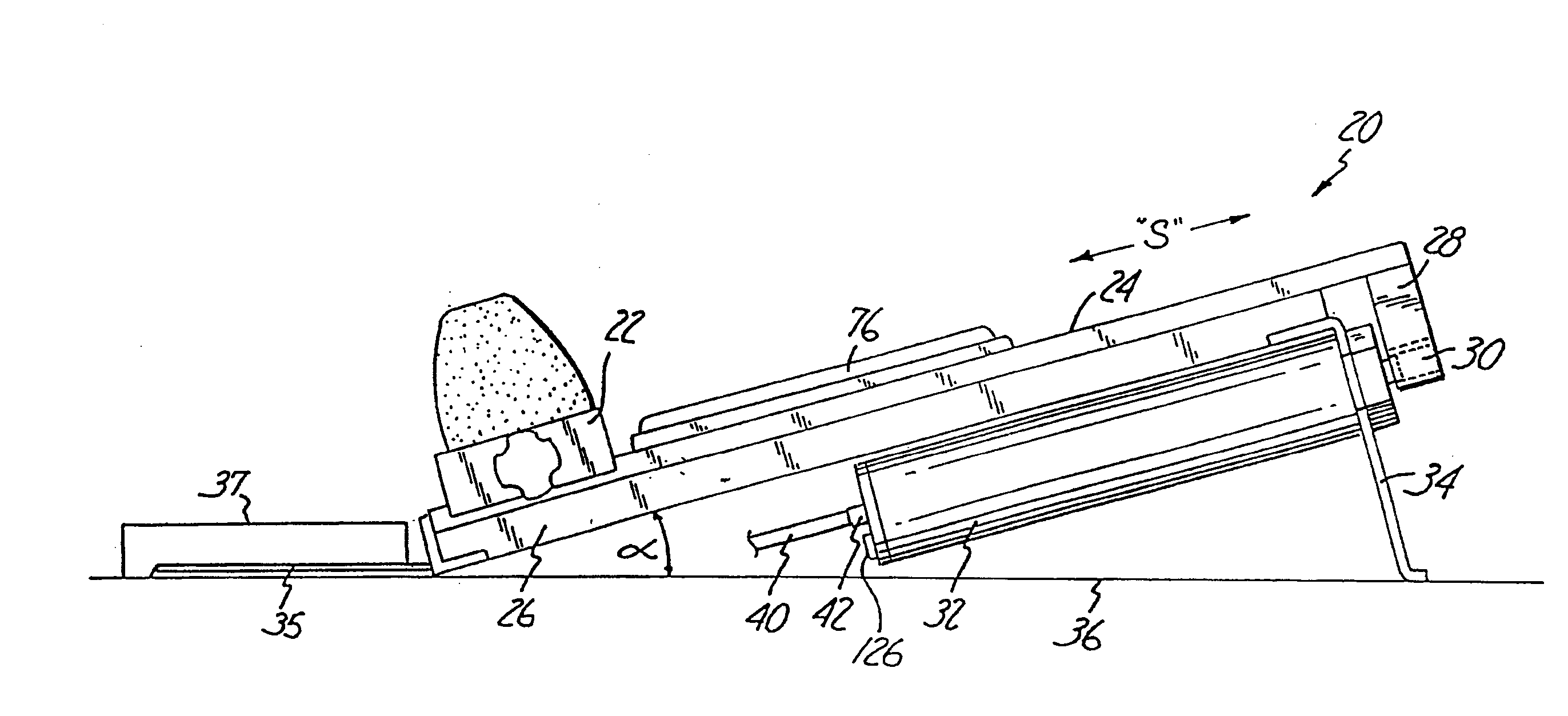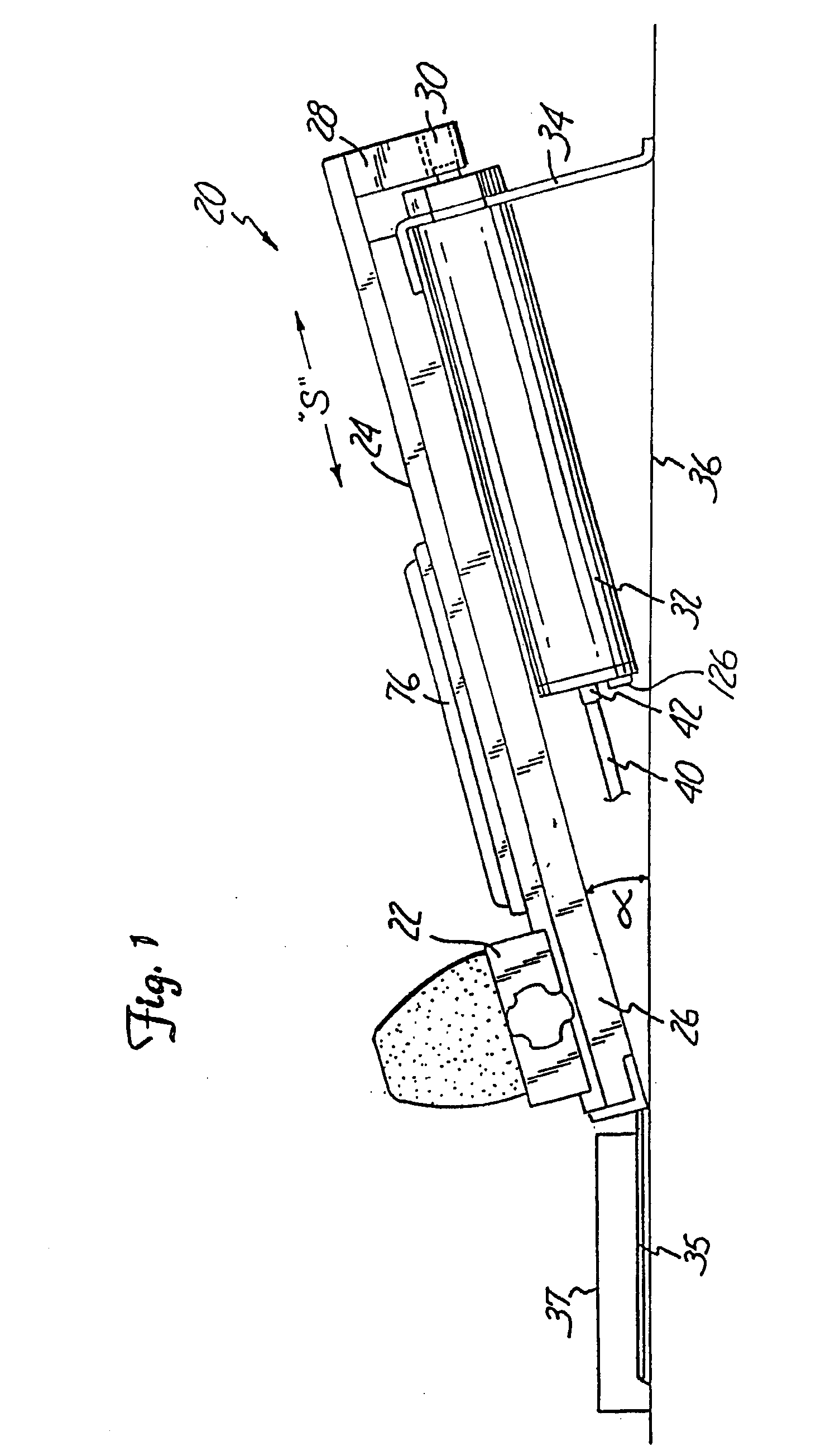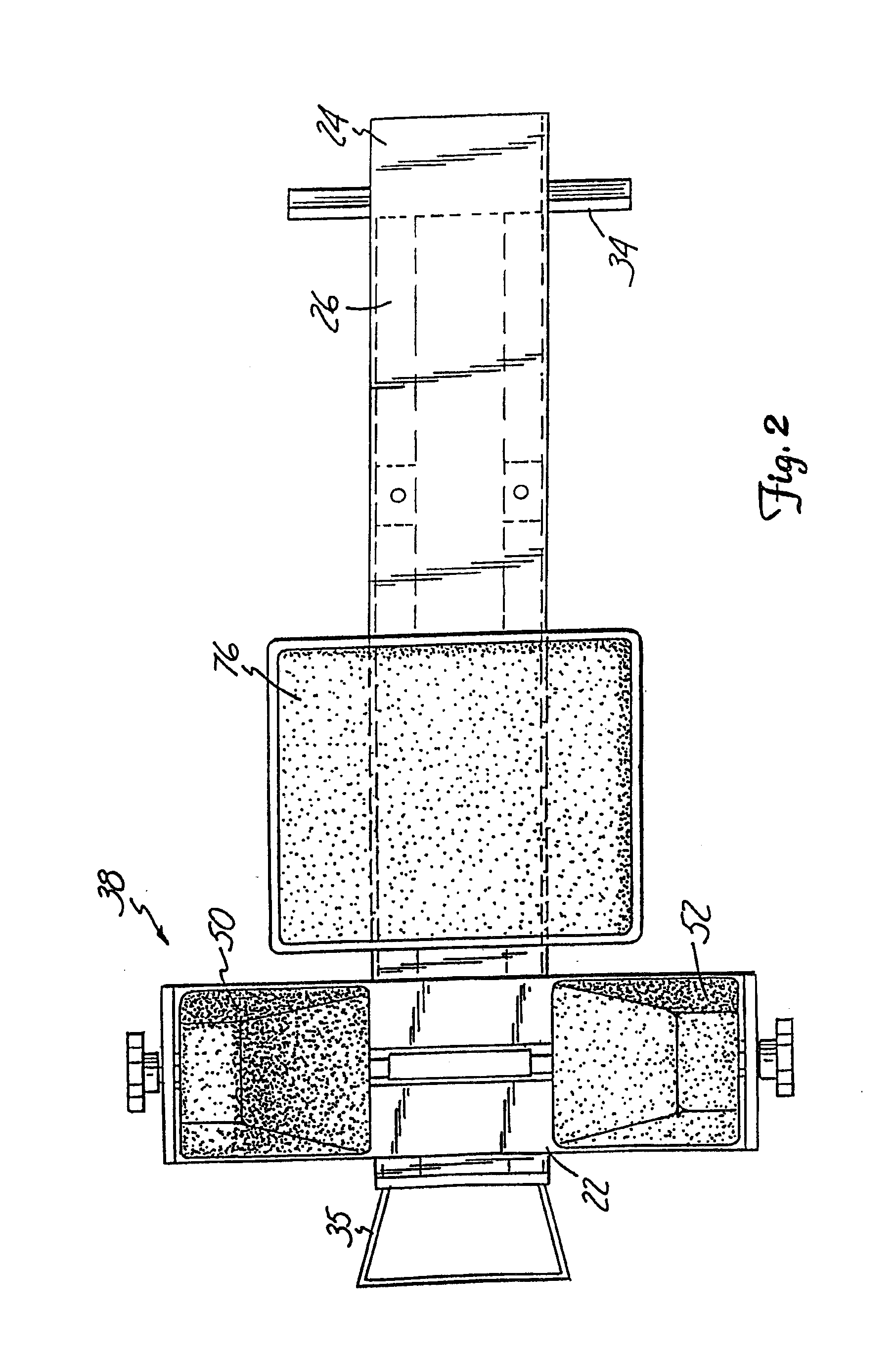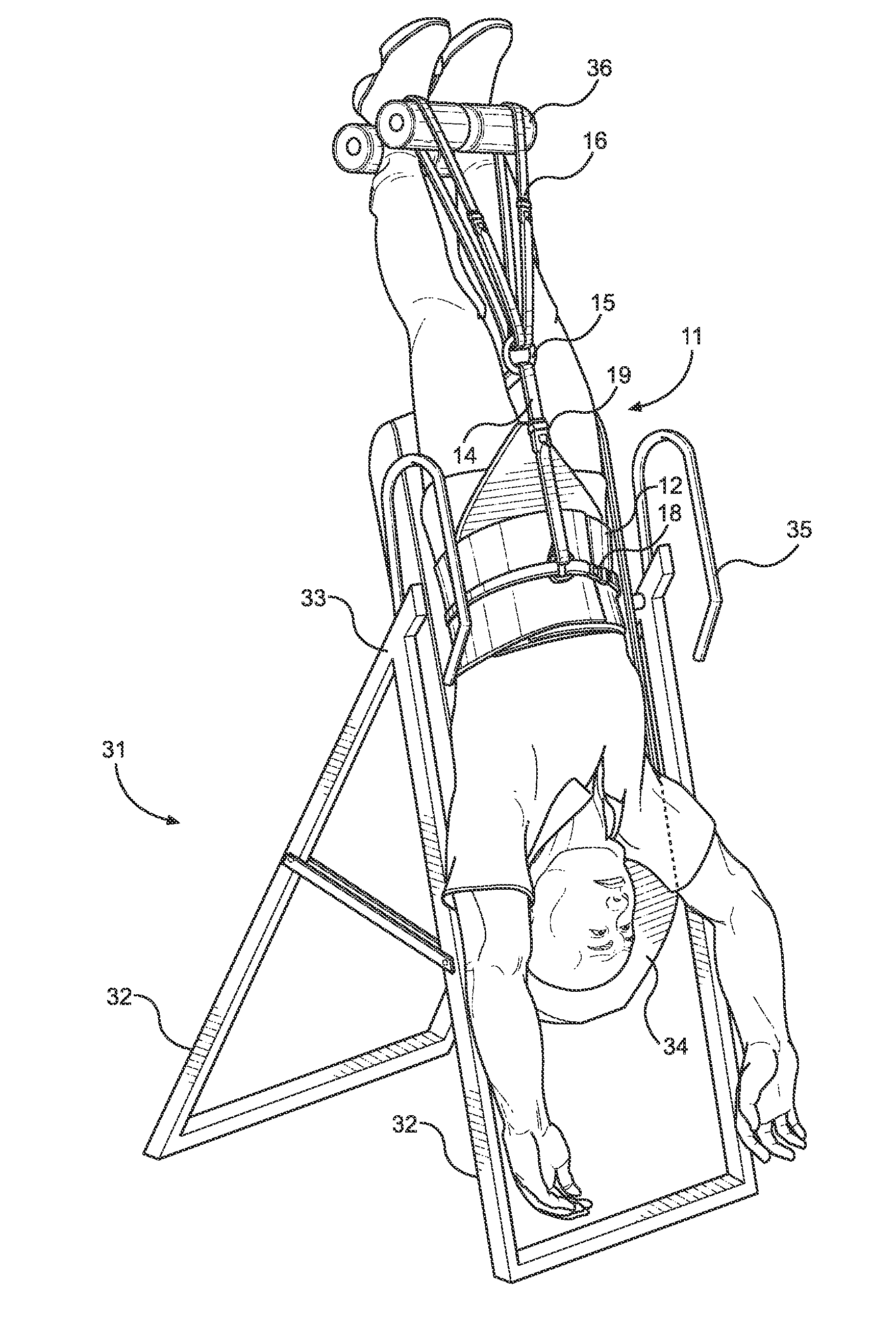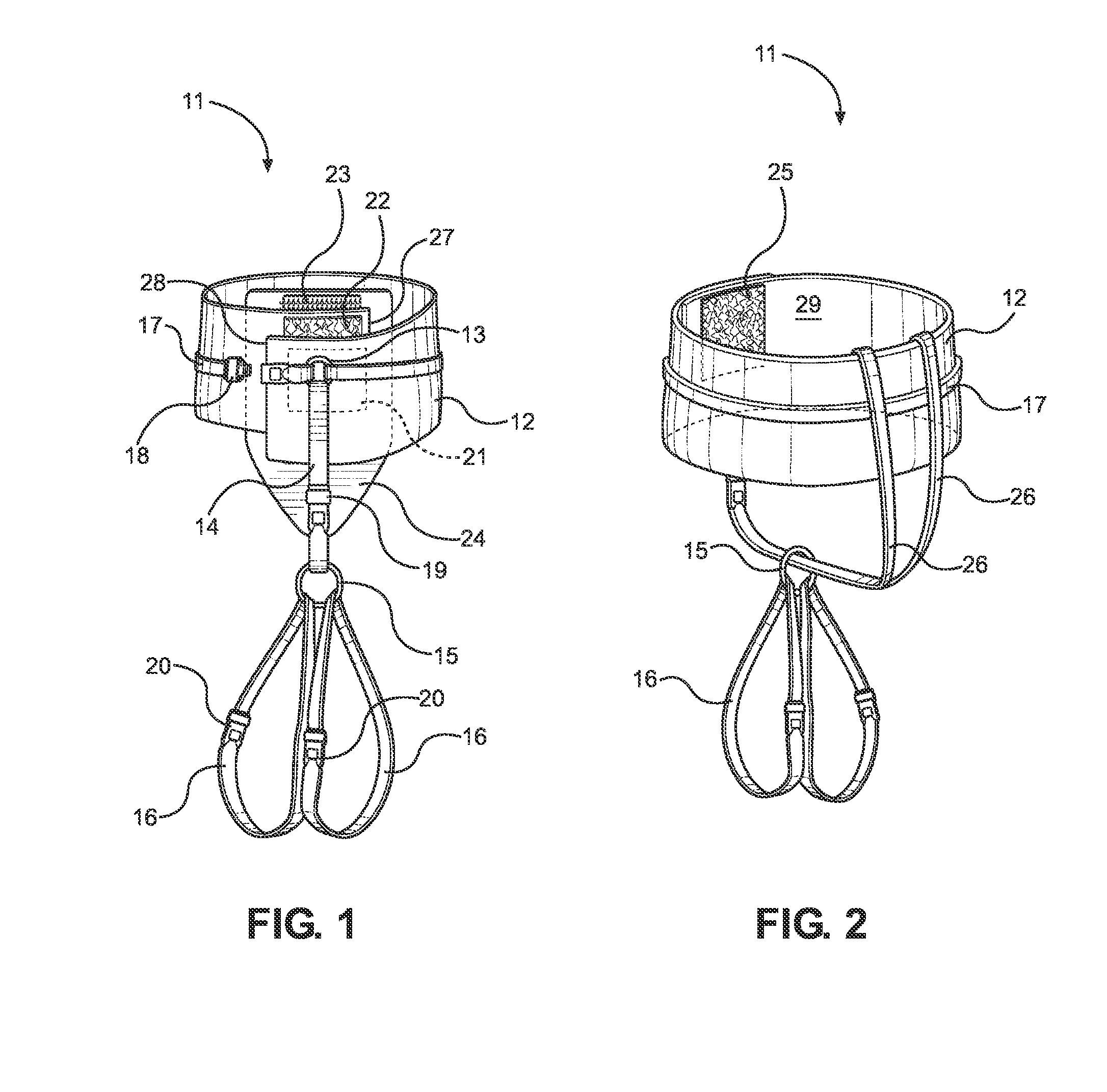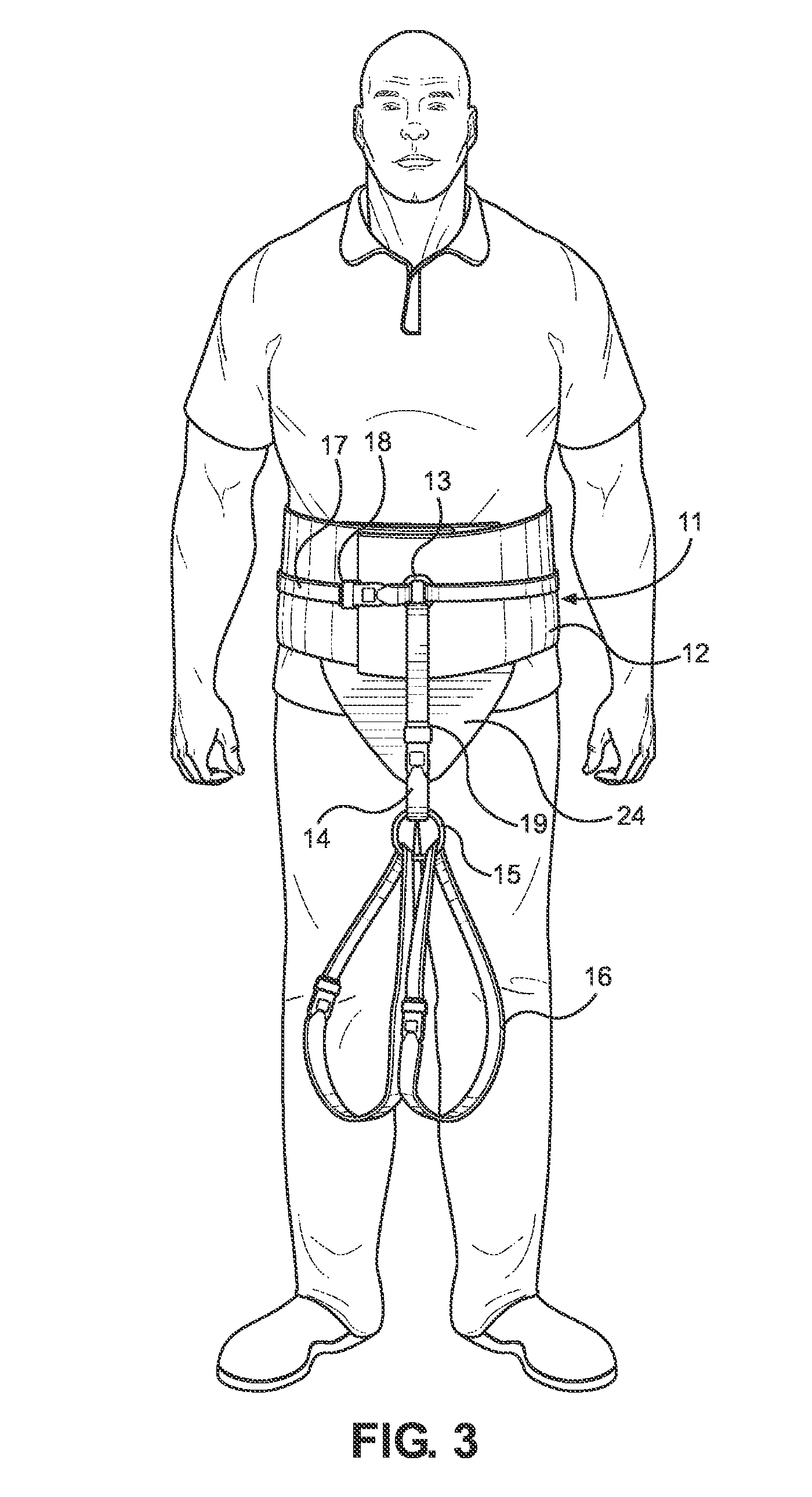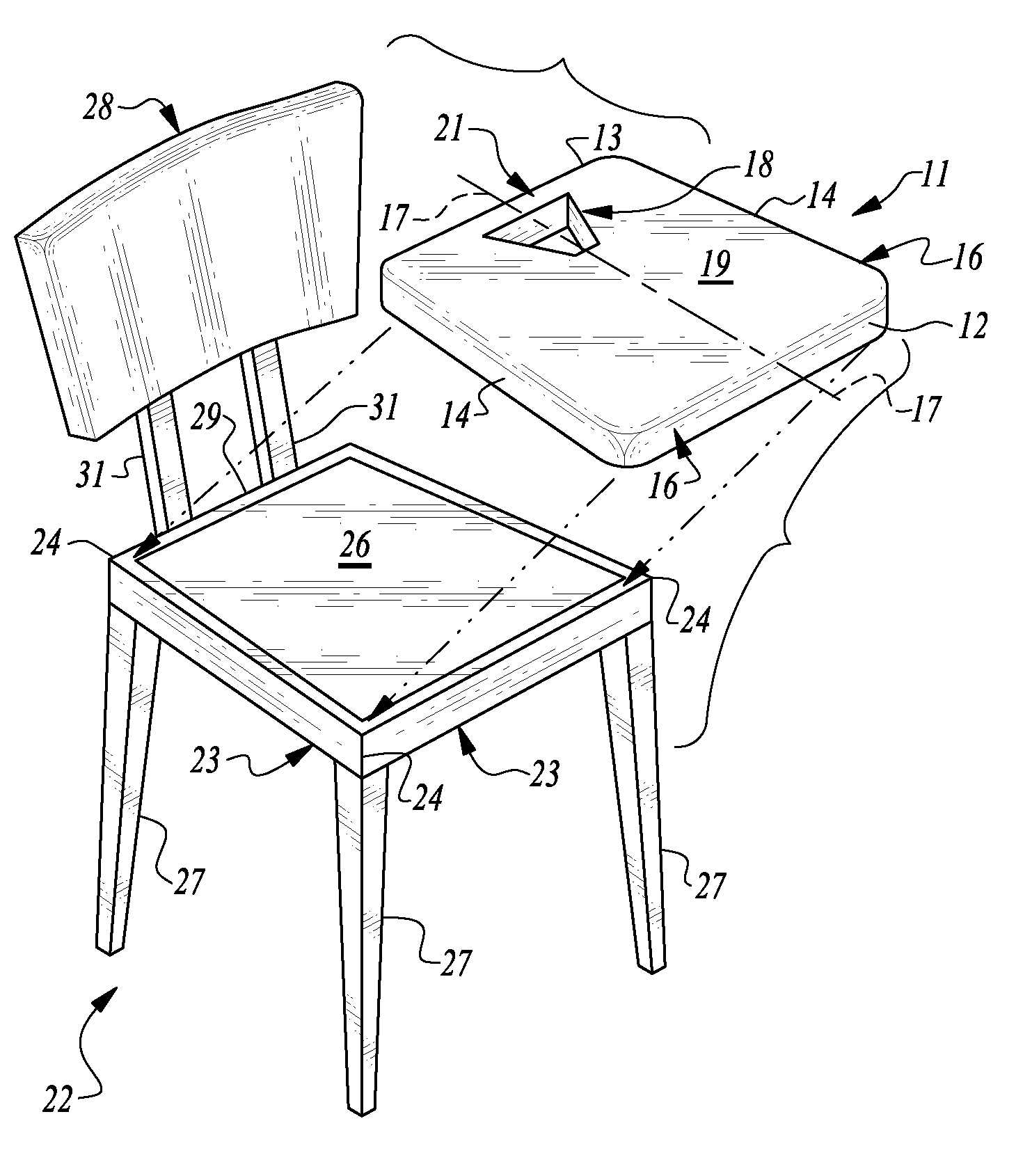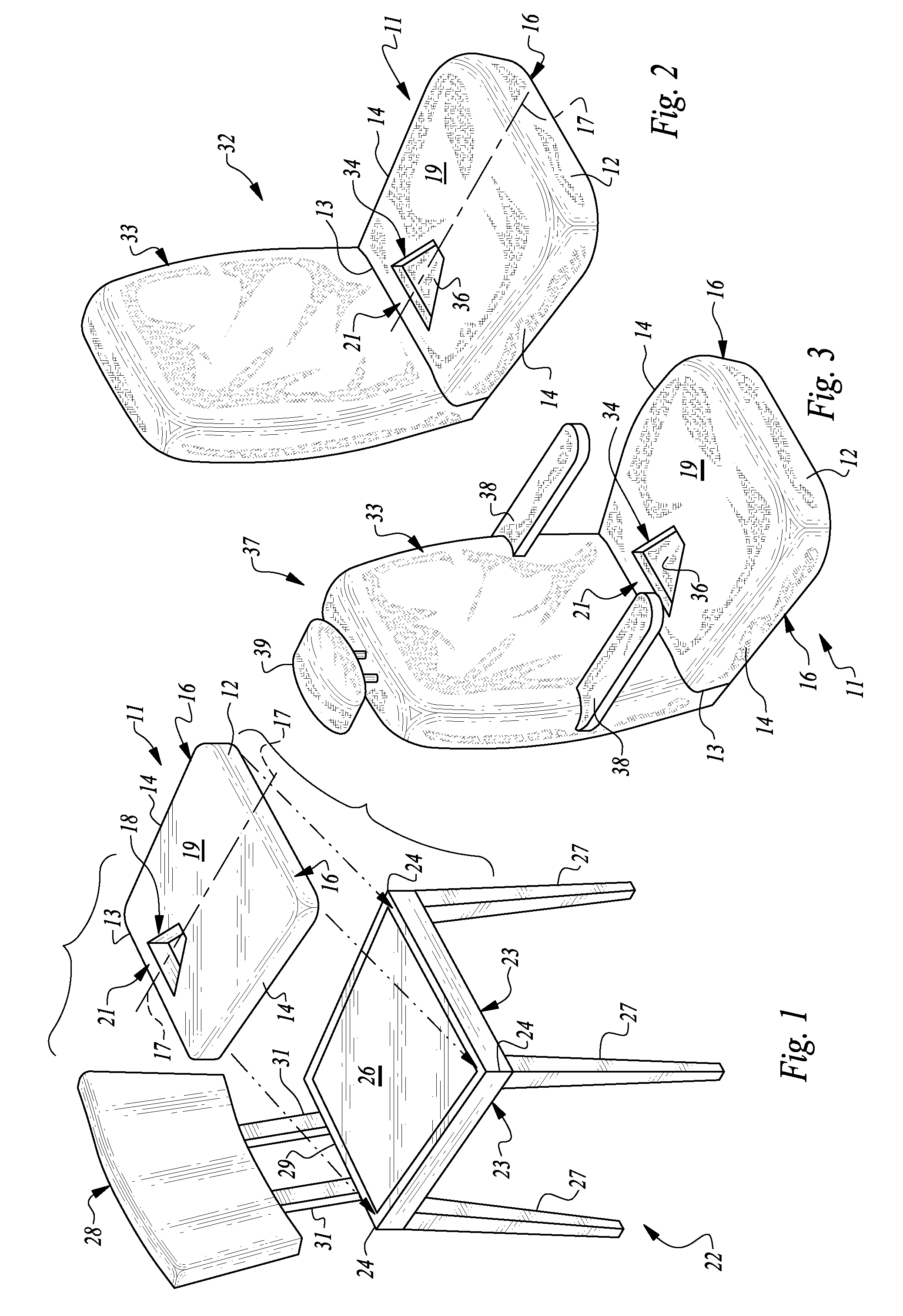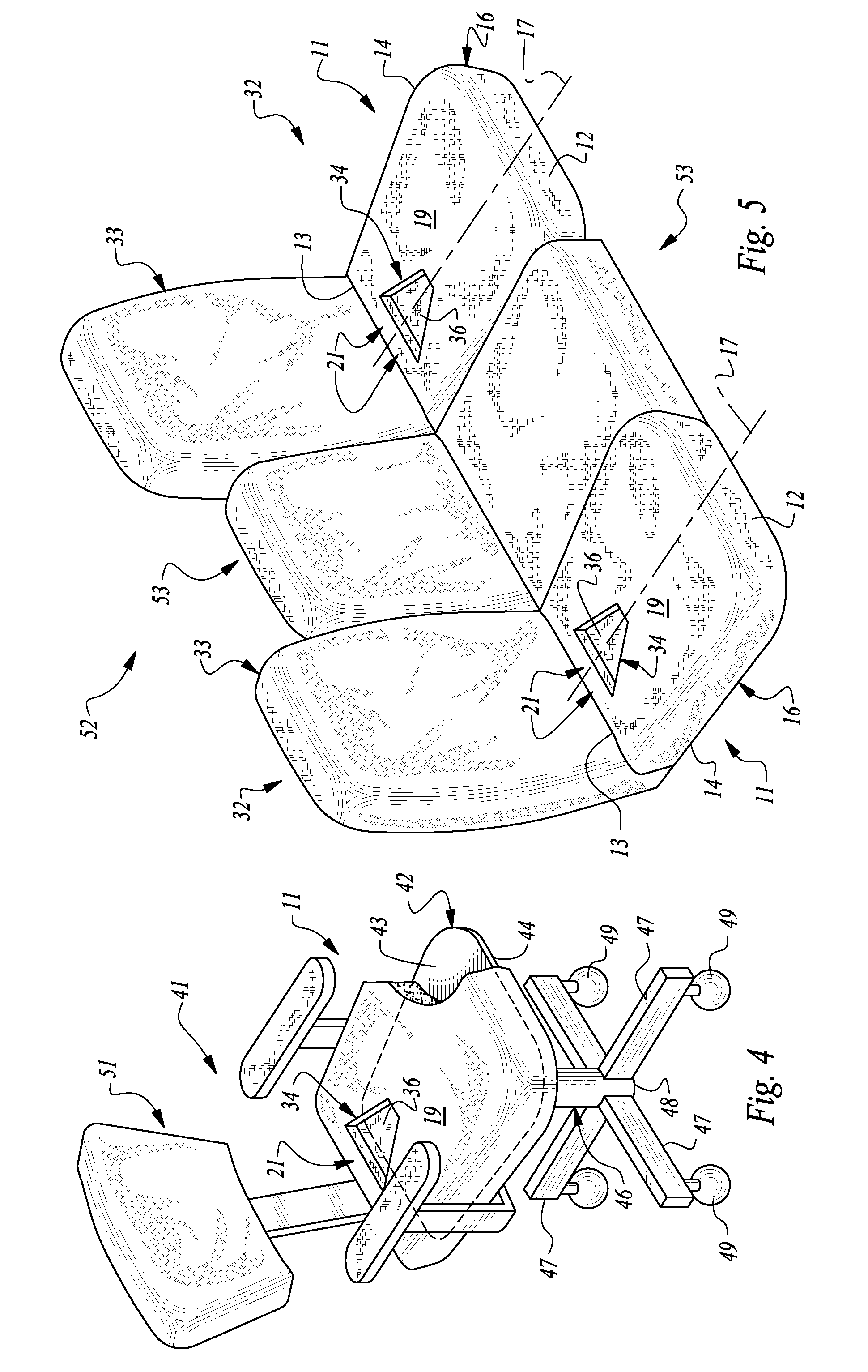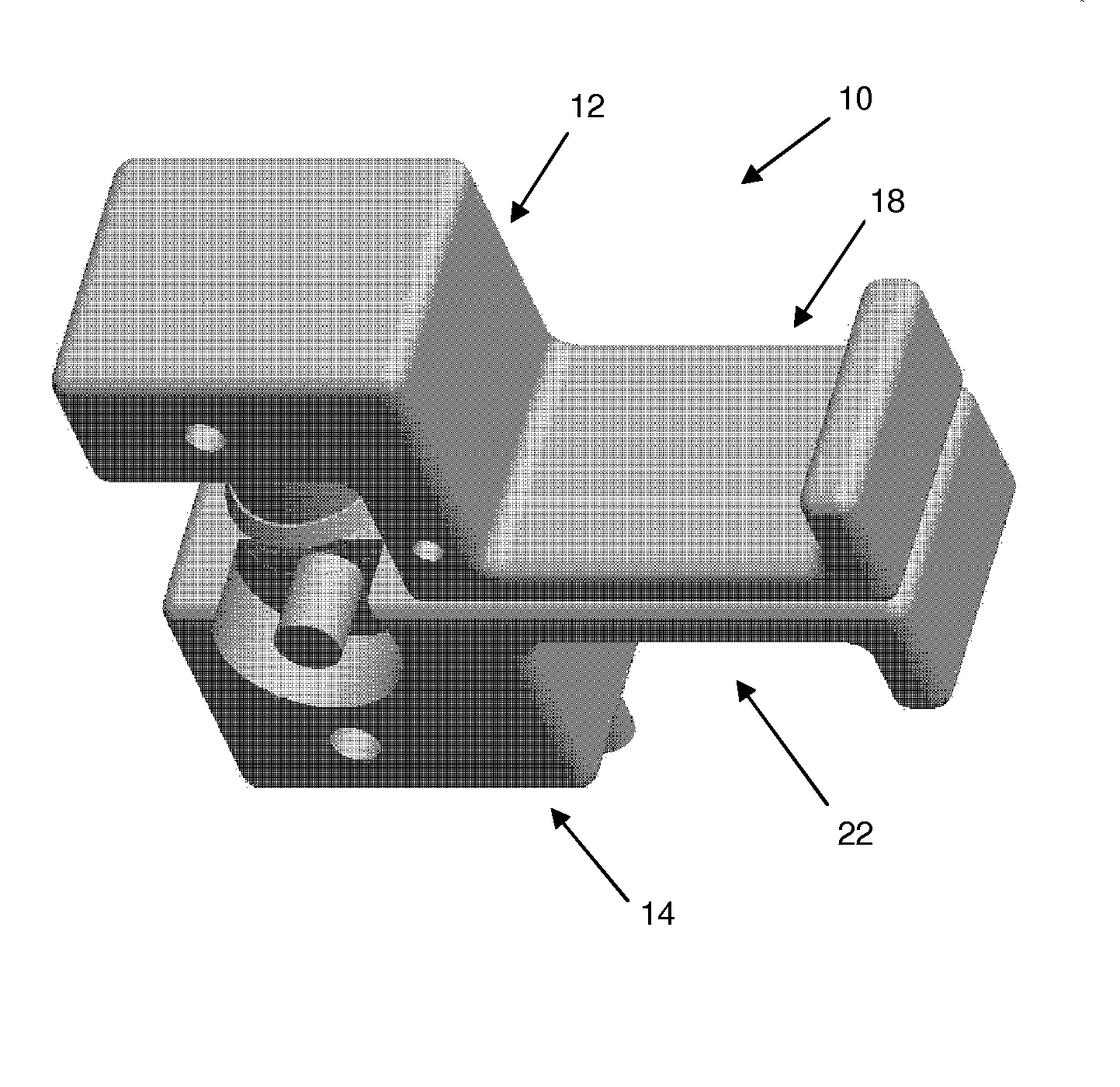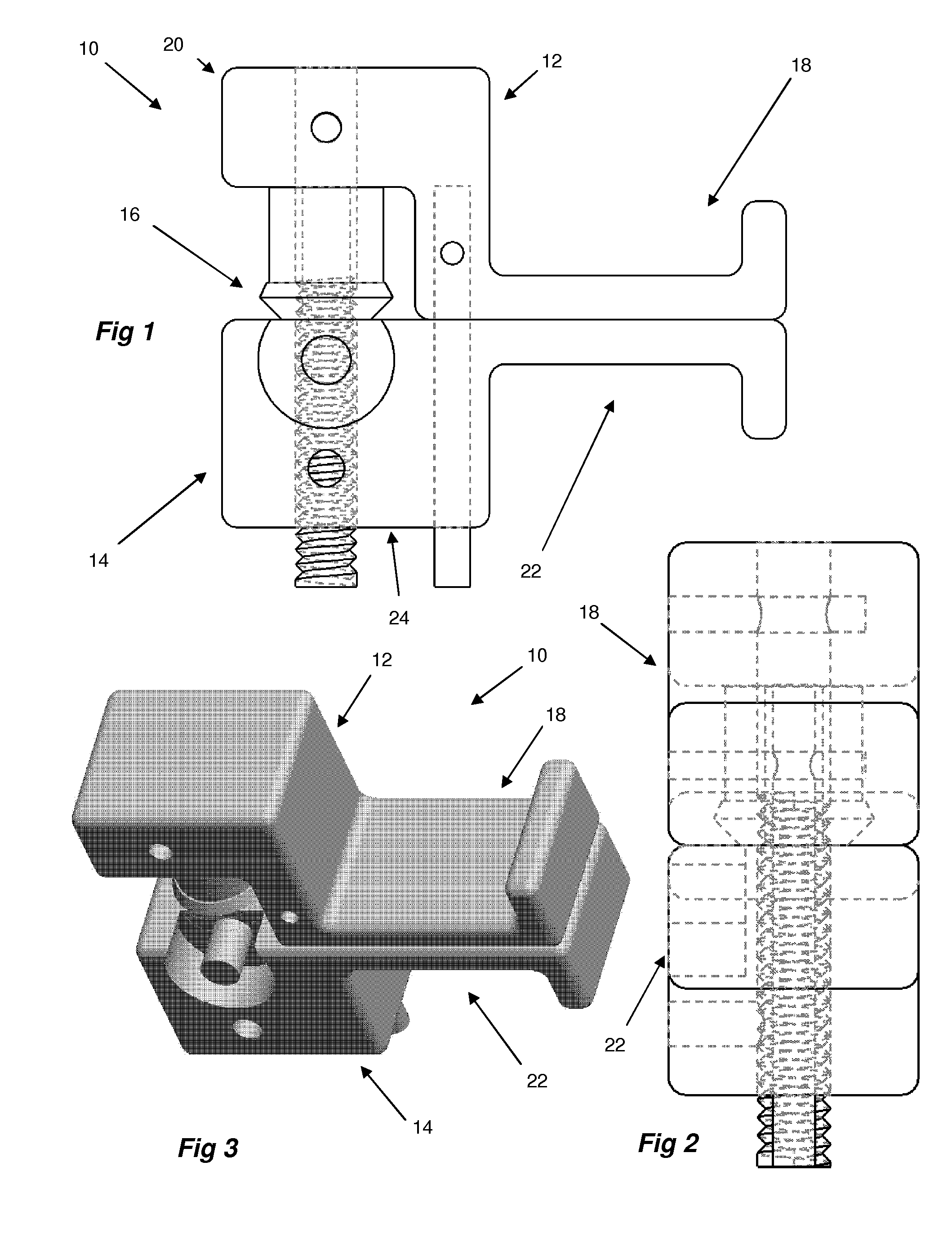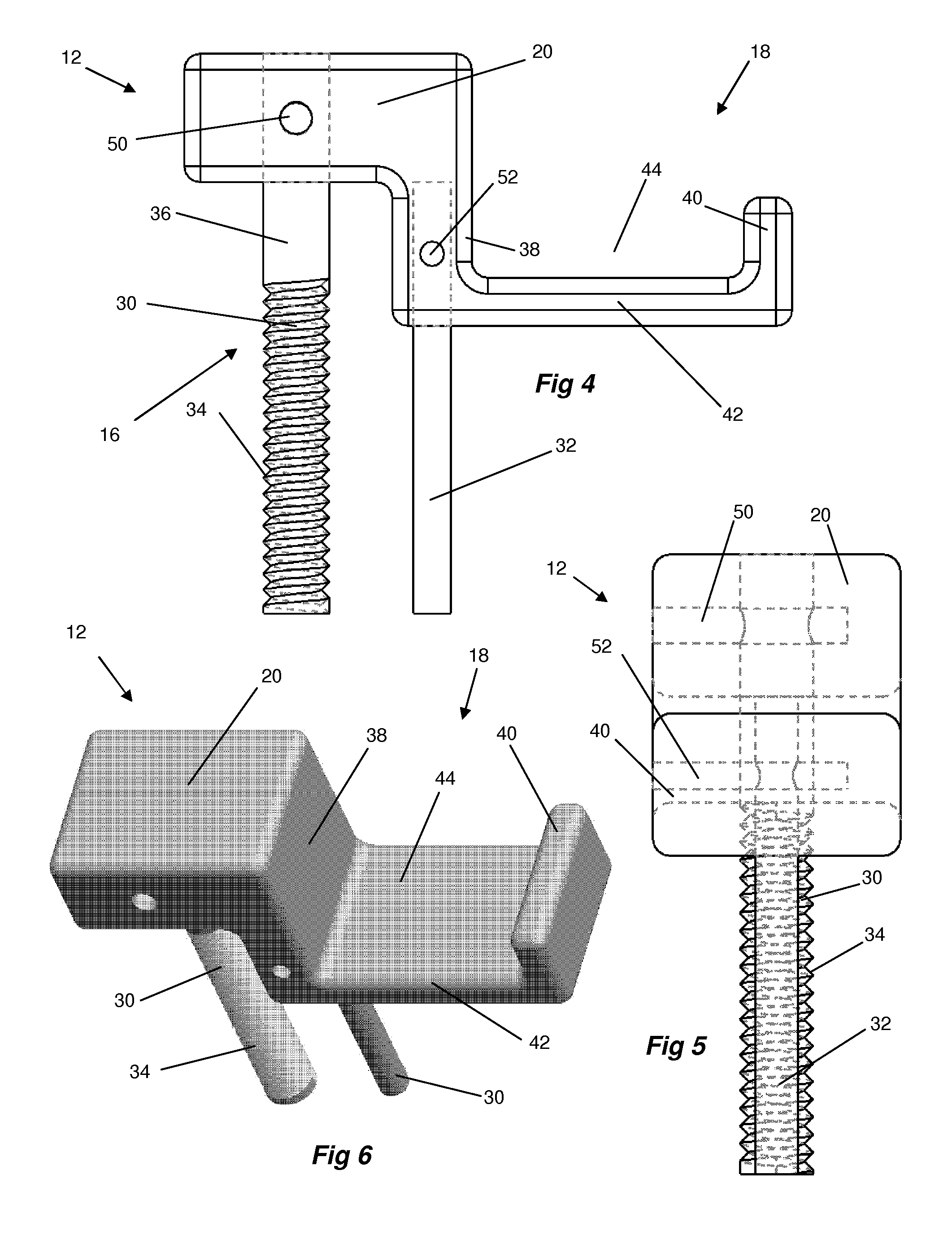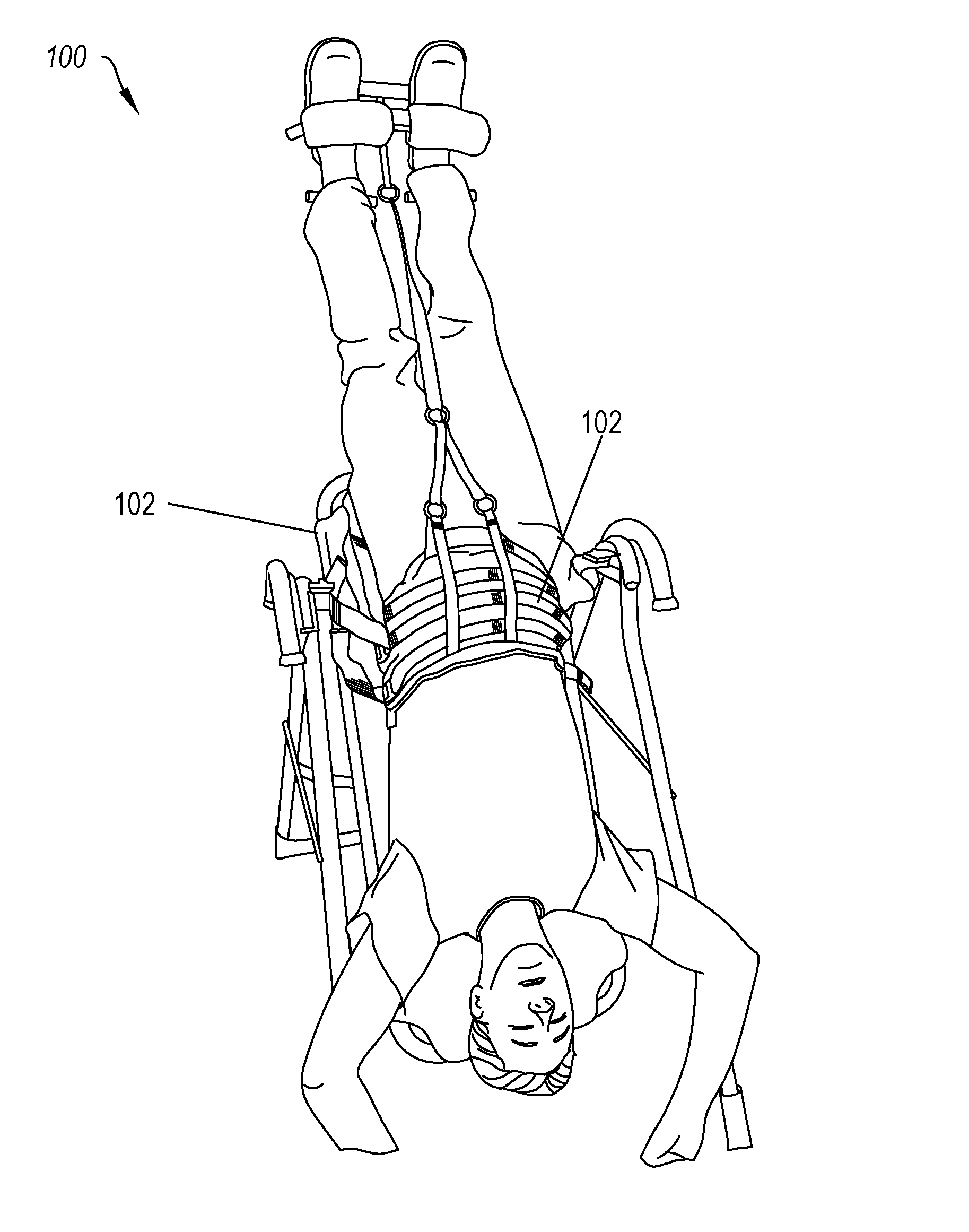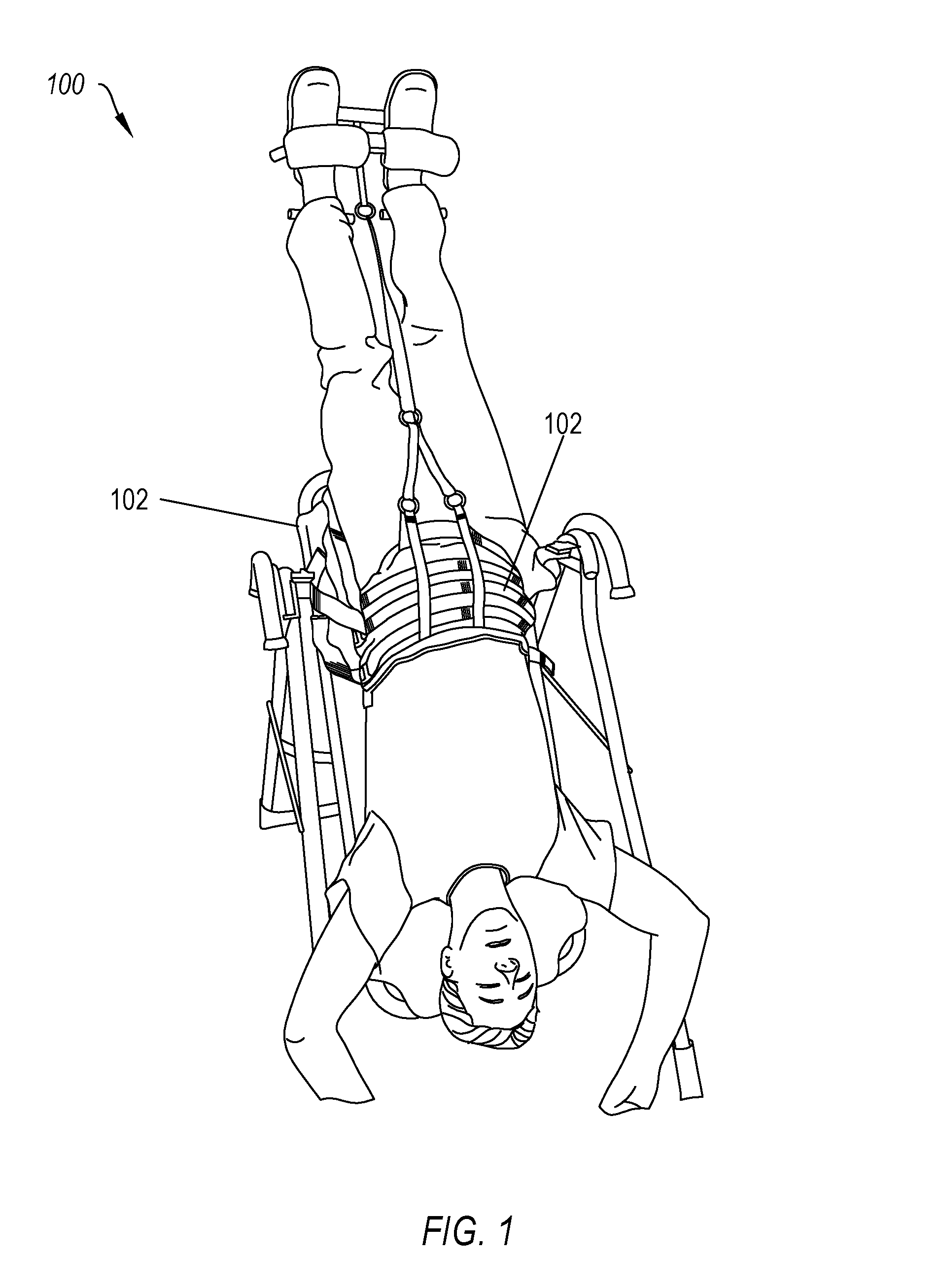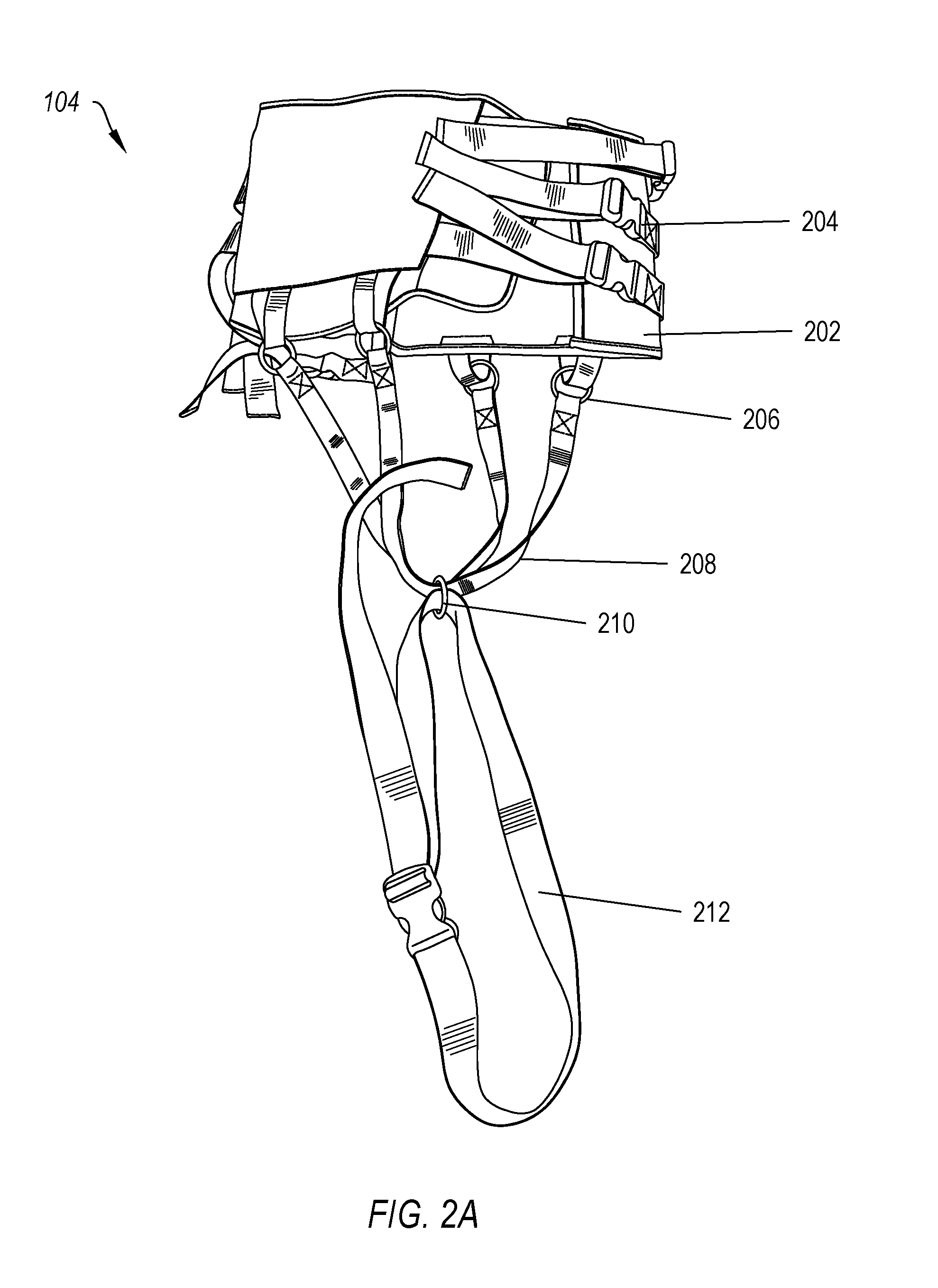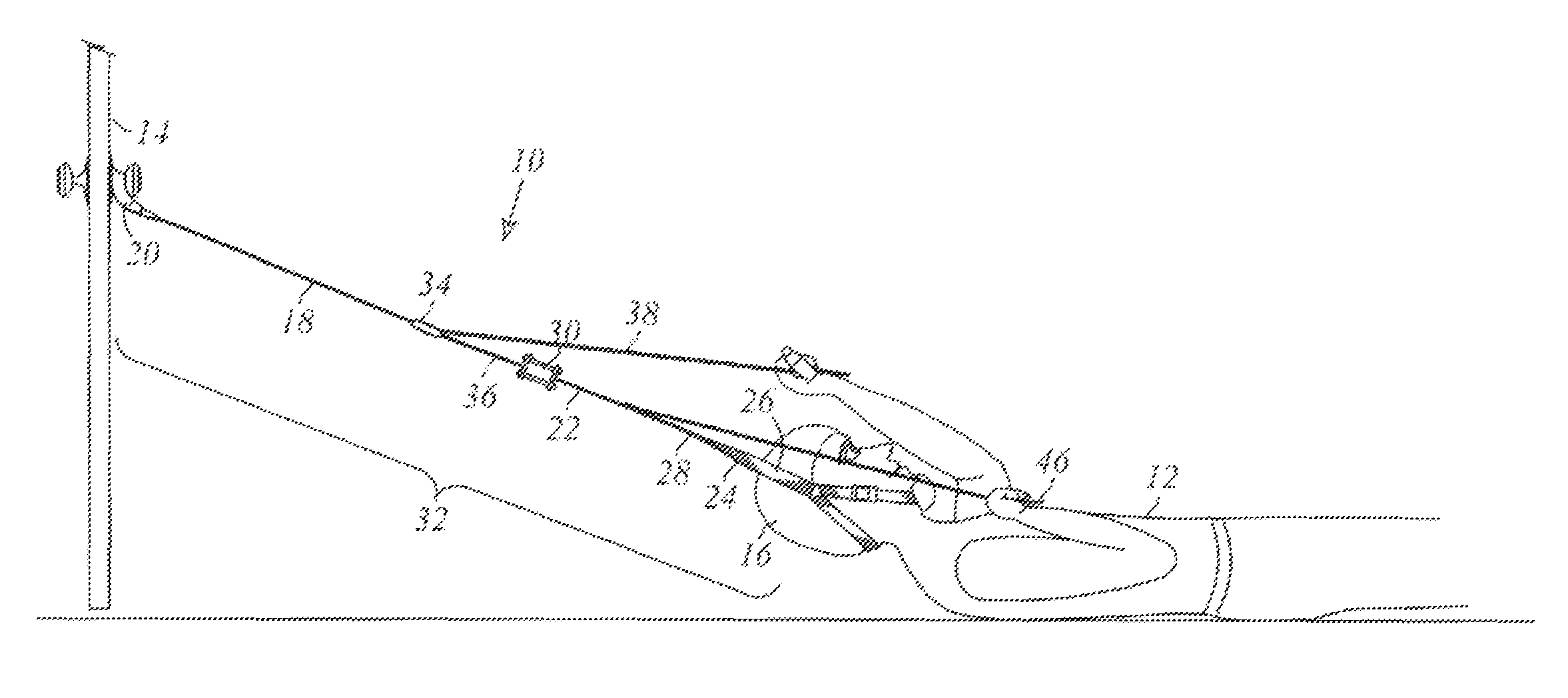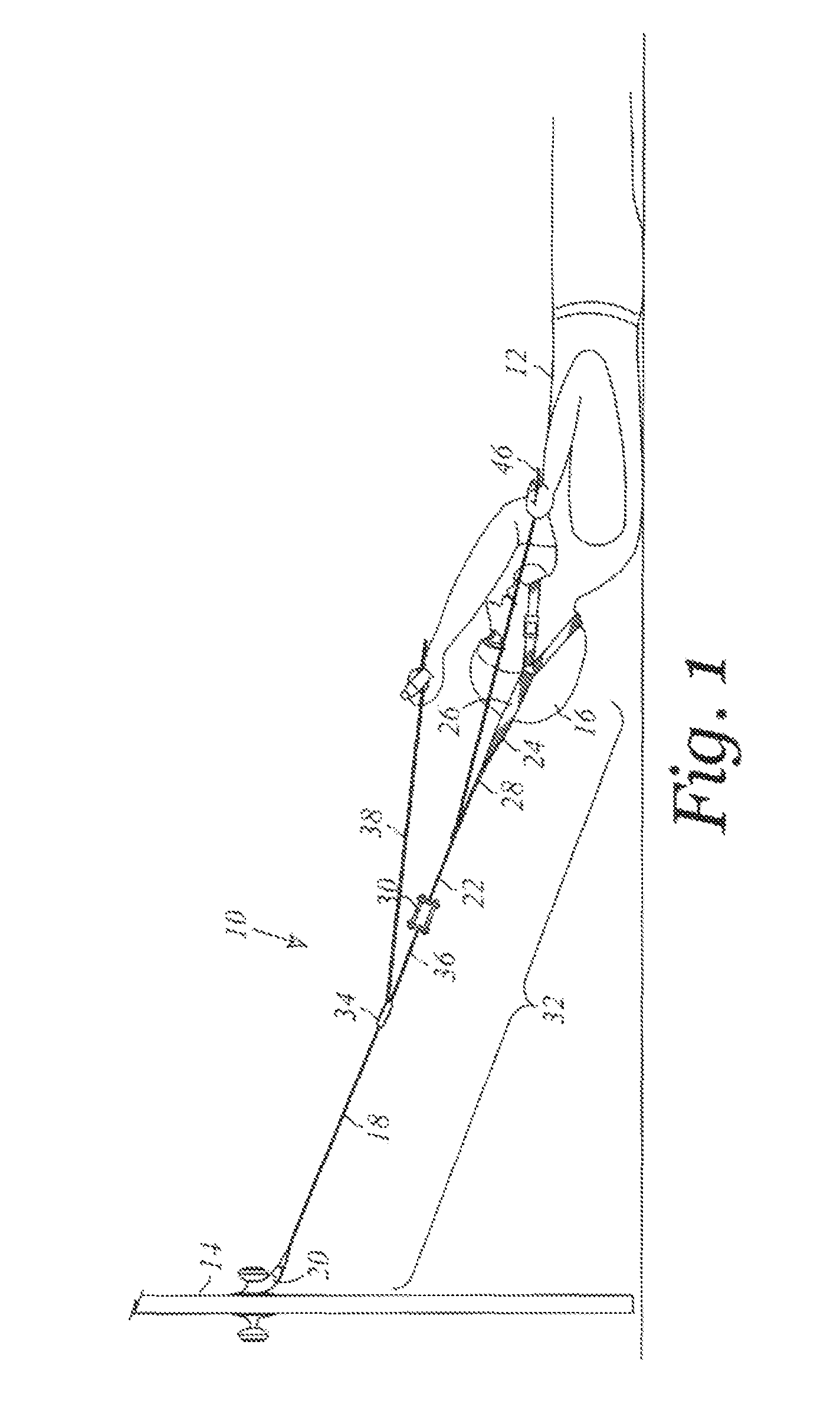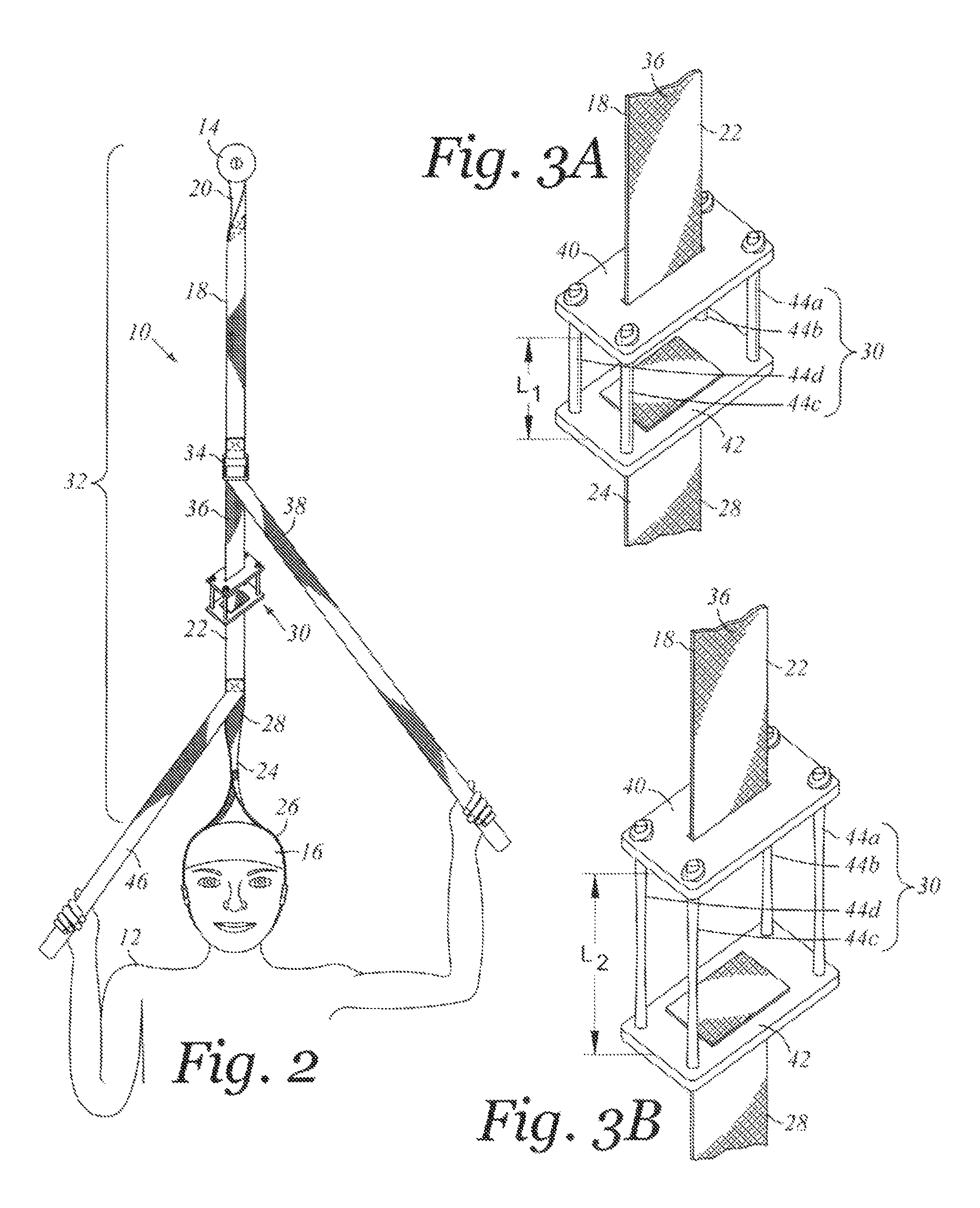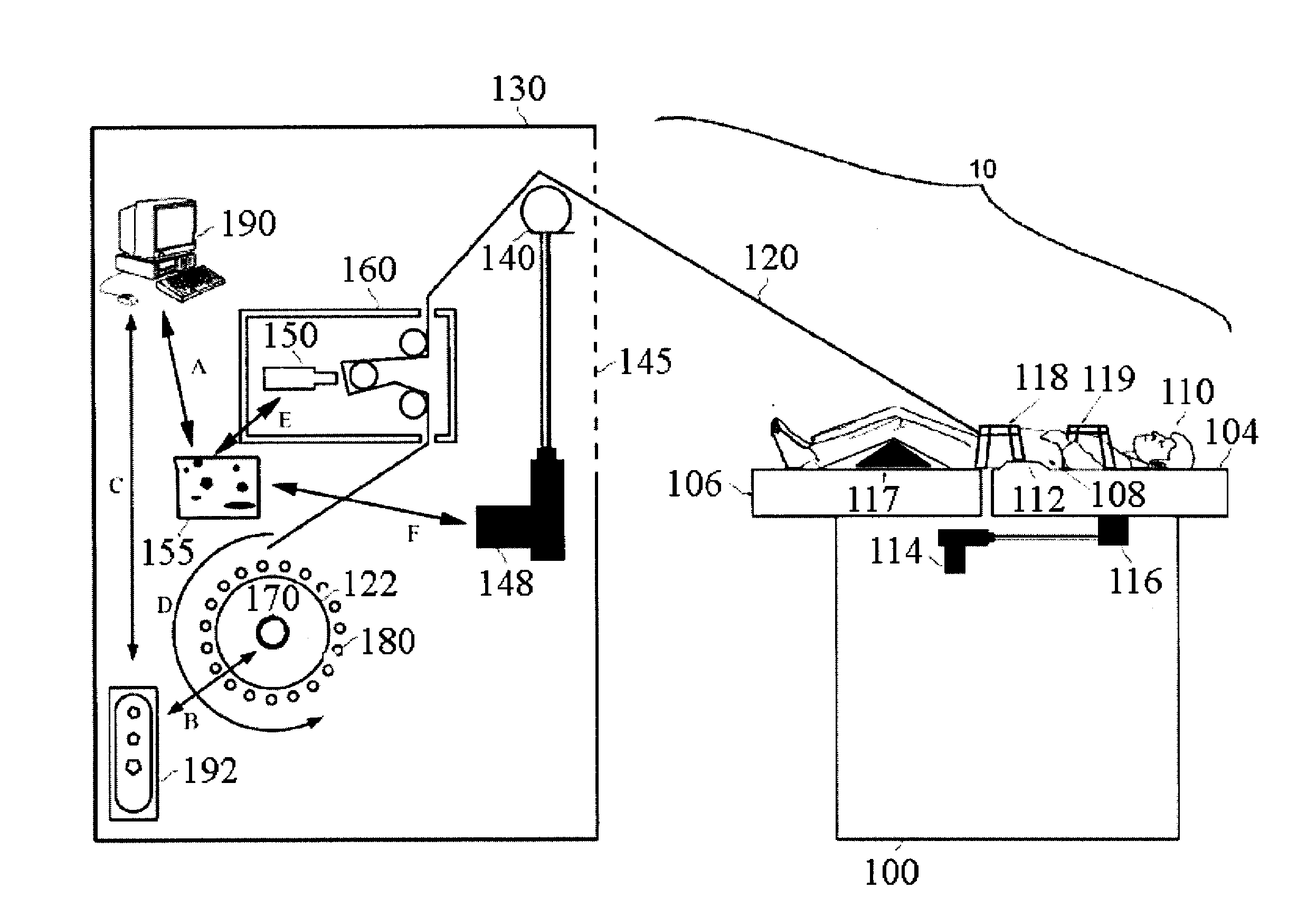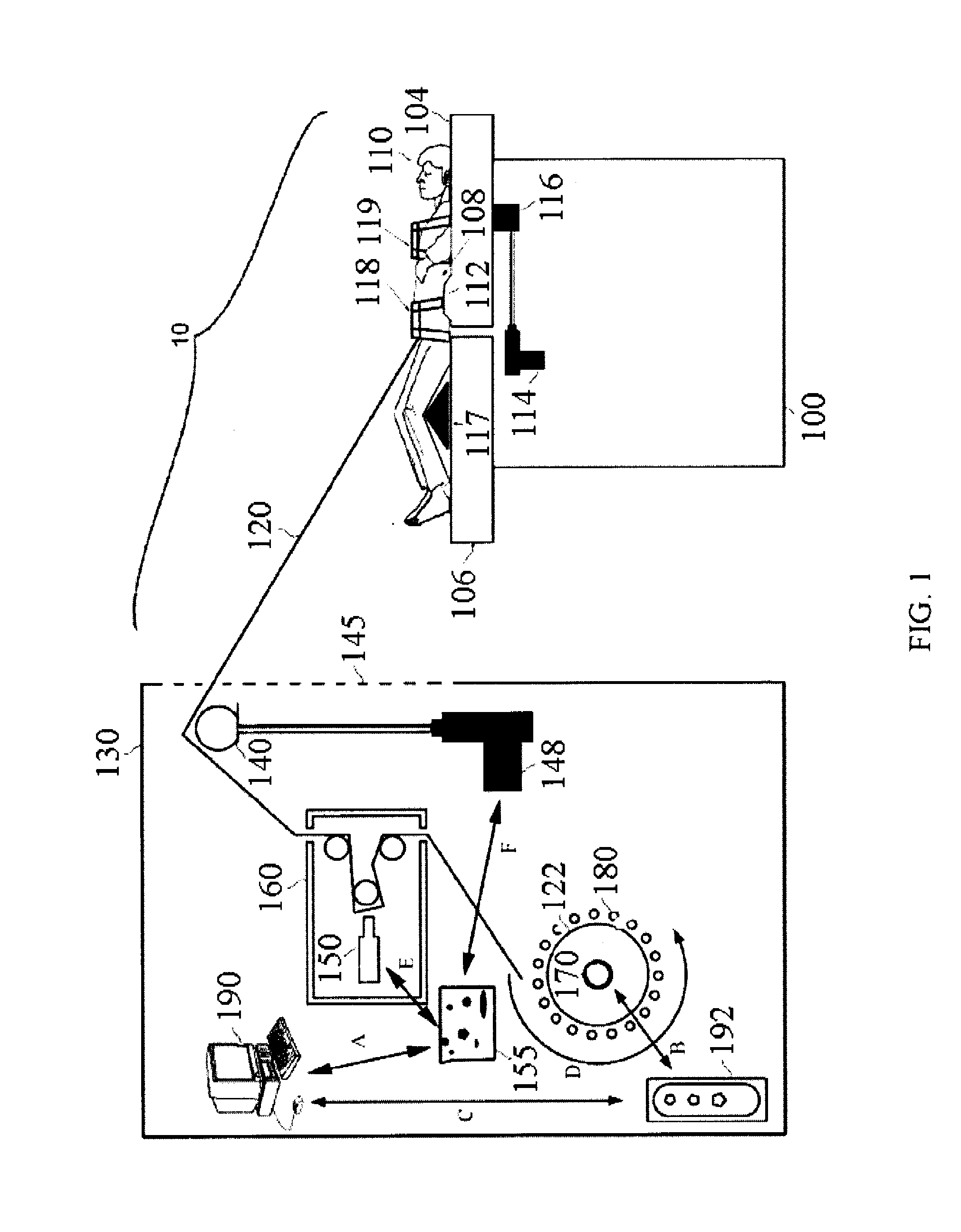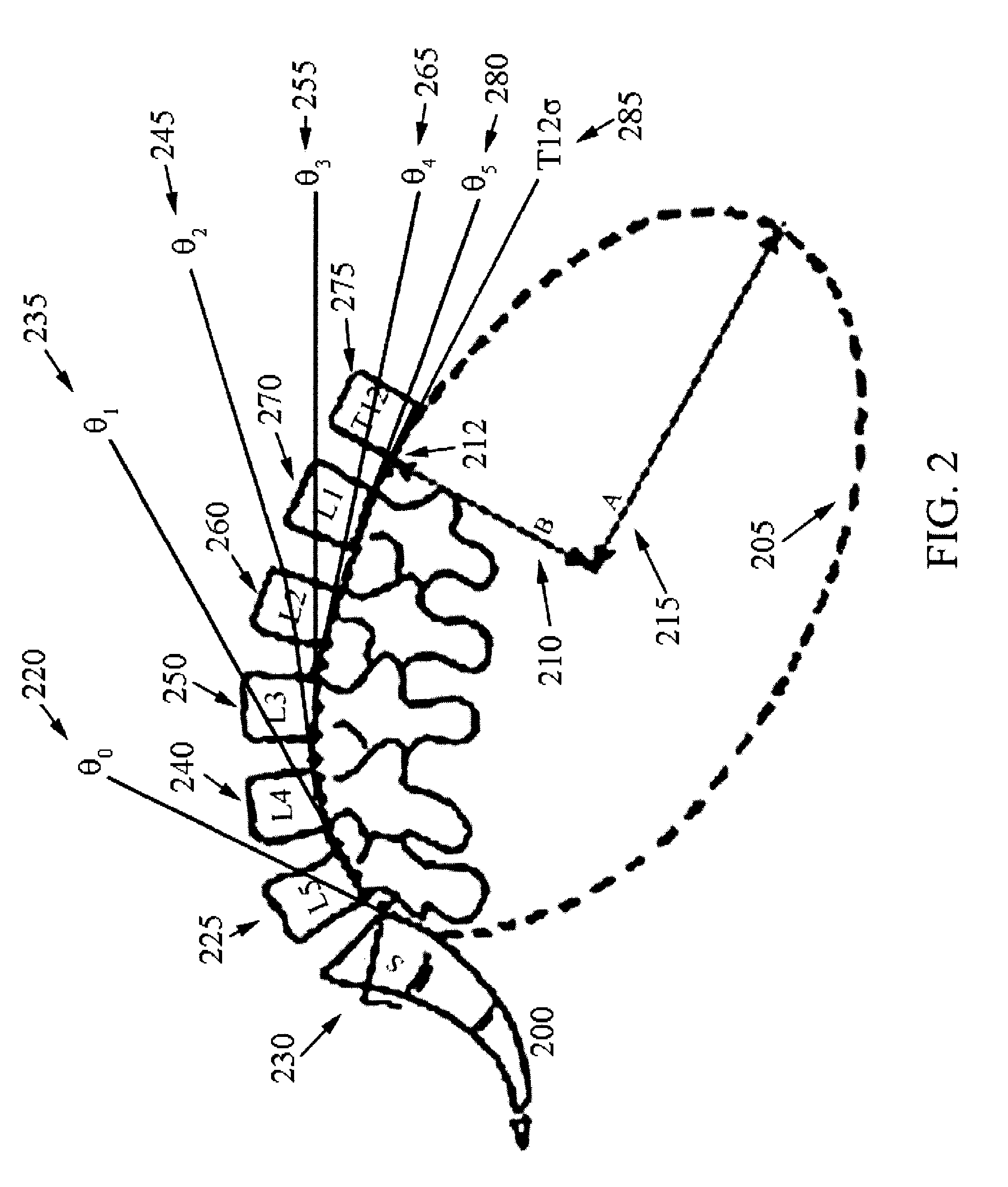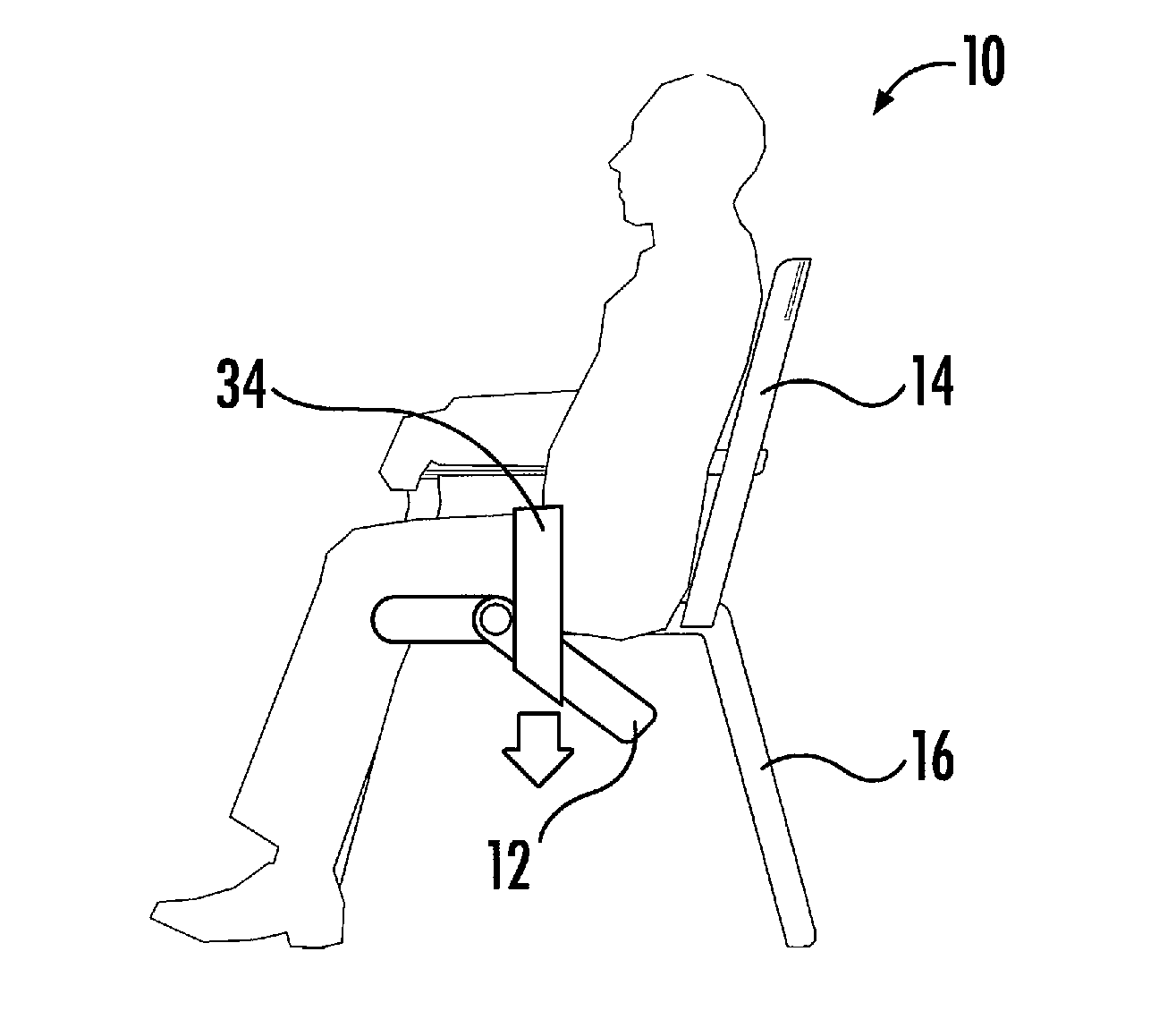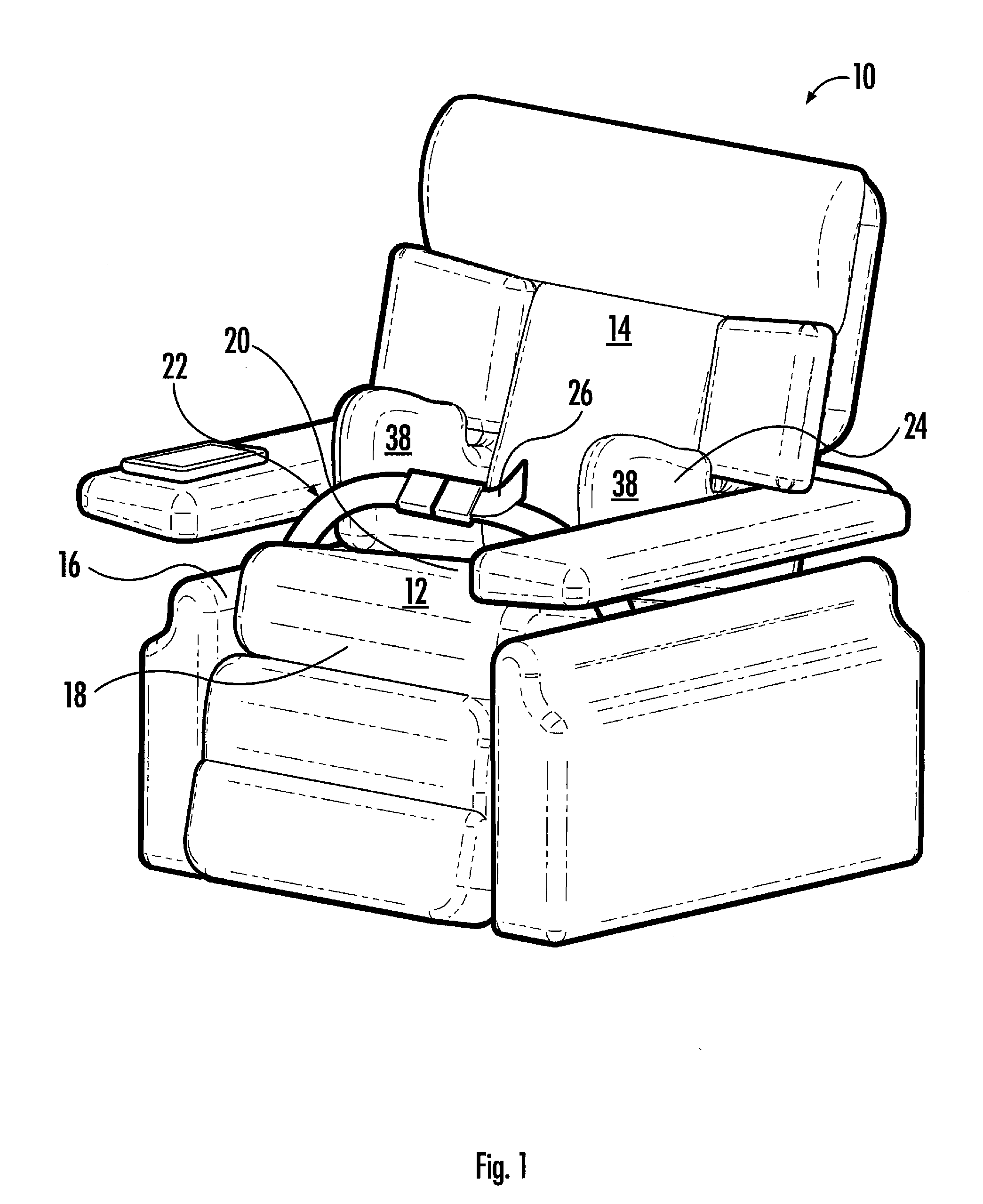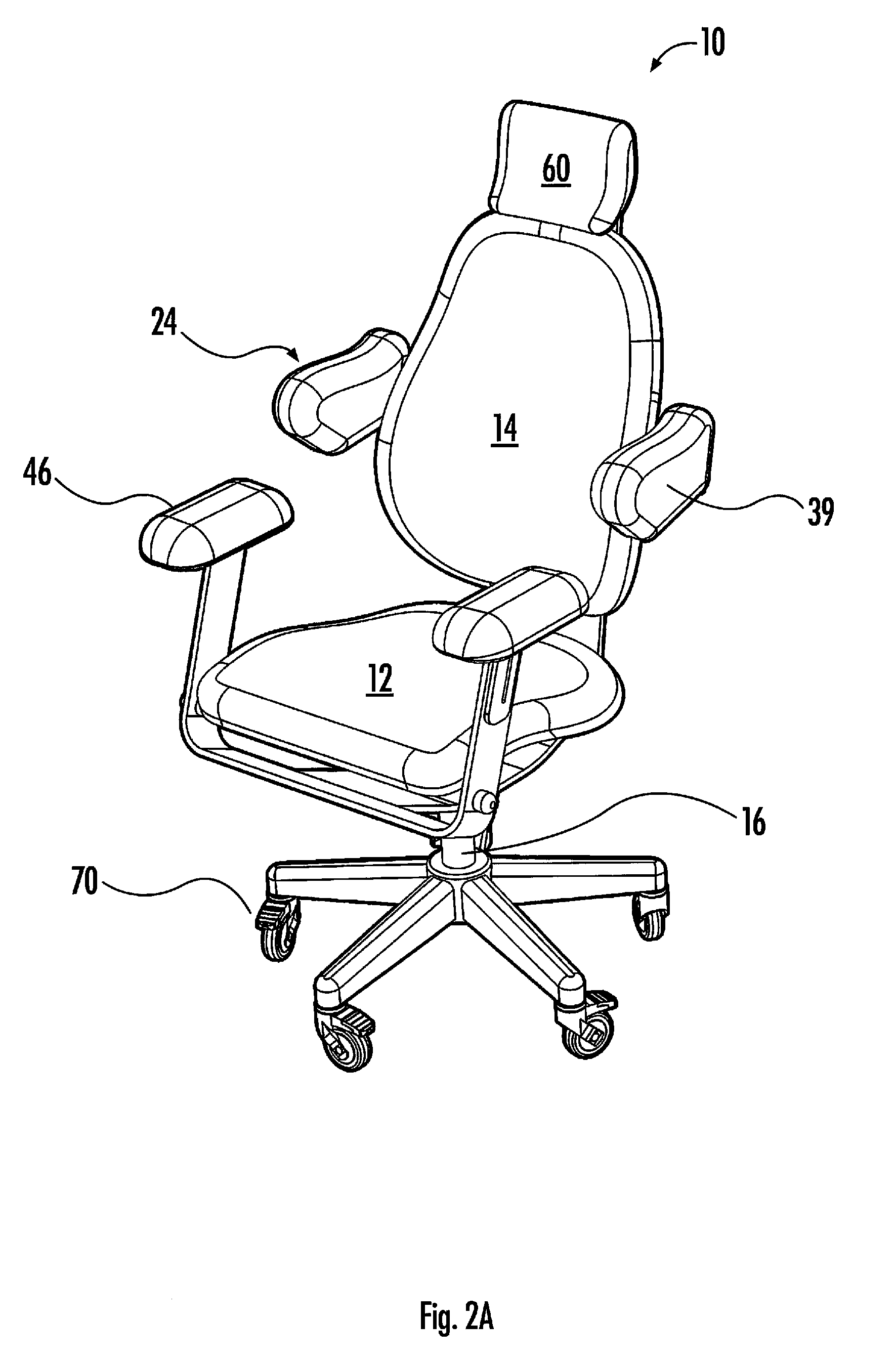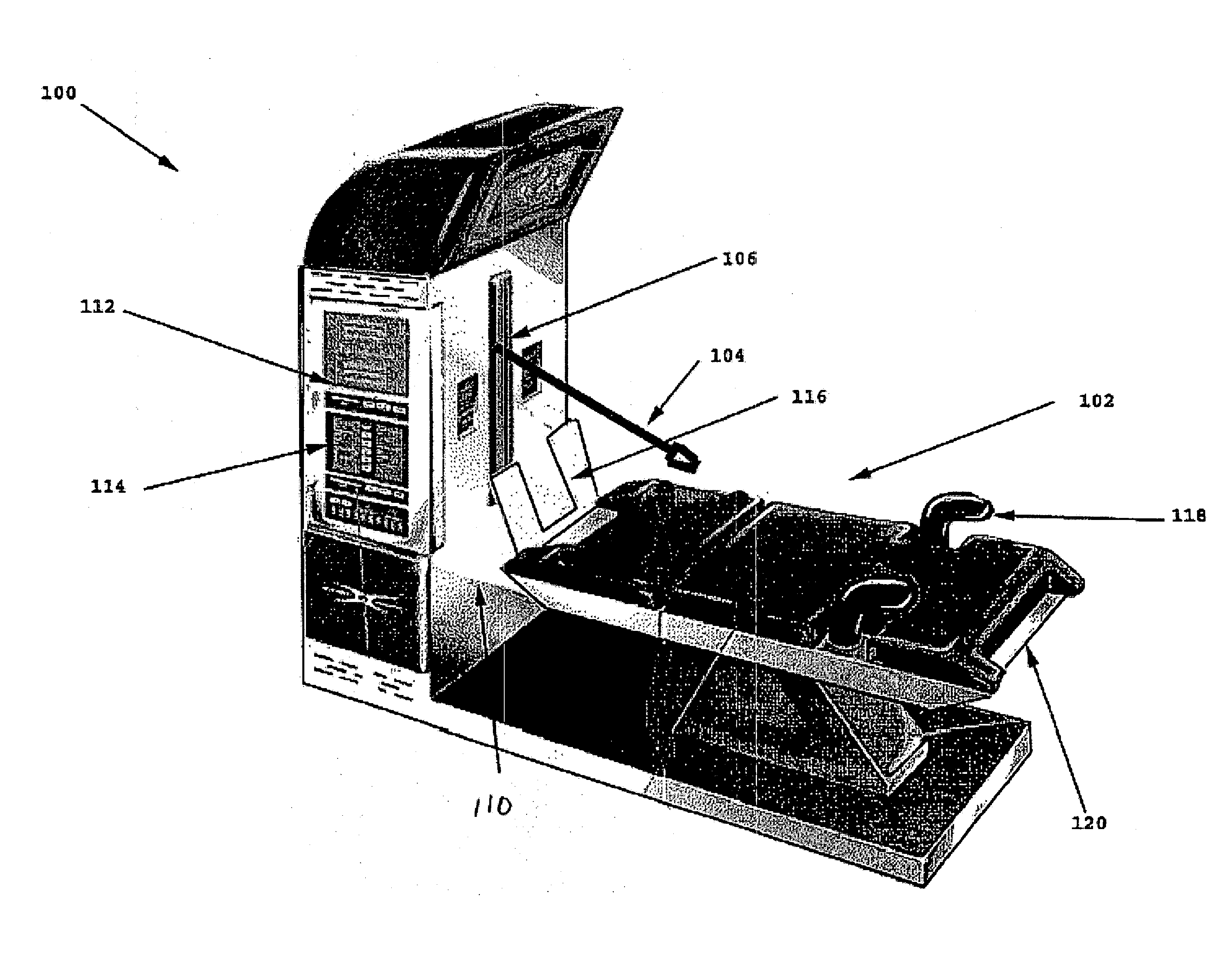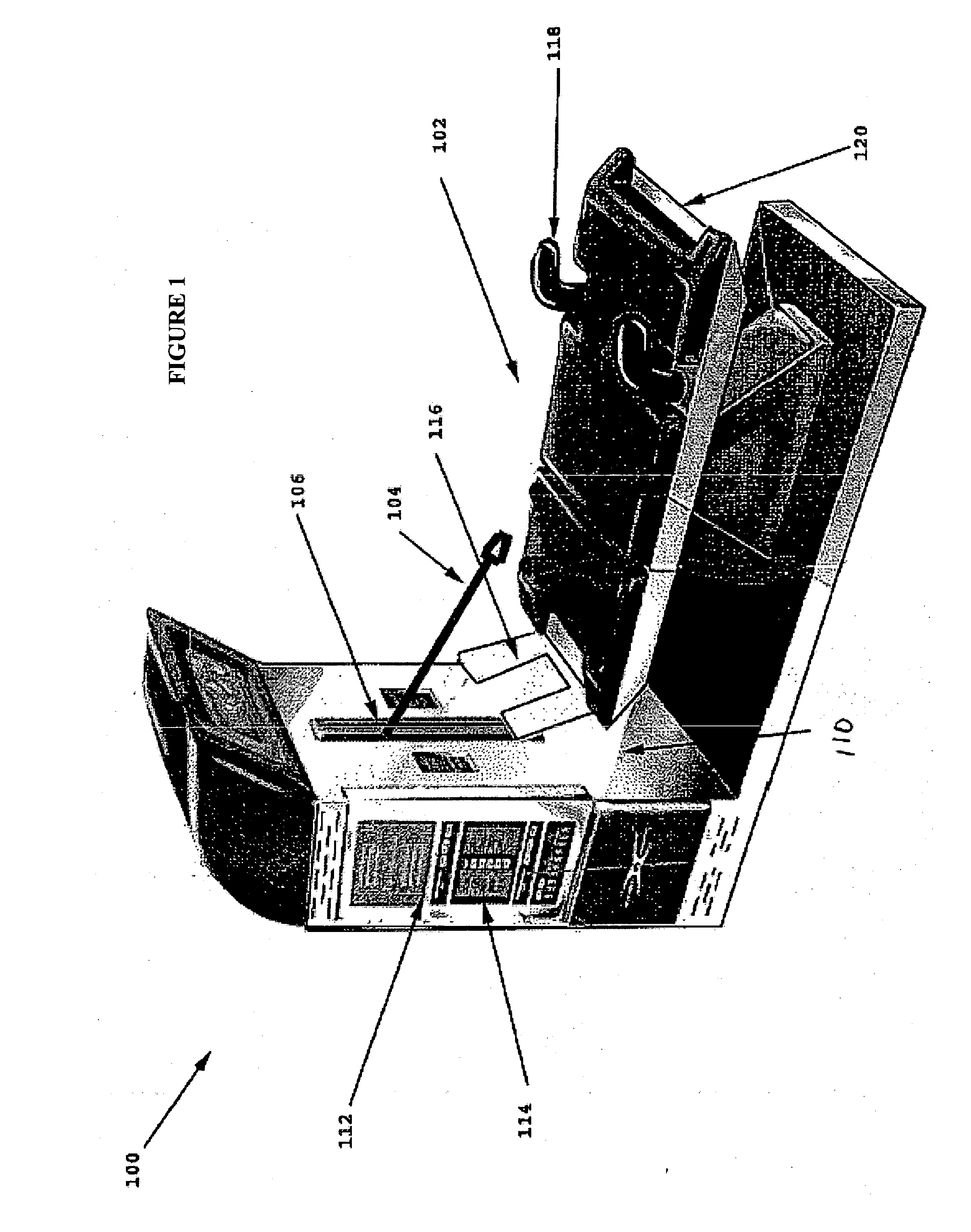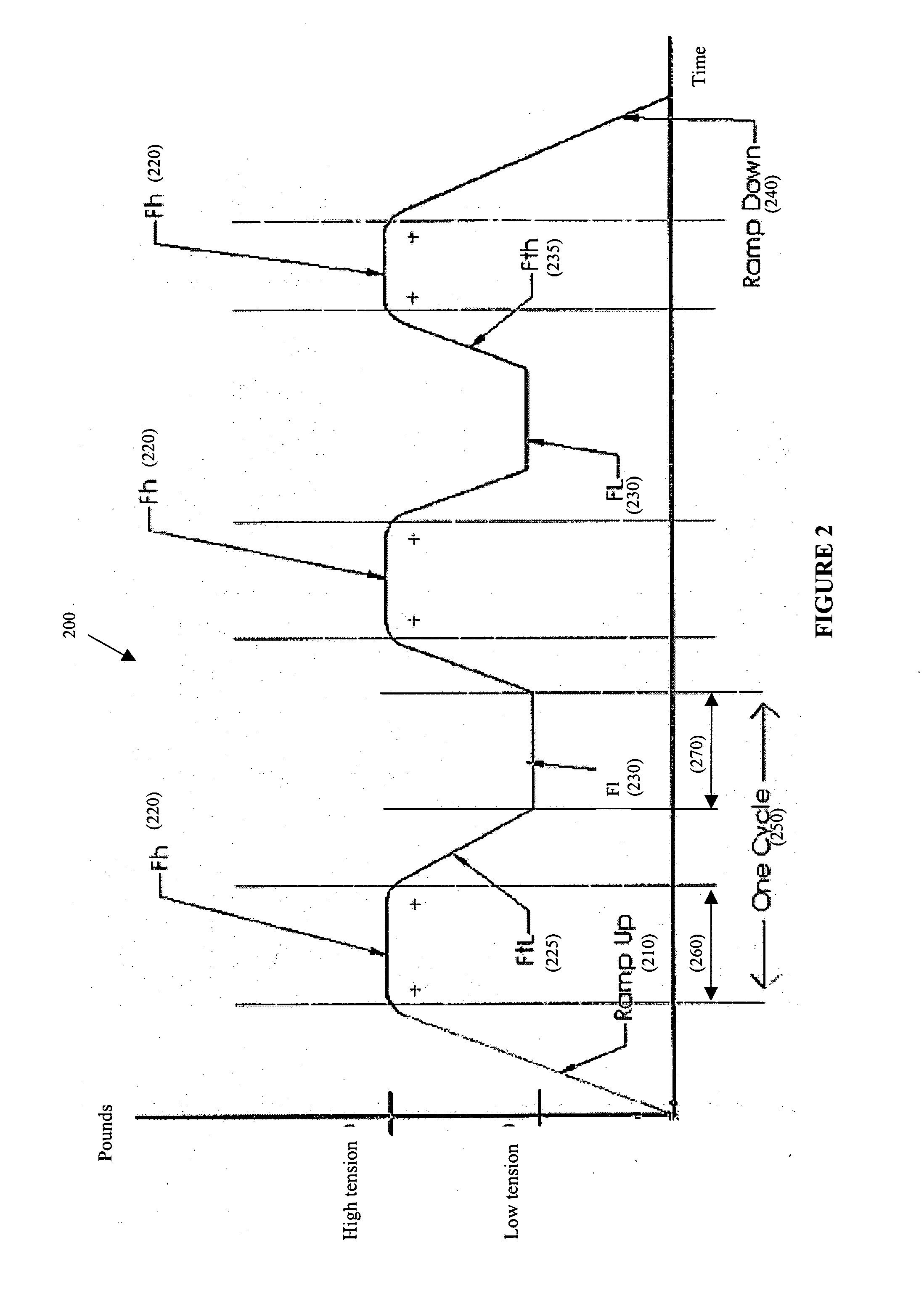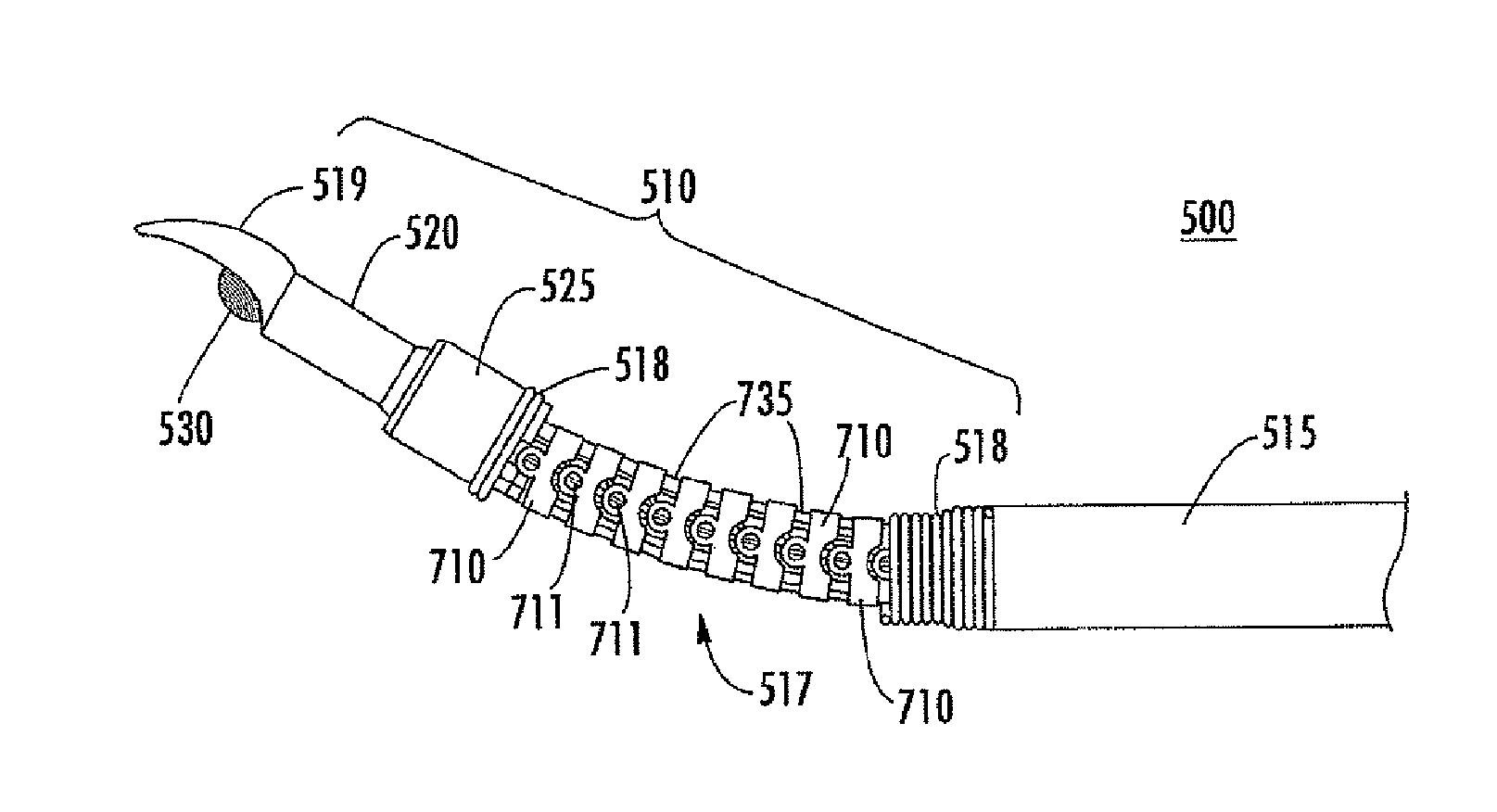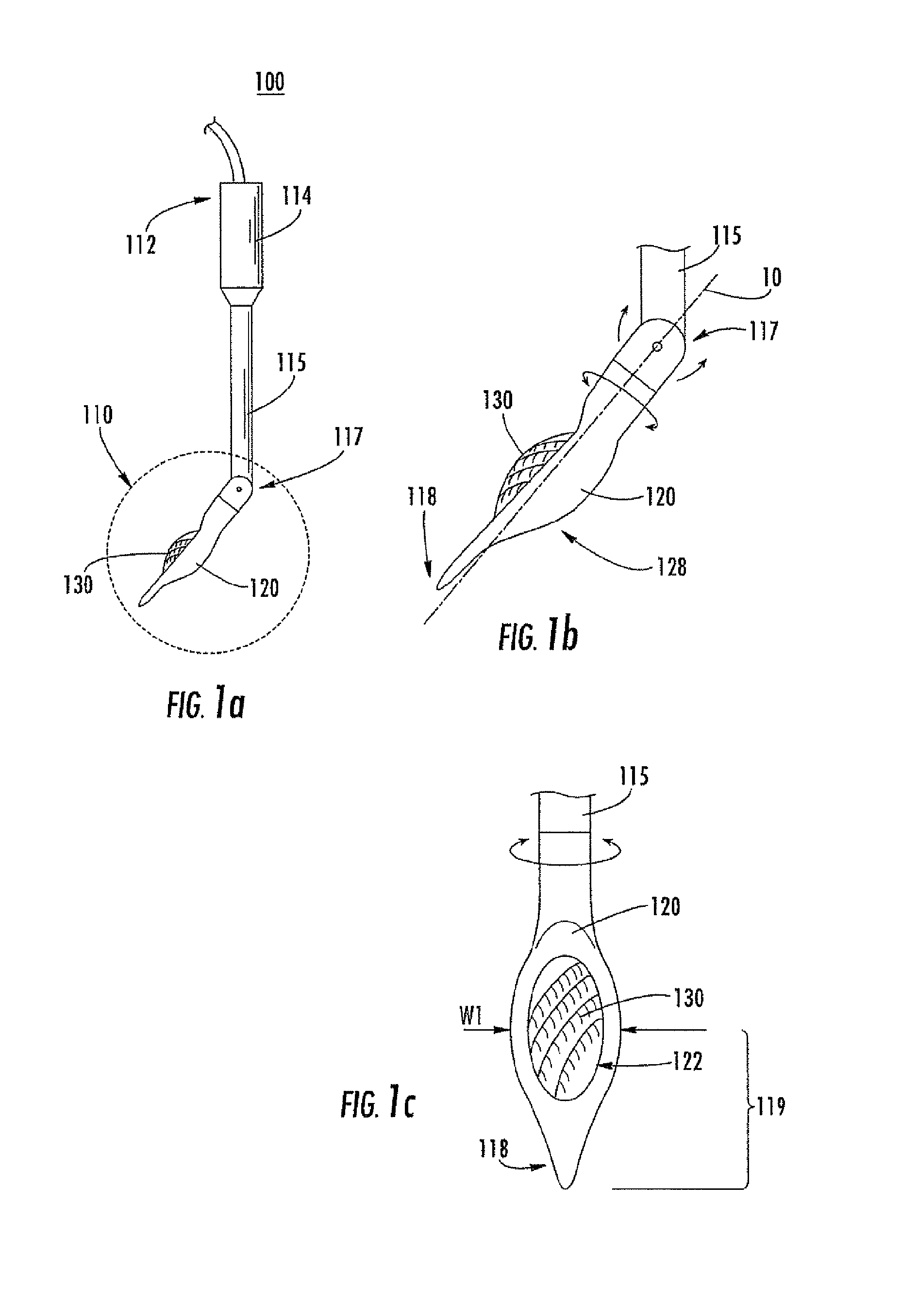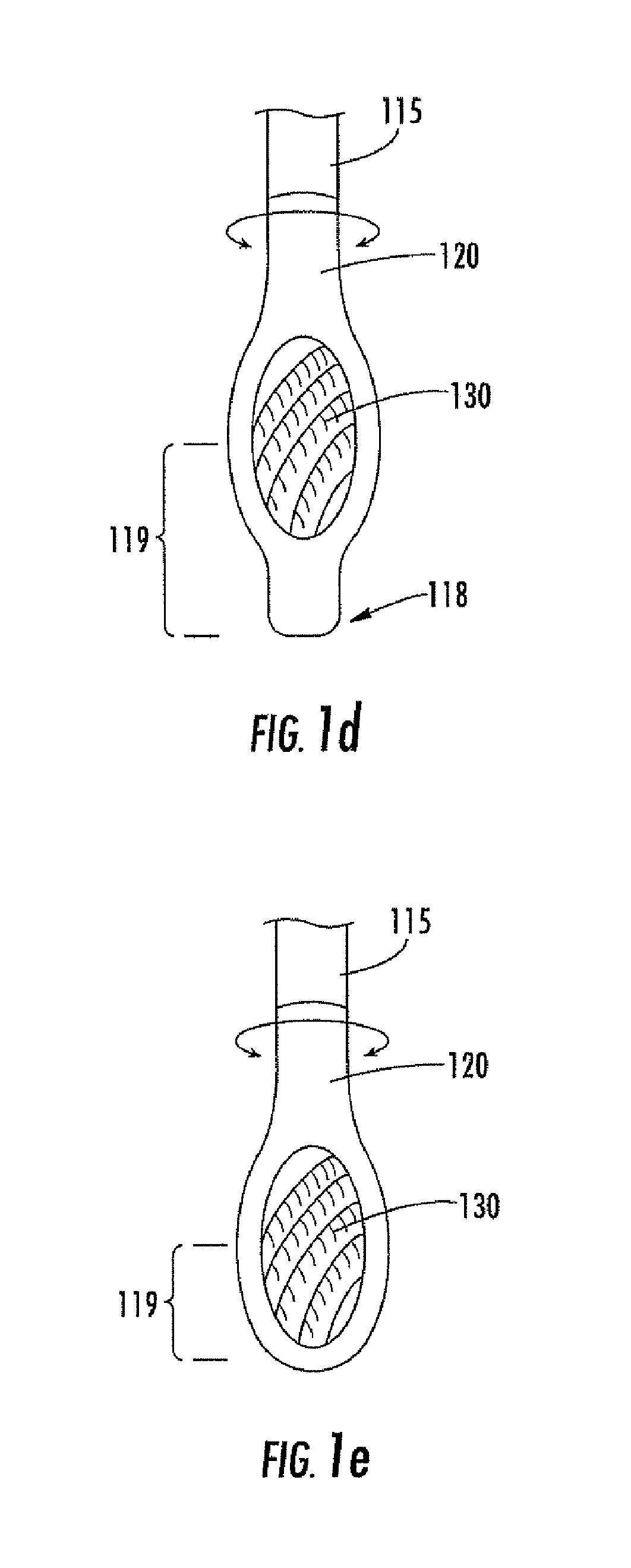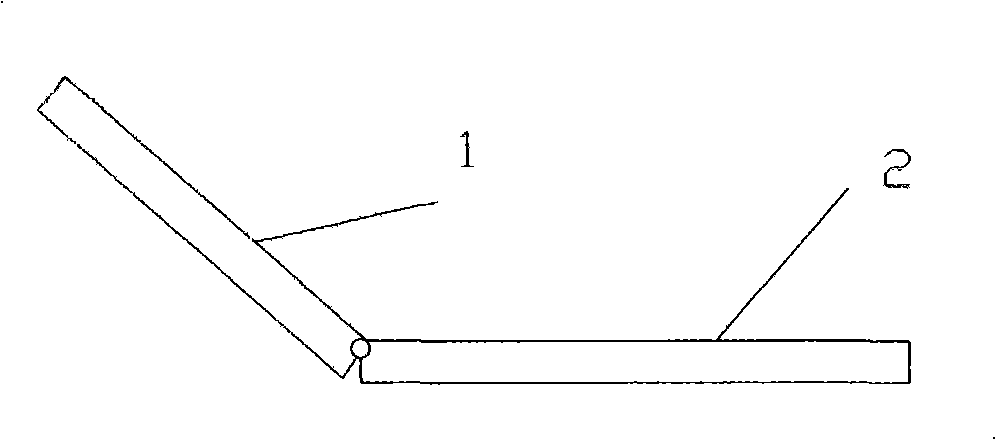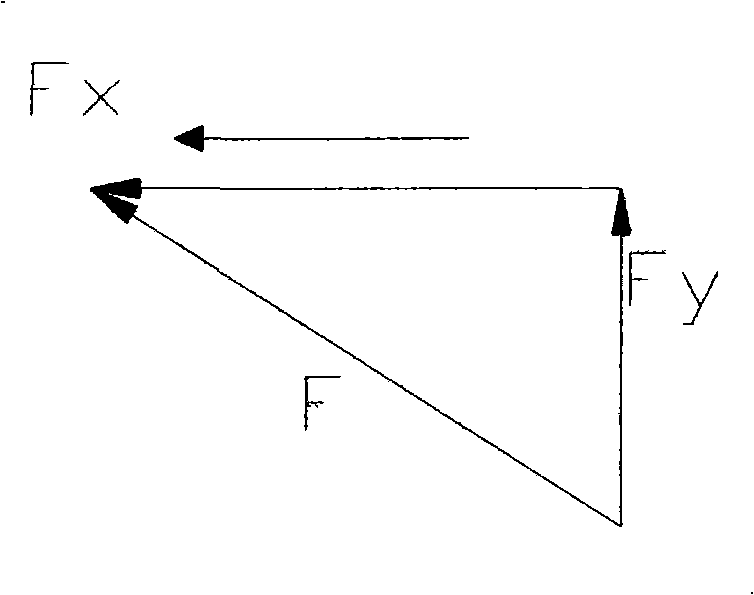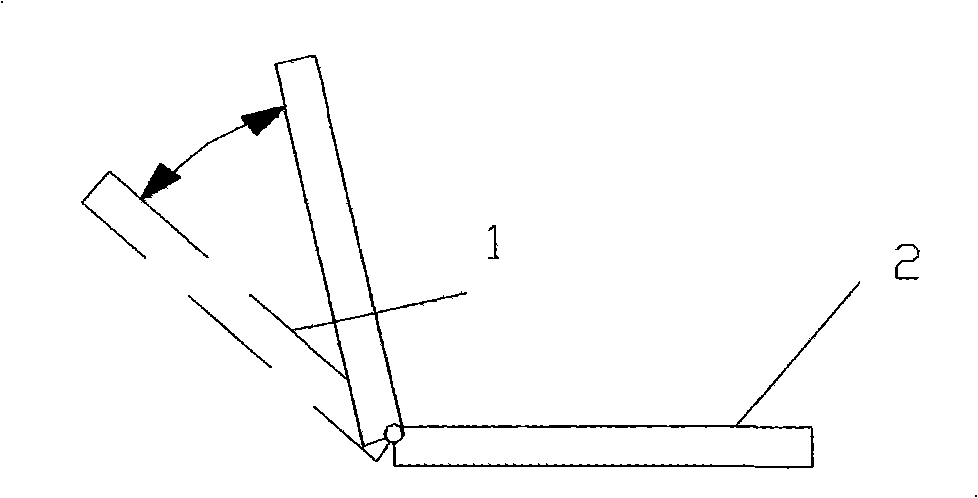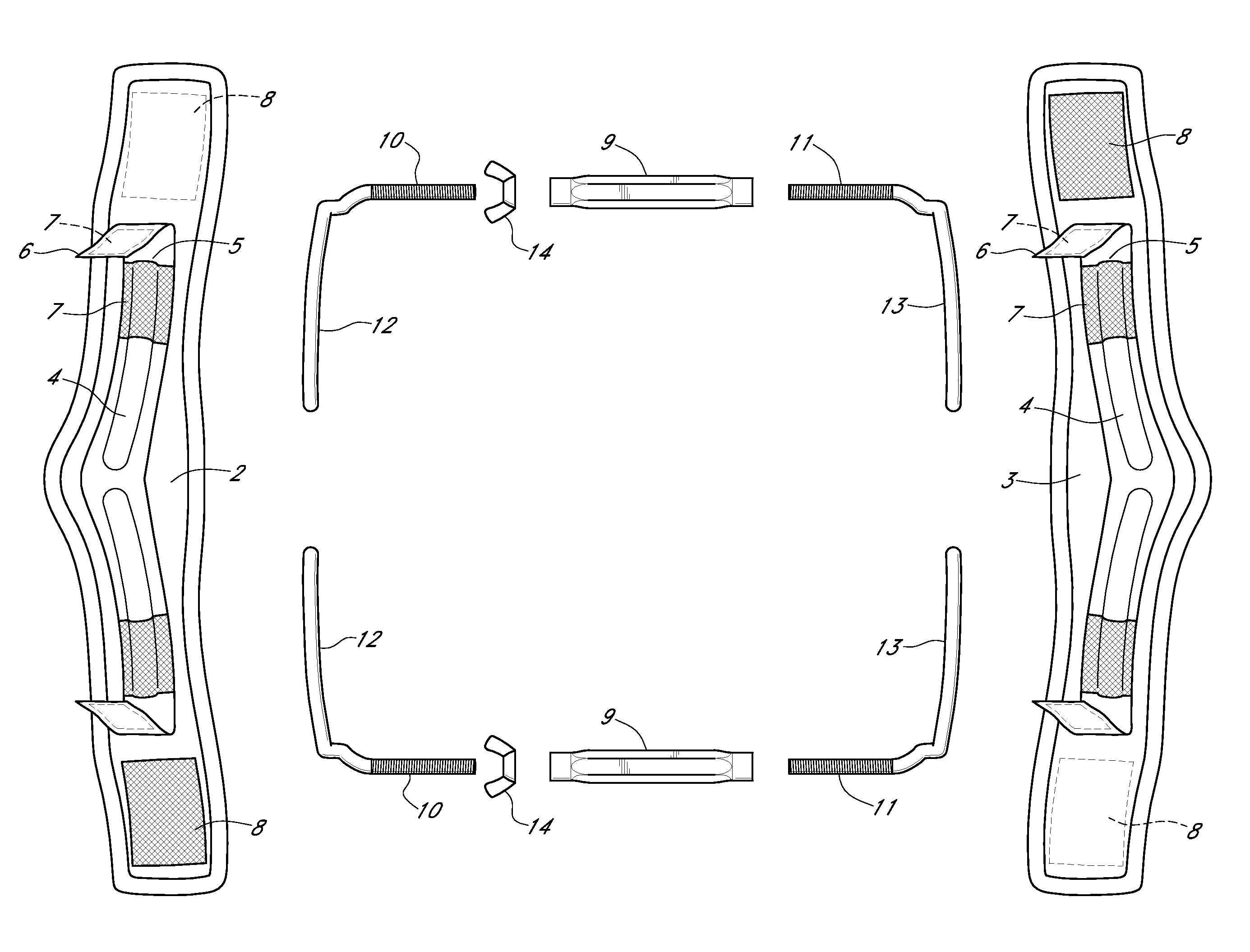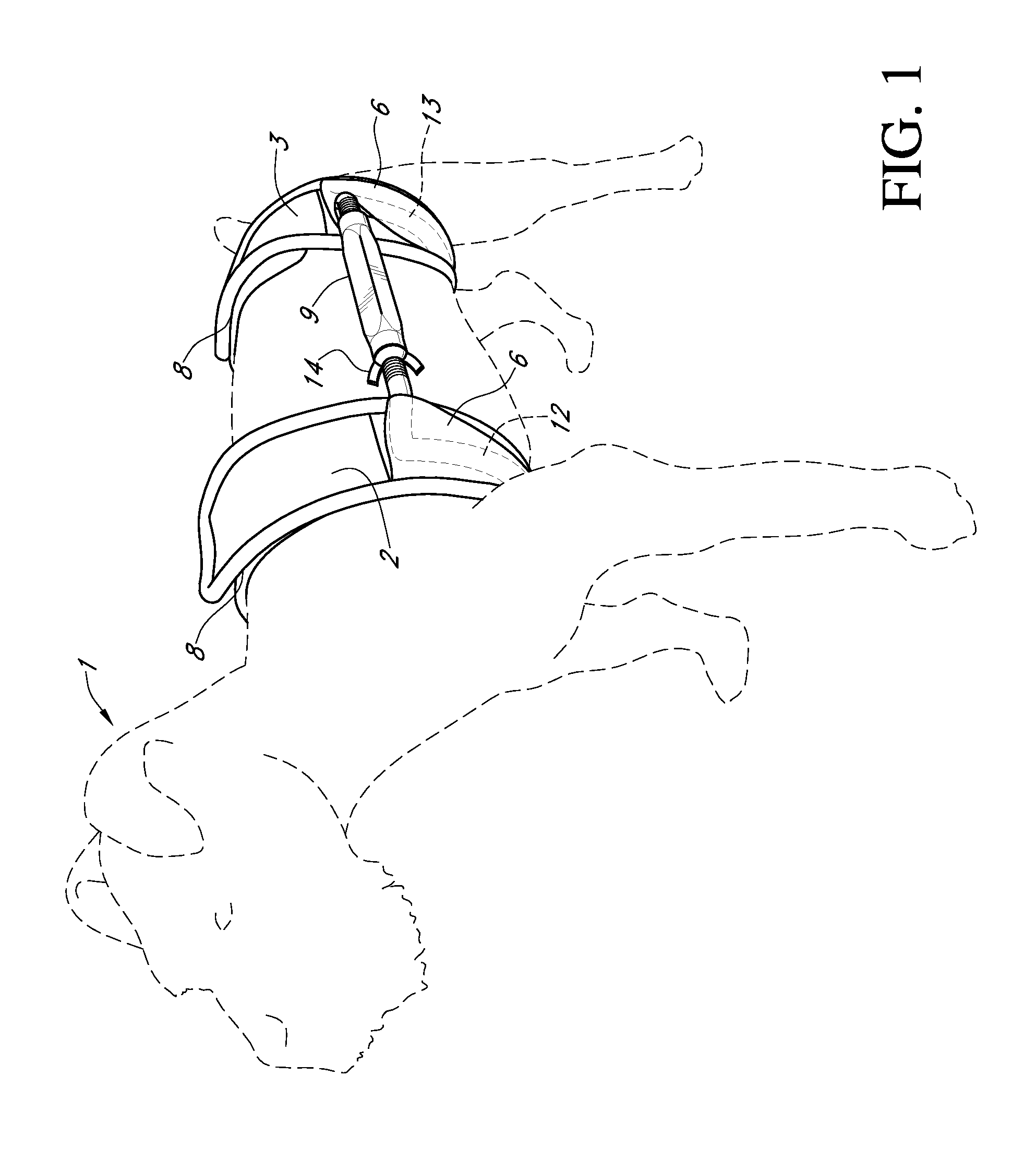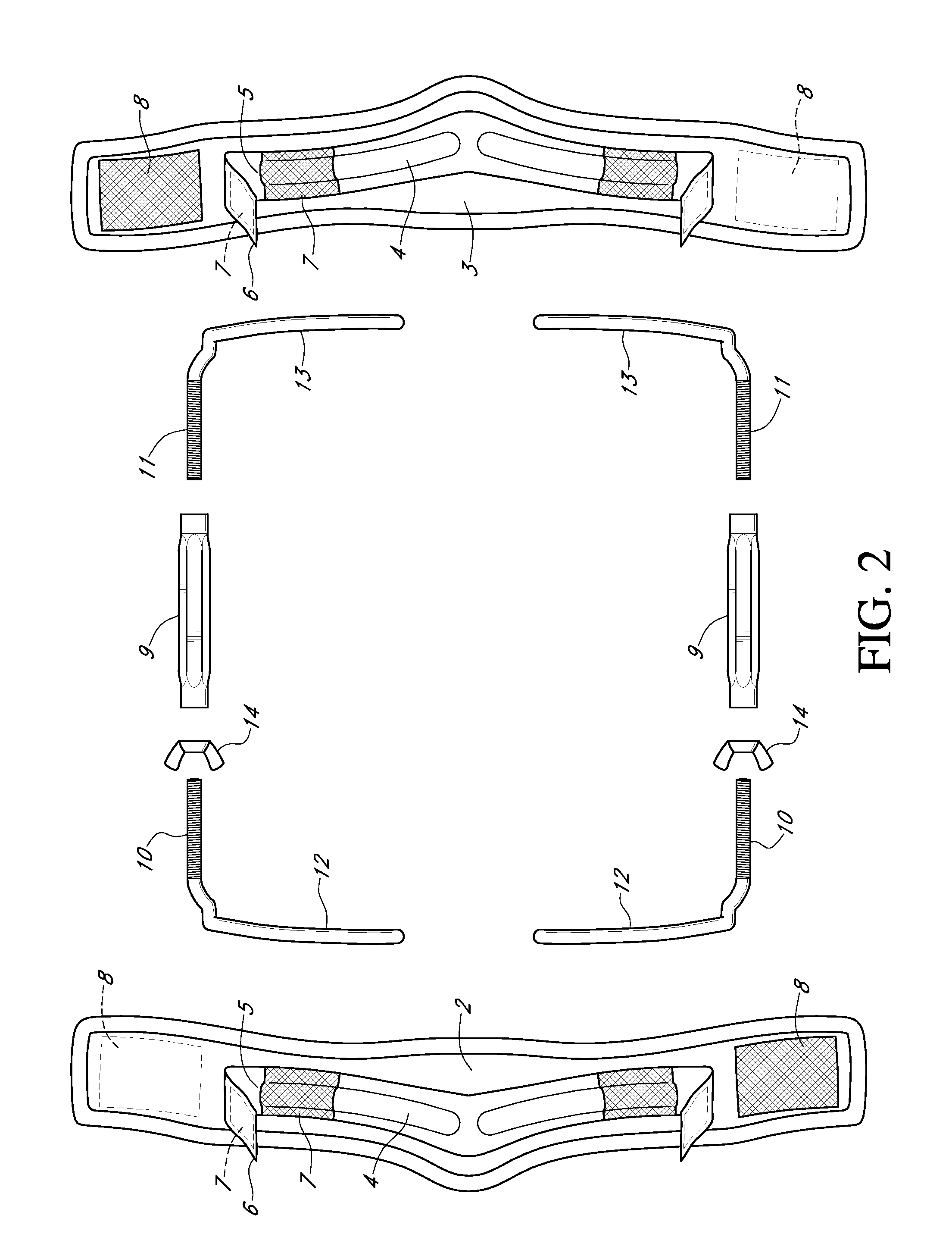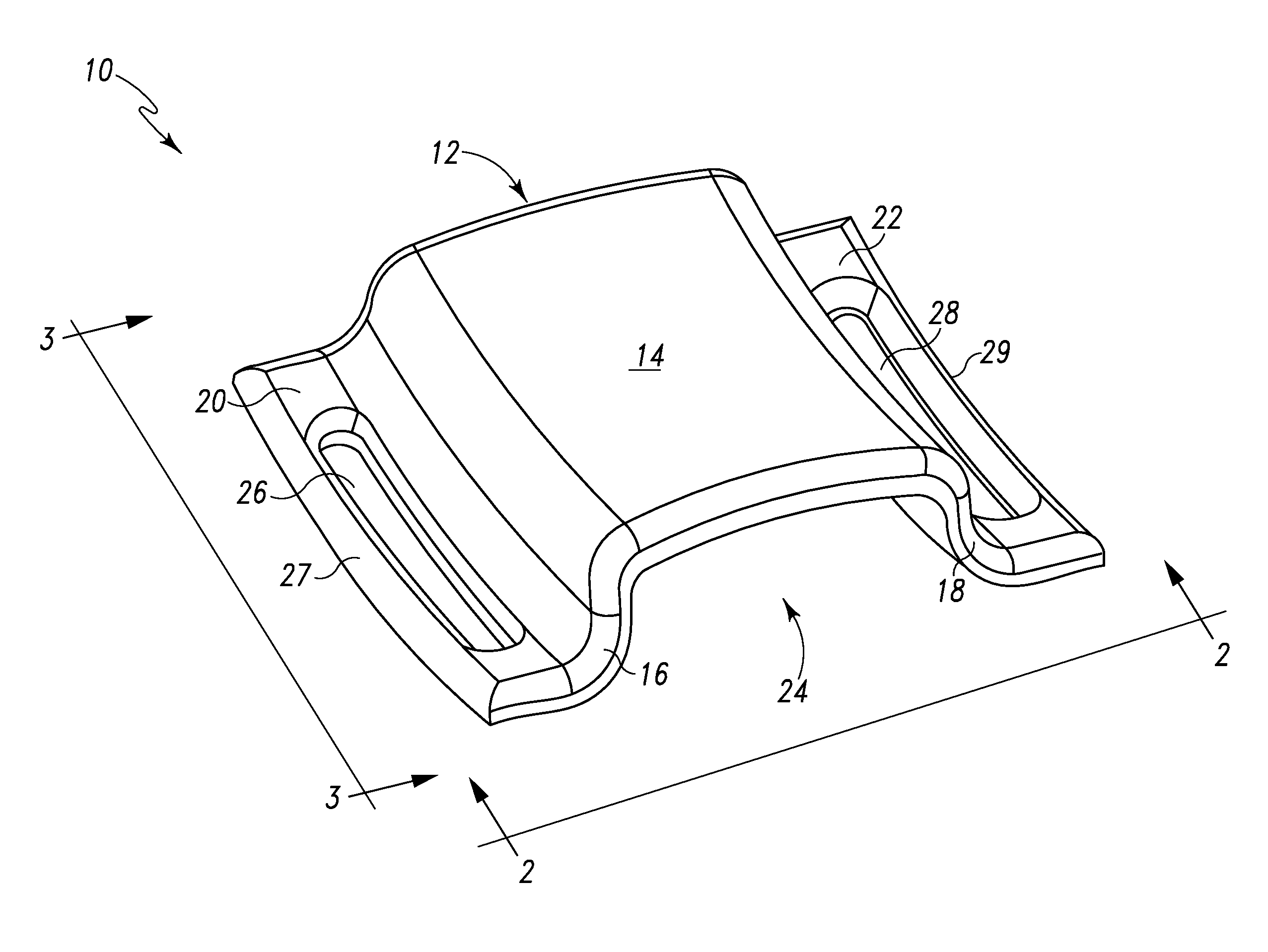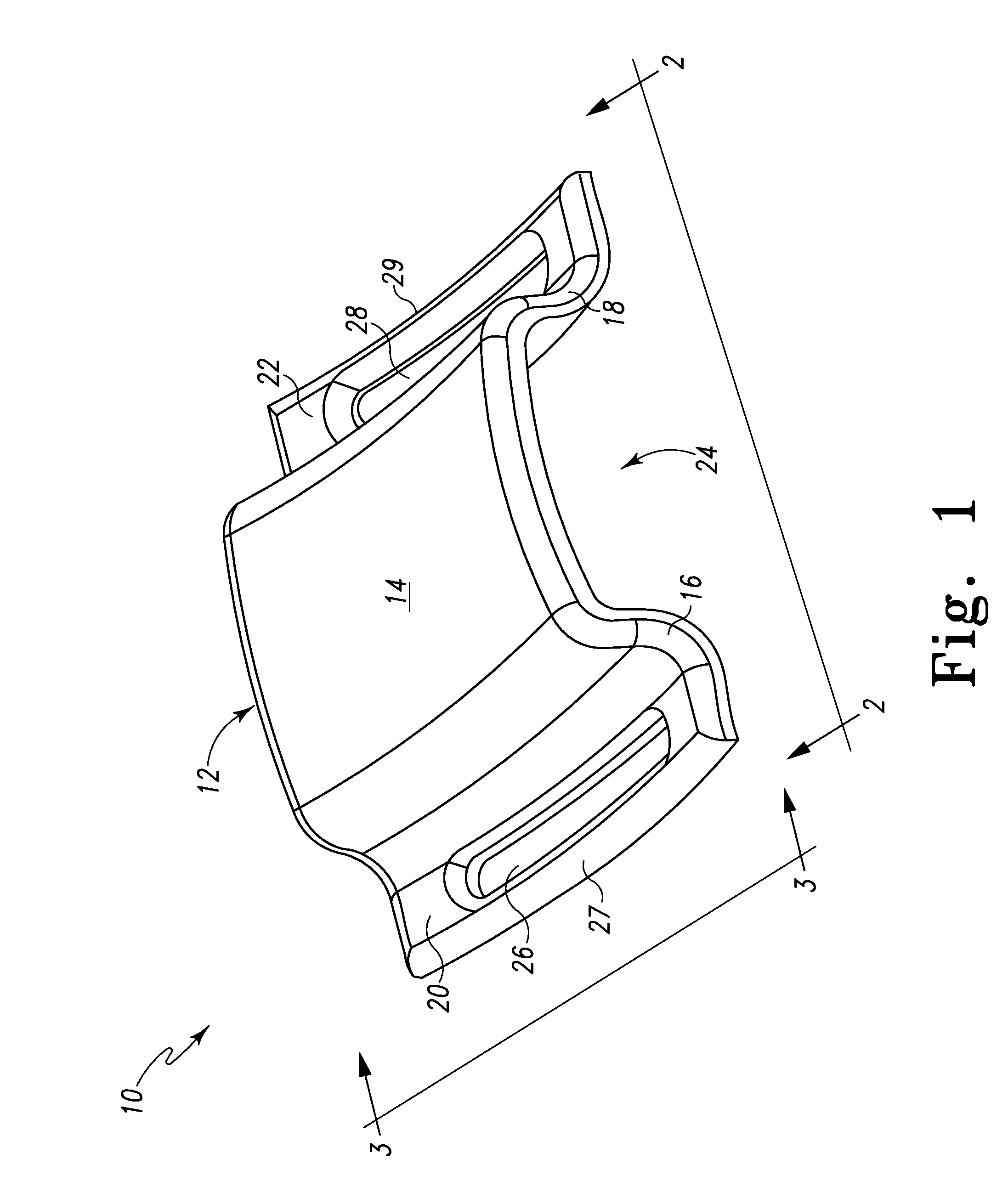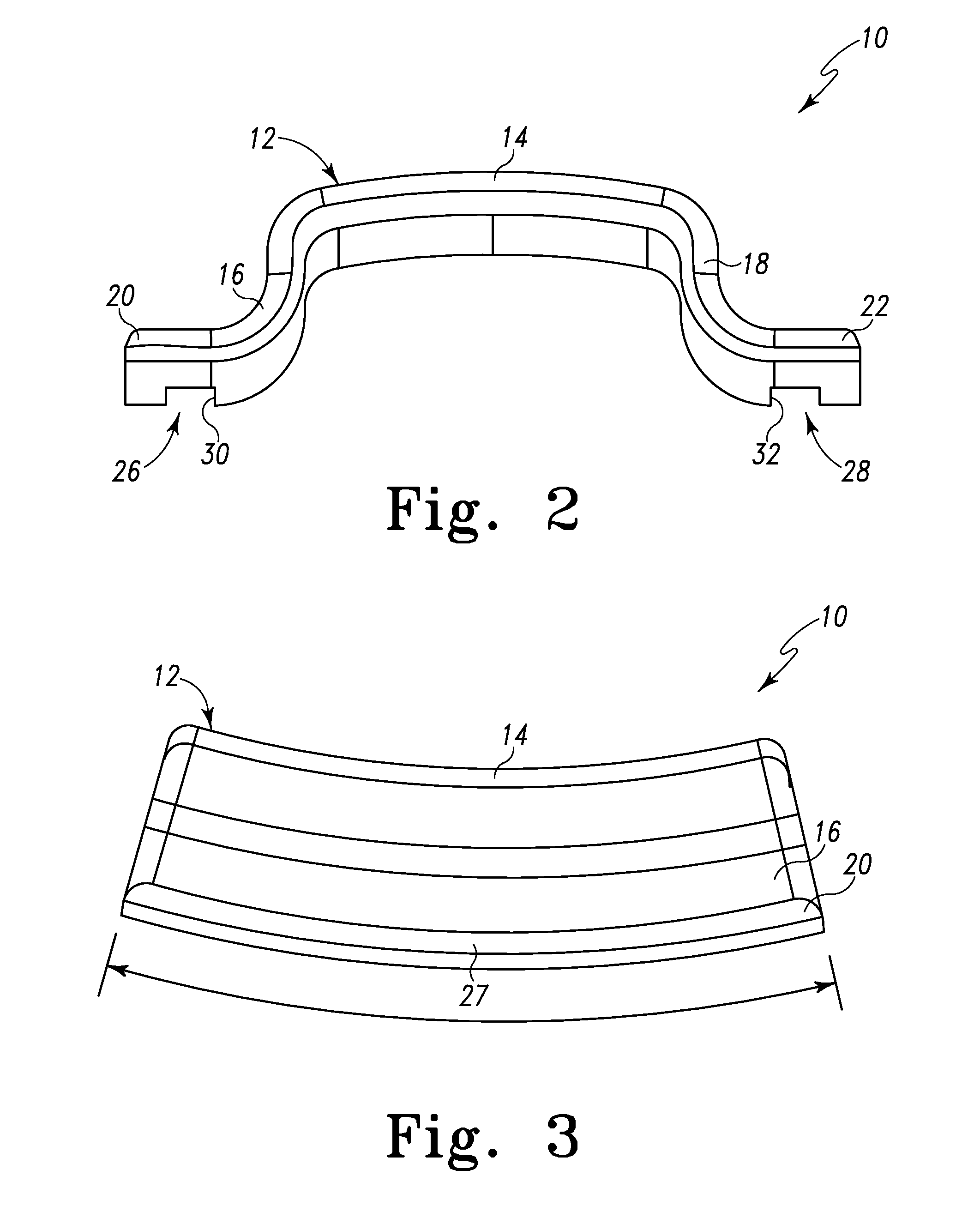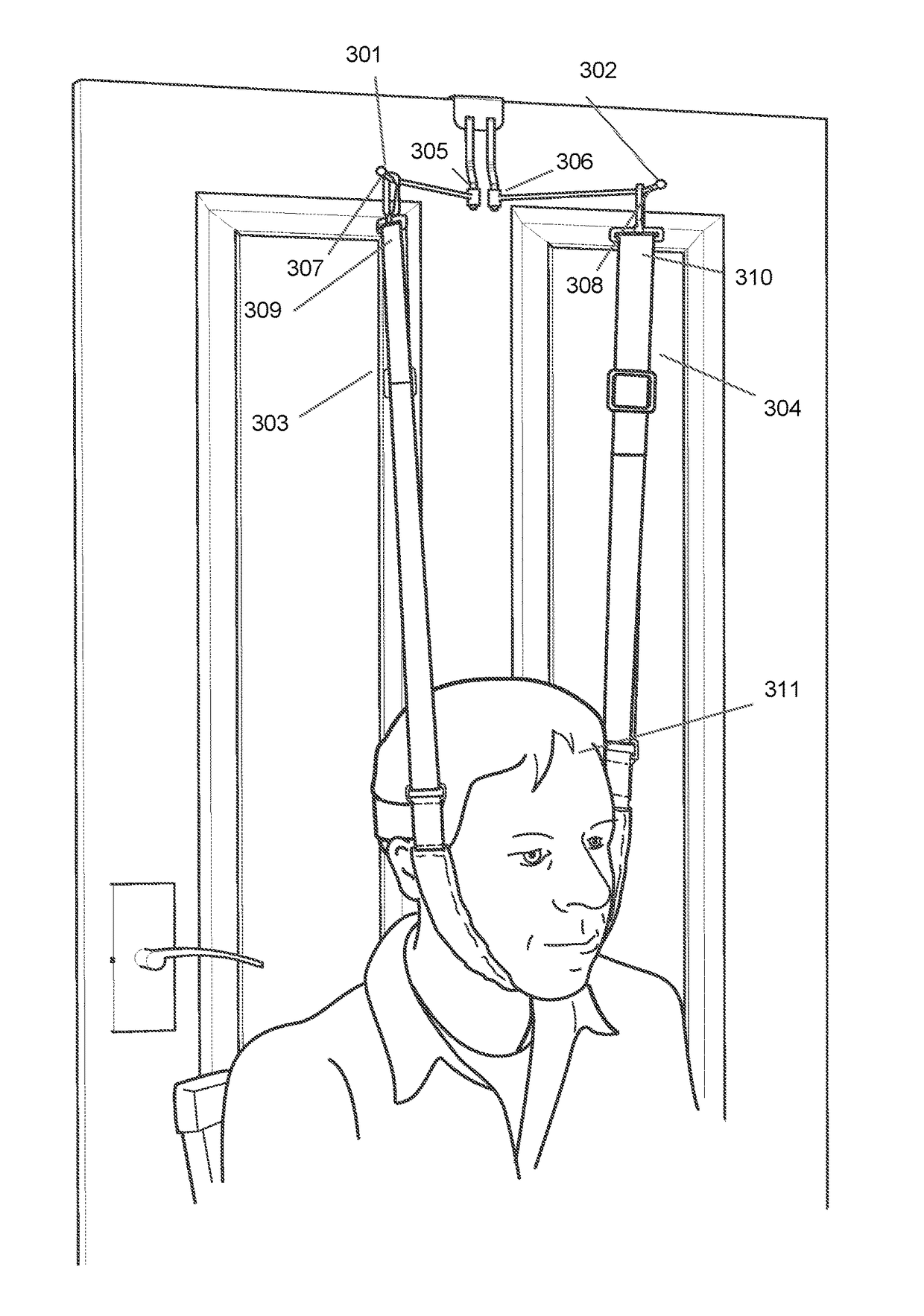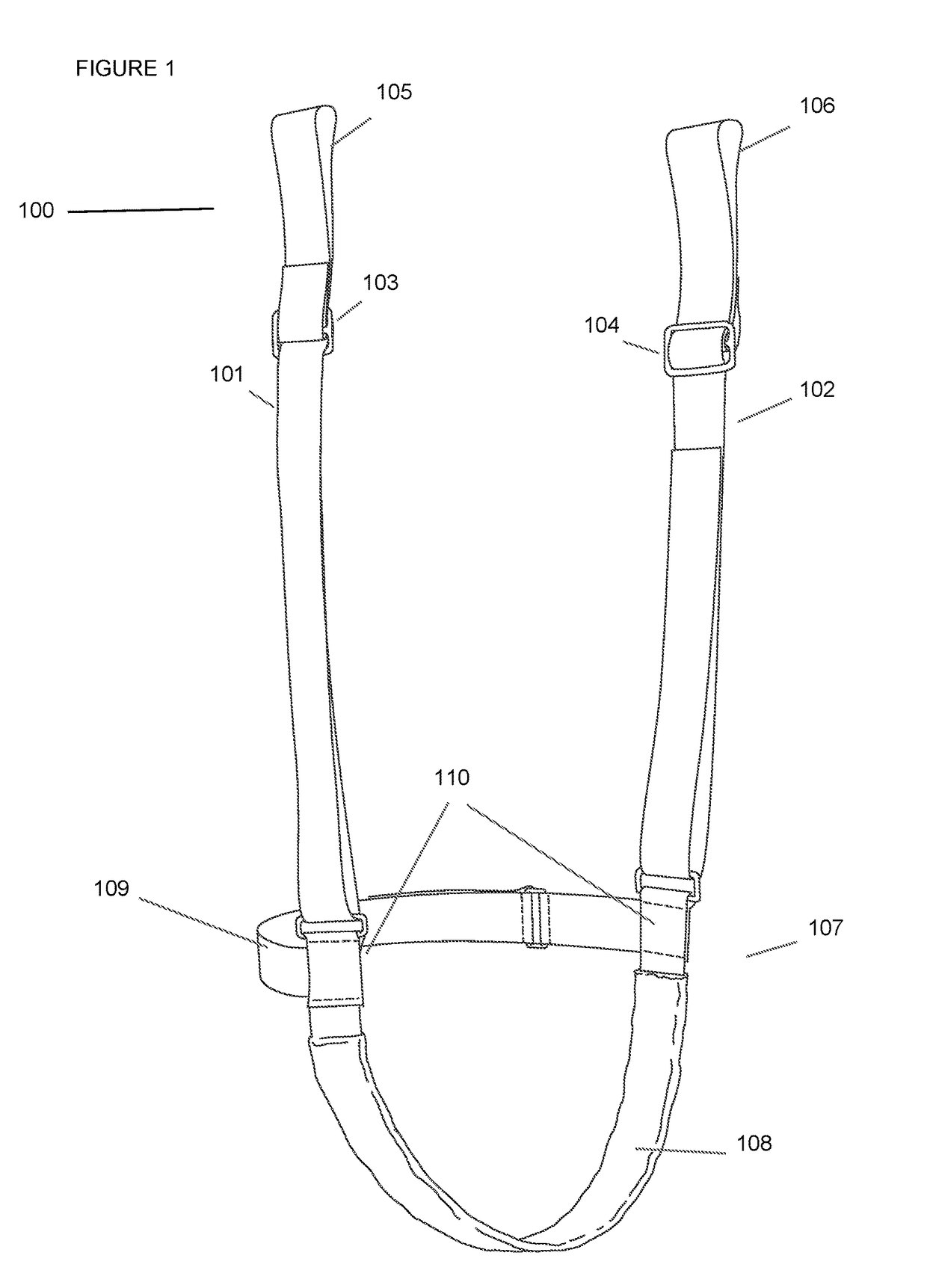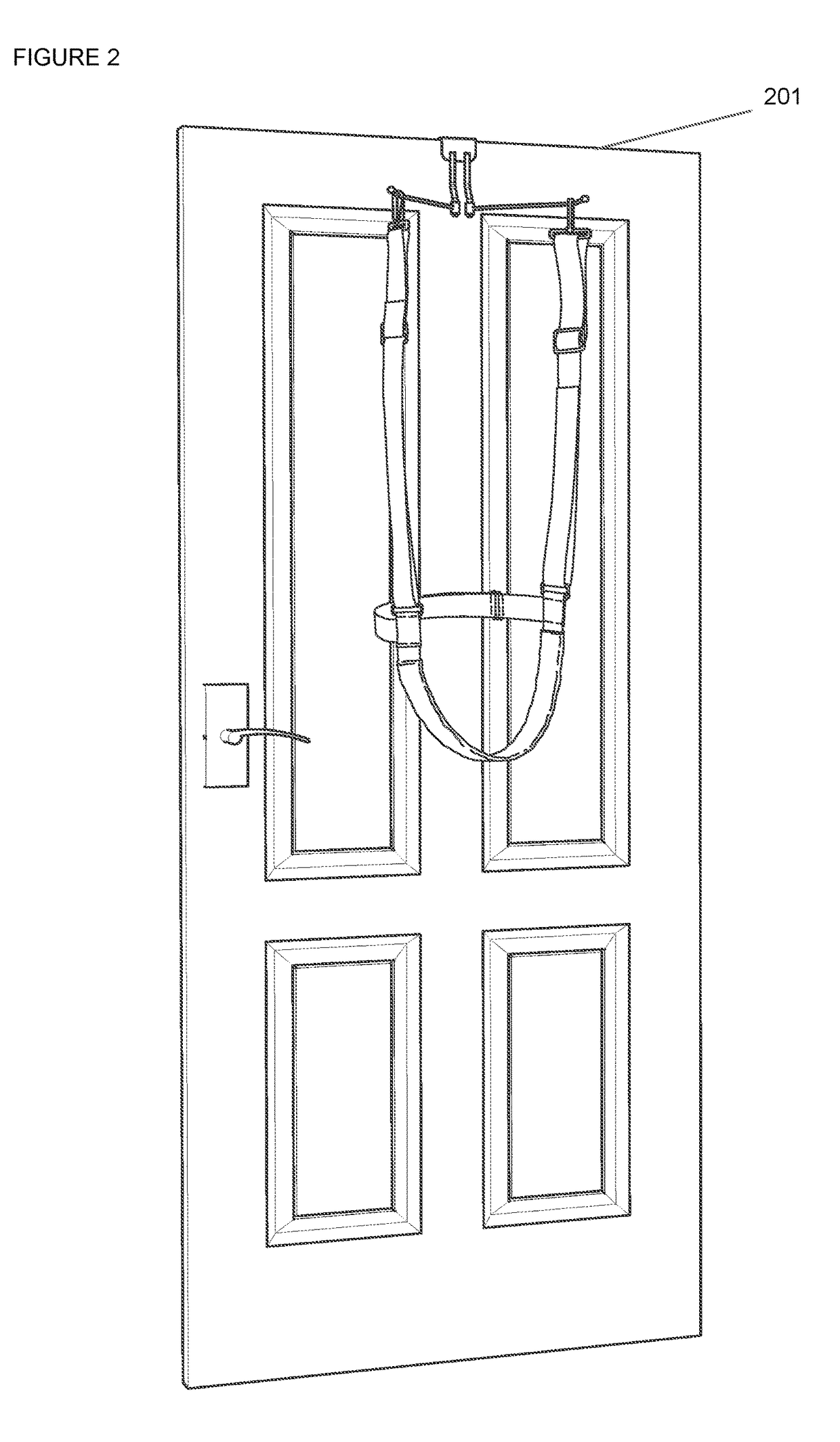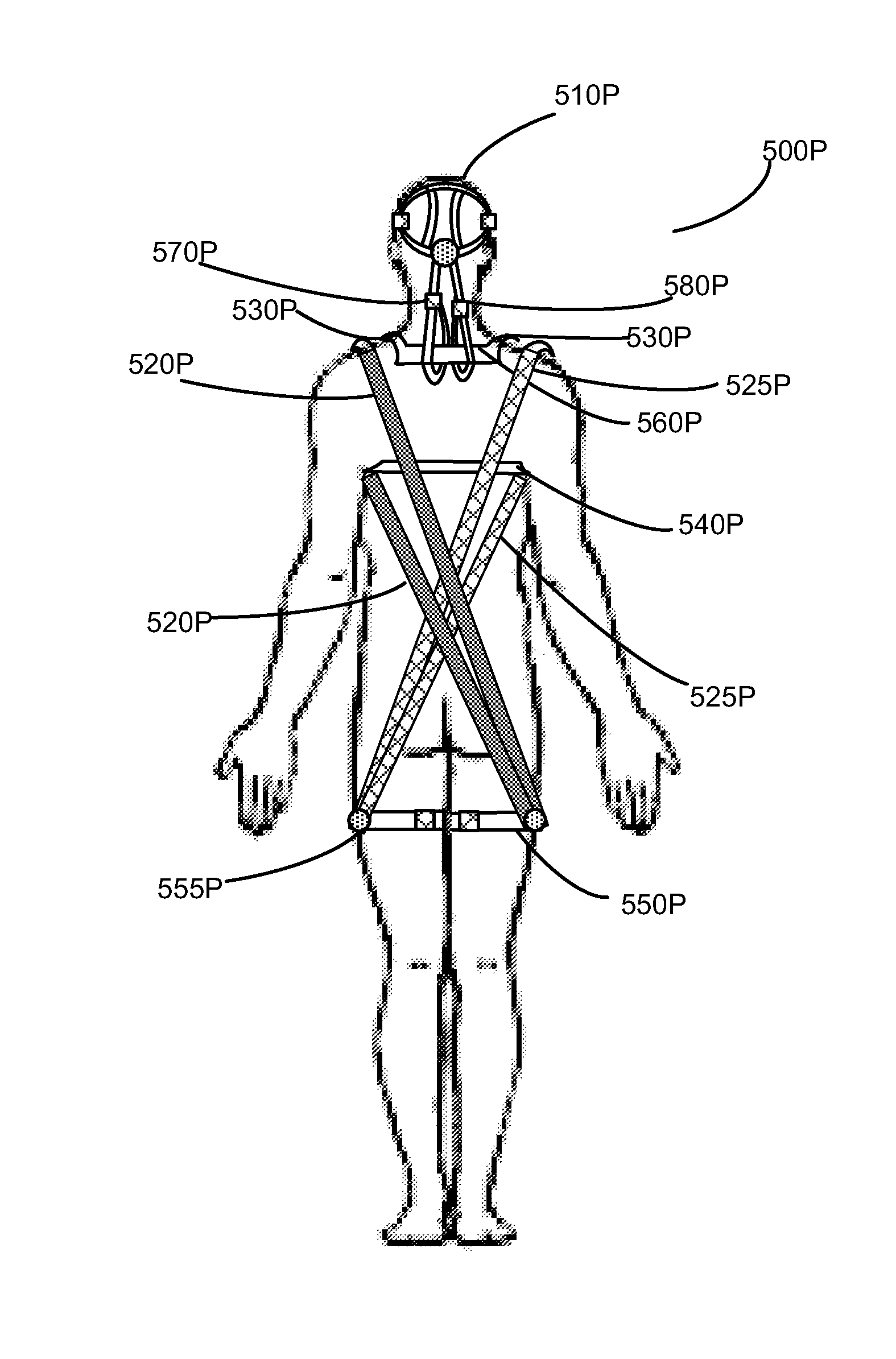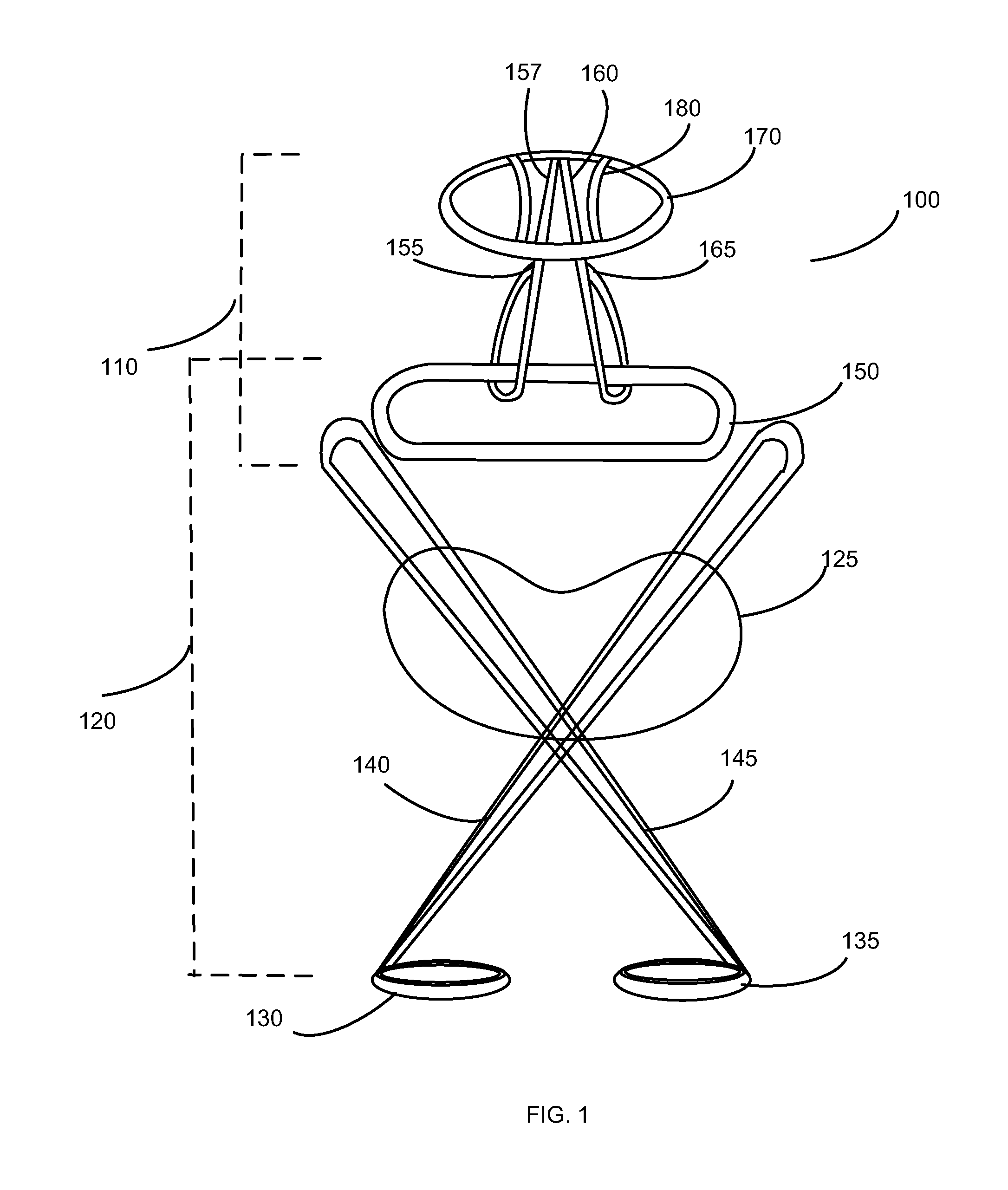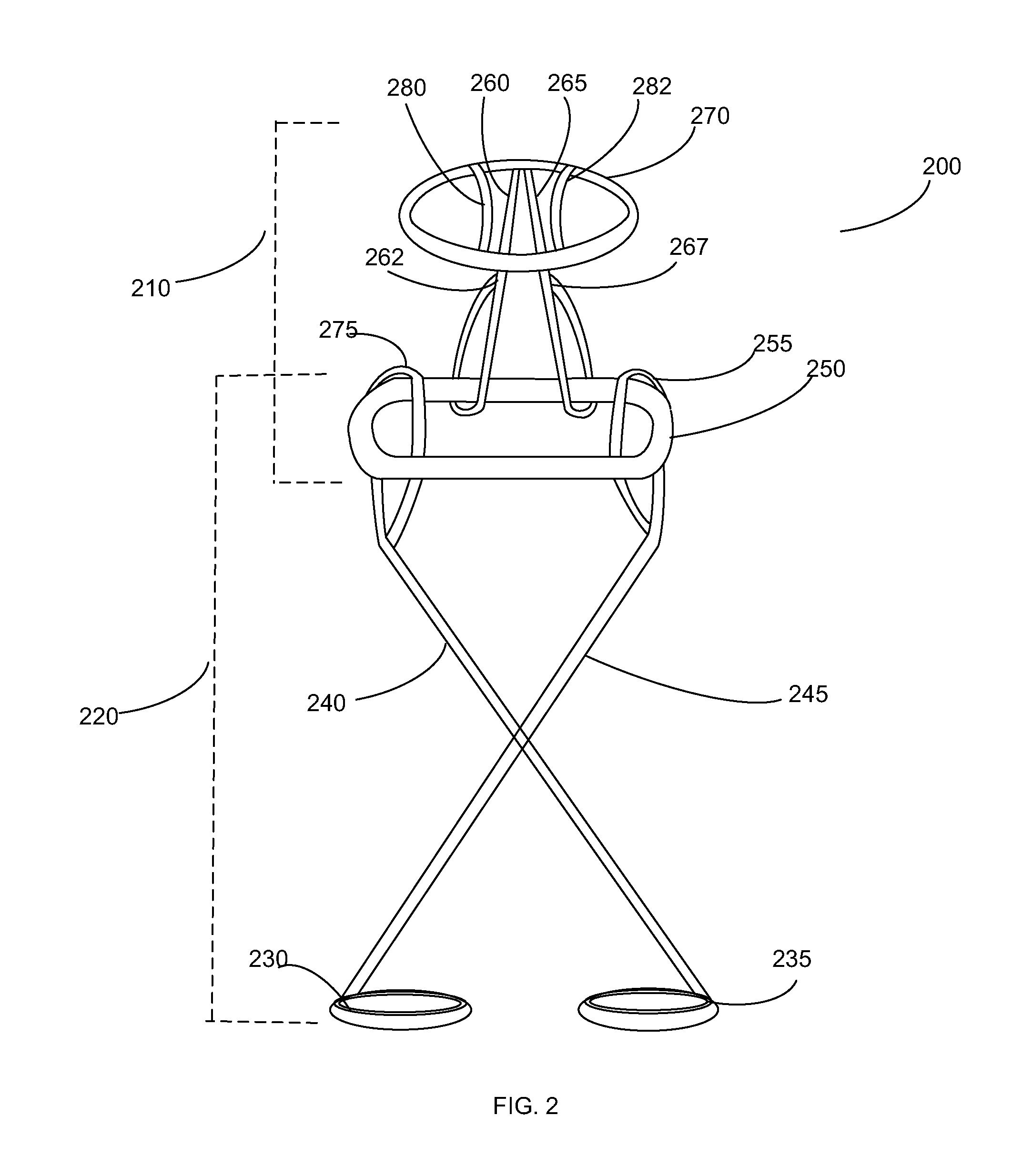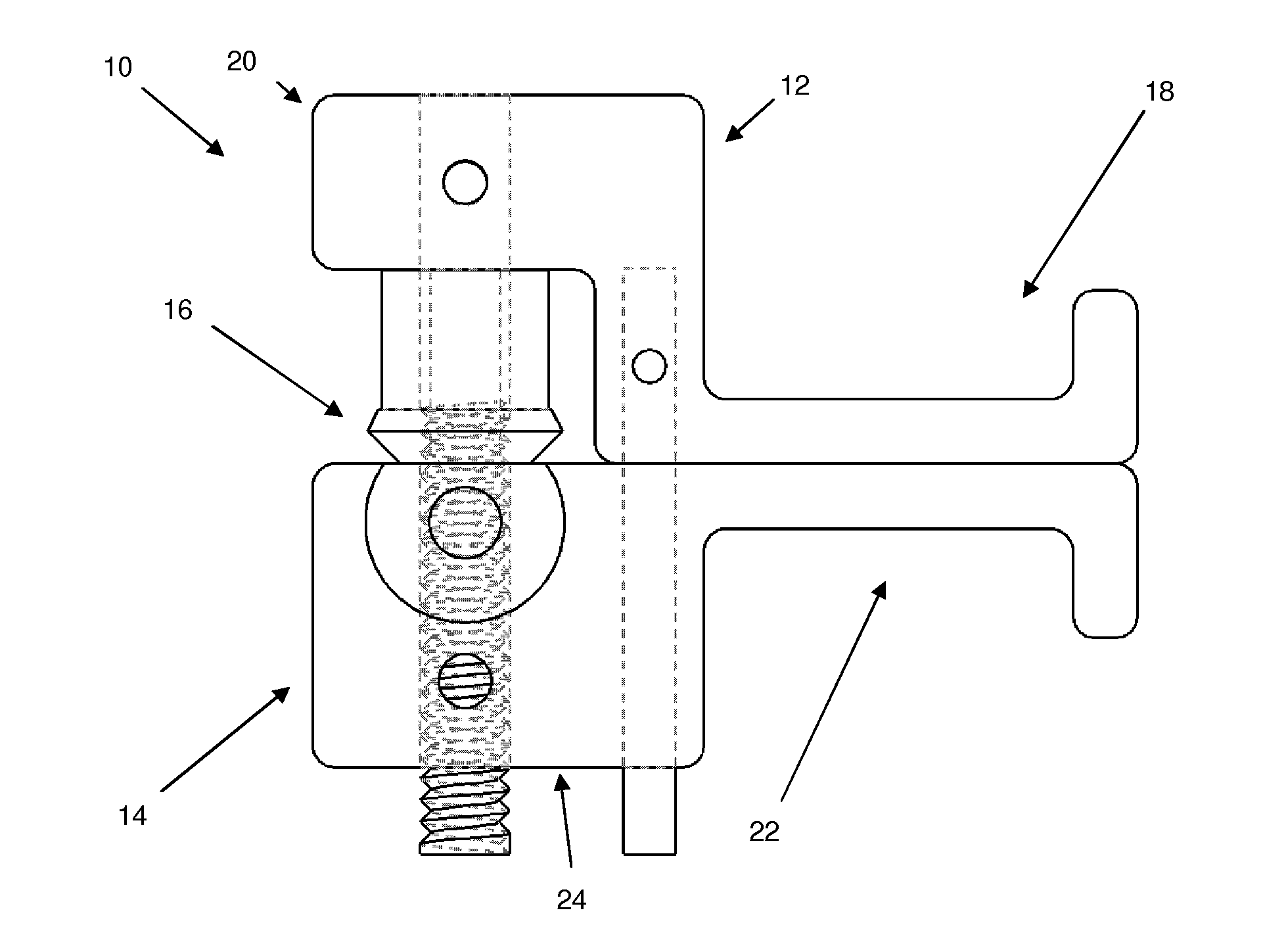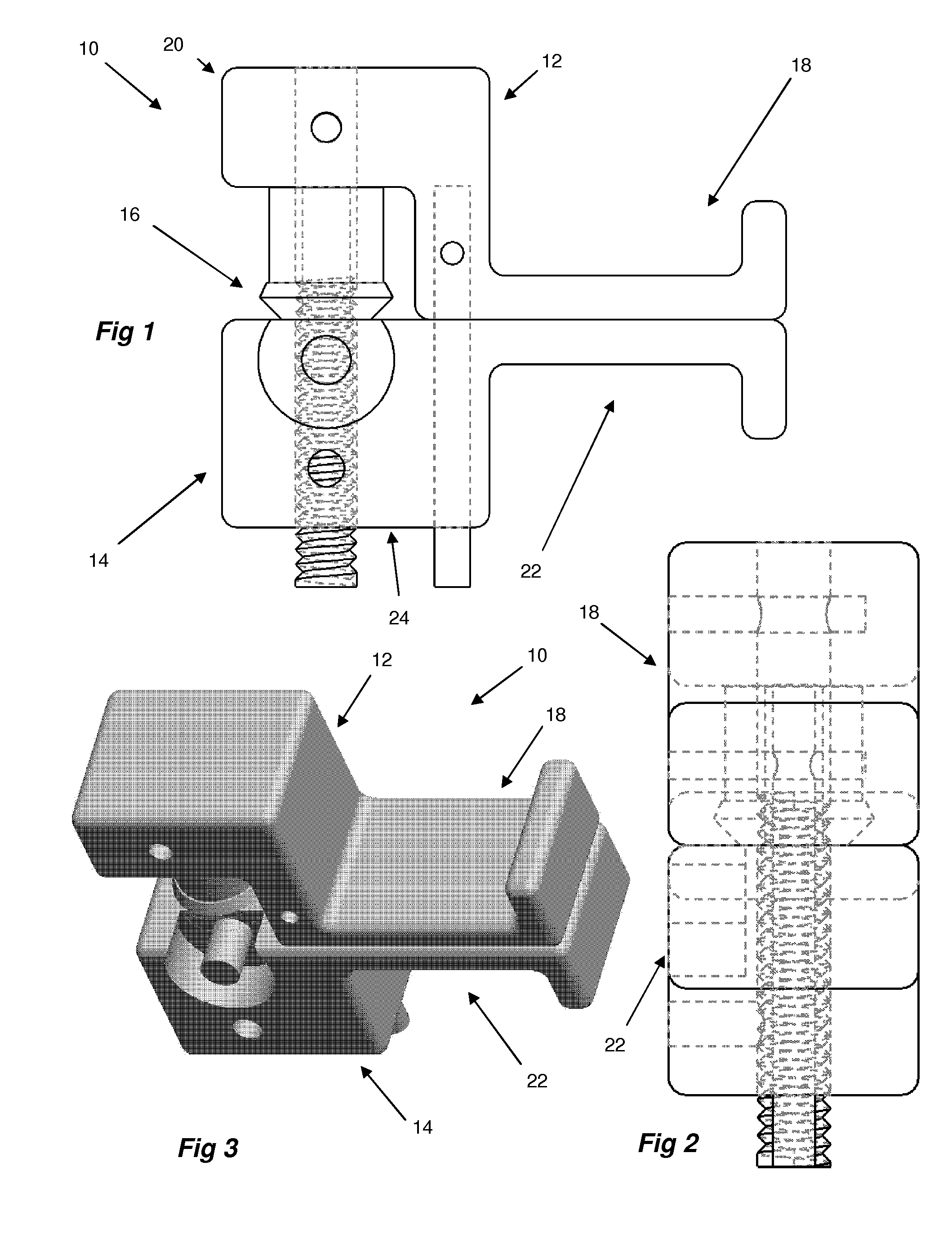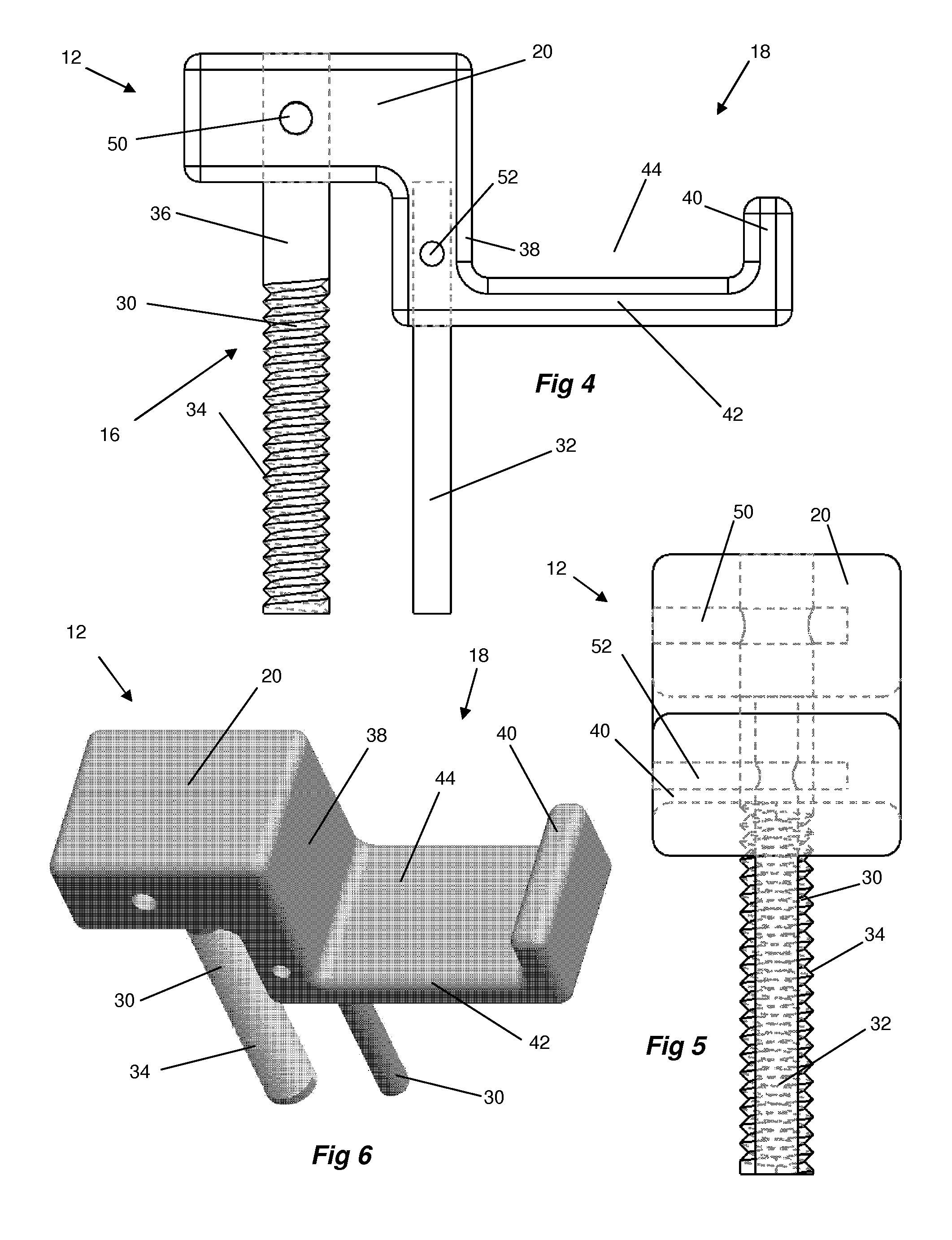Patents
Literature
65 results about "Spinal cord decompression" patented technology
Efficacy Topic
Property
Owner
Technical Advancement
Application Domain
Technology Topic
Technology Field Word
Patent Country/Region
Patent Type
Patent Status
Application Year
Inventor
Spinal decompression is a surgical procedure intended to relieve pressure on the spinal cord or on one or more compressed nerve roots passing through or exiting the spinal column. Decompression of the spinal neural elements is a key component in treating spinal radiculopathy, myelopathy and claudication.
Transcorporeal spinal decompression and repair system and related method
A system and method are provided for making an access channel through a vertebral body to access a site of neural compression, decompressing it, and repairing the channel to restore vertebral integrity. System elements include an implantable vertebral plate, a guidance device for orienting bone cutting tools and controlling the path of a cutting tool, a bone cutting tool to make a channel in the vertebral body, a tool for opening or partially-resecting the posterior longitudinal ligament of the spine, a tool for retrieving a herniated disc, an implantable device with osteogenic material to fill the access channel, and a retention device that lockably-engages the bone plate to retain it in position after insertion. System elements may be included in a surgery to decompress an individual nerve root, the spinal cord, or the cauda equina when compressed, for example, by any of a herniated disc, an osteophyte, a thickened ligament arising from degenerative changes within the spine, a hematoma, or a tumor.
Owner:GLOBUS MEDICAL INC
Dissecting high speed burr for spinal surgery
A rotatable surgical burr (100, 200, 300, 500) having a protective hood (120, 220, 320, 520, 620, 720) with a dissecting foot plate (119, 219, 319, 519, 619, 719) is provided to improve and enable various spinal decompression procedures. The surgical burr's protective hood has a dissecting foot plate that may be shaped to resemble a curette, a Woodson, or other appropriate dissecting tools to allow insertion of the tool between the spinal nerve and the compressing bone. The protective hood surrounds the burr bit (130, 230, 530) exposing only a portion of the burr bit for burring of the offending bone and protects the nerve from the burr tip. The instrument may also be configured with a soft tissue resecting tip (330) for soft tissue resection.
Owner:GLOBUS MEDICAL INC
Transcorporeal spinal decompression and repair systems and related methods
A system and method are provided for making an access channel through a vertebral body to access a site of neural compression, decompressing it, and repairing the channel to restore vertebral integrity. System elements include an implantable vertebral plate, a guidance device for orienting bone cutting tools and controlling the path of a cutting tool, a bone cutting tool to make a channel in the vertebral body, a tool for opening or partially-resecting the posterior longitudinal ligament of the spine, a tool for retrieving a herniated disc, an implantable device with osteogenic material to fill the access channel, and a retention device that lockably-engages the bone plate to retain it in position after insertion. System elements may be included in a surgery to decompress an individual nerve root, the spinal cord, or the cauda equina when compressed, for example, by any of a herniated disc, an osteophyte, a thickened ligament arising from degenerative changes within the spine, a hematoma, or a tumor.
Owner:GLOBUS MEDICAL INC
Spinal access system and method
Described herein are devices and systems for accessing a spine and particularly the epidural region of the spine and methods of using these systems and devices to access the spine or regions of the spine. In particular, cannulas that may be anchored to the ligamentum flavum or the periosteum are described. Ligamentum flavum access tools are also described. These tools may be used with (or without) an anchoring cannula to penetrate the ligamentum flavum and provide access to the epidural space without risk of injury to other structures within the epidural space. The devices, methods and systems described herein are particularly useful in minimally invasive surgical (MIS) uses. The devices, methods and systems described herein may be used for performing spinal decompressions and other spinal procedures.
Owner:BAXANO
Devices and methods for measuring the space around a nerve root
Described herein are method, systems and devices for measuring the region adjacent to or around a nerve root, such as the space within an intervertebral foramen before, during and / or after a spinal decompression procedure. Measurement devices may be advanced by pulling on them using a guidewire passing through the intervertebral foramen and out of the subject. The measurement device may include sounds for determining one or more dimensions of the space around a nerve root within an intervertebral space, lateral recess or central canal. Various embodiments of sounds, including calibrated, inflatable, expandable, moldable, and tapered sounds (or combinations of these) are described.
Owner:BAXANO
Abductor contraction, variable leg/knee/thigh/trunk and spinal decompression exercice and rehabilitation apparatus and method
InactiveUS20080096744A1Relieve compressionRelieve biomechanical stressChiropractic devicesStiltsThighHorizontal axis
Exercise apparatus, comprises a first support means for the user's legs, a platform mounted on the support means to support a user's legs, there being a hinge connecting the platform to the support means and defining a generally horizontal hinge axis to allow pivoting of the user's trunk about a generally horizontal axis as the user relatively bends his body and his legs means, and extending in spaced, a second support means for the back of the user's body, and means for indexing said second support means at selected angularity relative to the hinge axis.
Owner:PERRY JR LEROY R
Biodynamic apparatus for performing correct SIT-UP and LEGS-UP exercises and methods
A biodynamic apparatus to perform correct, safe and effective SIT-UP and LEGS-UP exercises and simultaneously perform spinal arching, spinal decompression, and flexibility exercises, comprising of two part frame hinged at one end and a set of parallel bars that elevate and anchor the legs of the user concentrating the exercise in the abdominal area of the body. The main feature of the apparatus is provided by a device the inventor calls “flexor”. The flexor is not an ordinary lumbar support. Its function is to meet the natural fulcrum of the human torso, which is below the sacrum, to safely and efficiently articulate. Most exerciser bend the spine during the exercise, rather than the pelvis putting a tremendous negative stress on the vertebra and on the intervertebral discs. With the help of the “Flexor” the torso can move from horizontal to at least 90 degrees angle as one straight piece, free from the gravitational stress produced on the spine, especially on the cervical vertebra, by the weight of the head during the initiation of the exercises. It is a fact that ordinary SIT-UP and LEGS-UP exercises the work is performed for the most part by the neck, back and lumbar muscles during the first part of the movement placing a dangerous negative stress on the spine, and especially on the spinal cord. With the use of this apparatus, the reverse can be observed. The user by lying on the “flexor” places in traction the entire set of abdominal, pectoral and neck muscles creating a direct line of force between the abdomen and the head. The spine is arched and decompressed, the abdominal muscles are in traction and the lumbar muscles are neutralized since there are bent beyond their working point. This position of the body allows to safely concentrate 100% the force on the abdominal muscles to initiate the primary work constituted by the lifting of head of the user, instead of the neck, and on the lumbar muscles of the user, as well as to protect the spine and the weak abdominal muscles from negative stress and subsequent short and long term injuries. Decompression, arching, and flexibility of the spine, being achieved during this new method of performing SIT-UP and LEGS-UP exercises, simultaneously, make this apparatus bio-dynamically correct, as far as distribution, compensation and equalization of stresses; meet the scientific principles of muscle dynamics of traction and contraction; protect the spine from negative stress, especially the weak cervical and lumbar areas; maintain and enhance the spine's integrity and flexibility; and obtain maximum abdominal muscle developments, which are the major benefits of this invention. The flexor is mounted on two external parallel railing as to adjust to the length of all users. It also has an internal adjustable mechanism that allows its two padded flanges to adjust in width to accommodate all waist sizes of users for additional support and prevention of lateral stress to the lower spine.
Owner:PANDOZY RAFFAELE MARTINI
Posterior Spinal Prosthesis
ActiveUS20090326592A1Reduce stepsAids in posterior stabilizationInternal osteosythesisBone platesSpinal columnCavitation
A posterior spinal prosthesis is configured to cover exposed portions of a spinal column especially, but not necessarily, as a result of a medical spinal procedure and particularly, to provide posterior coverage of an exposed spinal cord, soft tissue, Foramen and / or adipose tissue, associated with one or more vertebrae as a result of the removal the spinous processes and / or the spinous process and laminar hoods from the one or more vertebrae of the spine as a result of a spinal decompression procedure or other reason. A plate forming the prosthesis is connectable to spine rod constructs implanted on lateral sides of the vertebrae and projects in the posterior direction relative to the connection. The plate is generally curved in the superior / inferior direction to provide either a lordotic or kyphotic curvature depending on the portion of the spine to which the prosthesis is utilized. As such, the posterior spinal prosthesis may be used on any portion of the spine such as the cervical vertebrae, the thoracic vertebrae and / or the lumbar vertebrae. The present posterior spinal prosthesis also provides posterior stabilization of the associated vertebrae as well as aiding in preventing post operative soft tissue cavitation at the decompression site.
Owner:LIFE SPINE INC
Massaging roller
A massaging roller has a first member forming a relatively rigid inner core and a second member forming a less rigid sleeve mounted on the inner core. The sleeve forms a working surface including a plurality of spaced ribs and grooves which extend longitudinally along an axis of the sleeve. The ribs and grooves are configured to provide spinal decompression and massaging therapy to the user.
Owner:SELVAGGIO BRANDON
Transcorporeal spinal decompression and repair systems and related methods
ActiveUS20100152793A1Prevent penetrationInternal osteosythesisDiagnosticsSpinal columnDegenerative change
A system and method are provided for making an access channel through a vertebral body to access a site of neural compression, decompressing it, and repairing the channel to restore vertebral integrity. System elements include an implantable vertebral plate, a guidance device for orienting bone cutting tools and controlling the path of a cutting tool, a bone cutting tool to make a channel in the vertebral body, a tool for opening or partially-resecting the posterior longitudinal ligament of the spine, a tool for retrieving a herniated disc, an implantable device with osteogenic material to fill the access channel, and a retention device that lockably-engages the bone plate to retain it in position after insertion. System elements may be included in a surgery to decompress an individual nerve root, the spinal cord, or the cauda equina when compressed, for example, by any of a herniated disc, an osteophyte, a thickened ligament arising from degenerative changes within the spine, a hematoma, or a tumor.
Owner:GLOBUS MEDICAL INC
Posterior spinal prosthesis
ActiveUS20140135846A1Reduce stepsAids in posterior stabilizationInternal osteosythesisBone platesSpinal columnCervical vertebral body
A posterior spinal prosthesis is configured to cover exposed portions of a spinal column especially, but not necessarily, as a result of a medical spinal procedure and particularly, to provide posterior coverage of an exposed spinal cord, soft tissue, Foramen and / or adipose tissue, associated with one or more vertebrae as a result of the removal the spinous processes and / or the spinous process and laminar hoods from the one or more vertebrae of the spine as a result of a spinal decompression procedure or other reason. A plate forming the prosthesis is connectable to spine rod constructs implanted on lateral sides of the vertebrae and projects in the posterior direction relative to the connection. The plate is generally curved in the superior / inferior direction to provide either a lordotic or kyphotic curvature depending on the portion of the spine to which the prosthesis is utilized. As such, the posterior spinal prosthesis may be used on any portion of the spine such as the cervical vertebrae, the thoracic vertebrae and / or the lumbar vertebrae. The present posterior spinal prosthesis also provides posterior stabilization of the associated vertebrae as well as aiding in preventing post operative soft tissue cavitation at the decompression site.
Owner:LIFE SPINE INC
Transcorporeal spinal decompression and repair system and related method
A system and method are provided for making an access channel through a vertebral body to access a site of neural compression, decompressing it, and repairing the channel to restore vertebral integrity. System elements include an implantable vertebral plate, a guidance device for orienting bone cutting tools and controlling the path of a cutting tool, a bone cutting tool to make a channel in the vertebral body, a tool for opening or partially-resecting the posterior longitudinal ligament of the spine, a tool for retrieving a herniated disc, an implantable device with osteogenic material to fill the access channel, and a retention device that lockably-engages the bone plate to retain it in position after insertion. System elements may be included in a surgery to decompress an individual nerve root, the spinal cord, or the cauda equina when compressed, for example, by any of a herniated disc, an osteophyte, a thickened ligament arising from degenerative changes within the spine, a hematoma, or a tumor.
Owner:GLOBUS MEDICAL INC
Transcorporeal spinal decompression and repair systems and related methods
A system and method are provided for making an access channel through a vertebral body to access a site of neural compression, decompressing it, and repairing the channel to restore vertebral integrity. System elements include an implantable vertebral plate, a guidance device for orienting bone cutting tools and controlling the path of a cutting tool, a bone cutting tool to make a channel in the vertebral body, a tool for opening or partially-resecting the posterior longitudinal ligament of the spine, a tool for retrieving a herniated disc, an implantable device with osteogenic material to fill the access channel, and a retention device that lockably-engages the bone plate to retain it in position after insertion. System elements may be included in a surgery to decompress an individual nerve root, the spinal cord, or the cauda equina when compressed, for example, by any of a herniated disc, an osteophyte, a thickened ligament arising from degenerative changes within the spine, a hematoma, or a tumor.
Owner:GLOBUS MEDICAL INC
Abductor contraction, variable leg/knee/thigh/trunk and spinal decompression exercise and rehabilitation apparatus and method
Exercise apparatus, comprises a first support means for the user's legs, a platform mounted on the support means to support a user's legs, there being a hinge connecting the platform to the support means and defining a generally horizontal hinge axis to allow pivoting of the user's trunk about a generally horizontal axis as the user relatively bends his body and his legs means, and extending in spaced, a second support means for the back of the user's body, and means for indexing said second support means at selected angularity relative to the hinge axis.
Owner:PERRY JR LEROY R
Portable cervical traction device
Low-cost, light weight portable cervical traction or spinal decompression devices for home use by a patient. A carriage is slidable along a portion of a support structure parallel to a longitudinal axis. The carriage includes a restraining mechanism adapted to releasably restrain a portion of a patient's body to the carriage. The pneumatic traction force generating apparatus is operatively coupled to move the carriage relative to the support structure when in a pressurized state. The pneumatic traction force generating apparatus is adapted to maintain a generally static traction force during a treatment period when in the pressurized state without additional pressurized air being supplied. A hand pump operated by the patient is fluidly connected to the pneumatic traction force generating apparatus to inject pressurized air. The hand pump is capable of injecting at least 138 kPa (20 psi) of pressure into the pneumatic traction force generating apparatus. A pressure relief mechanism operated by the patient is adapted to release pressure from the pneumatic traction force generating apparatus.
Owner:ENCORE MEDICAL ASSET CORP
Spinal Decompression Belt for Use with Inversion Table
ActiveUS20150305962A1Easy to makeSupport the user's weightChiropractic devicesNon-surgical orthopedic devicesEngineeringSpinal decompression
A spinal decompression belt for reducing the pressure exerted on a user's ankles when using an inversion table. The spinal decompression belt includes an elongated pad to be disposed around a user's abdomen and that can be secured by overlapping the end portions thereof. A cushioning member is removably securable to the interior of the first end for providing additional support to the user's abdomen. The elongated pad further includes an elongated strap therearound that includes an adjustable fastener for securing the belt to the user. An extension strap having an adjustable fastener thereon extends from the front of the elongated pad to the rear thereof and can be positioned between the legs of the user. The extension strap further includes a fastener, such as a ring, having a pair of ankle bar straps thereon that can be wrapped around the ankle bars of an inversion table.
Owner:NOEL CEDRICK
Seat Cushion With Recessed Region To Provide Spinal Decompression
InactiveUS20100187888A1Easily fracturedMore chronic painVehicle seatsStoolsEngineeringSpinal decompression
A seat cushion for use with a seat, chair, or bench. The cushion is provided with a strategically located recessed region, to provide spinal decompression for the user. The recessed region is located in the central, rear portion of the cushion, along the fore and aft axis of the cushion. The recessed region is further contained entirely within the periphery of the cushion, so that the portion of the cushion between the recessed region and the rear edge of the cushion provides support for the user. The depth of the recessed region is sufficient to allow spinal decompression, but it need not extend entirely through the thickness of the cushion. A number of configurations for the cutout, and applications for the seat cushion, are disclosed. Also disclosed are chair, bench, and seat constructions incorporating the seat cushion and providing its spinal decompression feature.
Owner:GALLEGOS MIGUEL
Spinal decompression system
A device useful for spinous process decompression includes a pair of prongs which can be moved apart from each other by rotation of a gear which mates with a threaded rod.
Owner:SPINAL US +1
Inversion therapy spinal decompression accessory
An inversion accessory for supporting a user at the waist while using an inversion device. The inversion accessory includes a belt, wherein the belt is configured to be placed around the waist of a user. The inversion accessory also includes one or more rings connected to the belt and a series of bands attached to each of the one or more rings. The inversion accessory further includes a center loop connected to each of the series of bands and a center strap. The center strap is configured to secure to the center loop and attach to the inversion table.
Owner:MABRY ROBERT
Spinal decompression device and method of use
ActiveUS8657774B1Shorten the lengthIncrease the lengthChiropractic devicesNon-surgical orthopedic devicesEngineeringSpinal decompression
Owner:FISHER JEFF
System for dynamically adjusting treatment angle under tension to accommodate variations in spinal morphology
A system for dynamically adjusting treatment angle under tension to accommodate variations in spinal morphology during spinal decompression therapy is provided. It provides a tensioning device including a patient-positioning means, a tension-producing actuator, a positioning device, a patient interface device, a control system and a display. The control system with feedback on the resultant tension vector applied to patient spine operationally configured to allow for adjustment of either tension producing actuator position, patient position, or both while applying tension to the patient spine during non-therapeutic tension levels. The control system automatically adjusts tension producing actuator work levels such that the resultant tension vector magnitude remains ideally constant during adjustment of resultant tension vector angle, reducing the risk of eliciting paraspinal muscle contraction due to changes in resultant tension vector magnitude.
Owner:BEIJING RYZUR AXIOM MEDICAL INVESTMENT
"Apparatus and Method For Spinal And/or Neck Decompression"
InactiveUS20140316465A1Relieving backRelieving neck painRestraining devicesWheelchairs/patient conveyanceEngineeringSpinal decompression
A device for relieving back and / or neck pain of a seated user through spinal decompression includes a frame, a seat base connected to the frame, and a seat back connected to the frame. The seat base has a front portion and a rear portion, with the seat back extending from the rear portion of the seat base. At least one of the seat base and the seat back is movable relative to the other of the seat base and the seat back to increase a distance between the seat base and the seat back to decompress a spine of the seated user.
Owner:MILLY PROD
Spinal decompression therapy system and method
The present invention provides a system and method of modifying a treatment profile in spinal decompression therapy. The method includes applying a plurality of cycles of the treatment profile and altering at least one parameter of the treatment profile in at least one of the cycles. The parameters of a treatment profile include a high tension level, a low tension level, a high tension time period, and a low tension time period. Each of the cycles includes an application of a tensile force at a high tension level for a high tension time period and an application of the tensile force at a low tension level for a low tension time period.
Owner:AXIOM WORLDWIDE
Dissecting high speed burr for spinal surgery
A rotatable surgical burr (100, 200, 300, 500) having a protective hood (120, 220, 320, 520, 620, 720) with a dissecting foot plate (119, 219, 319, 519, 619, 719) is provided to improve and enable various spinal decompression procedures. The surgical burr's protective hood has a dissecting foot plate that may be shaped to resemble a curette, a Woodson, or other appropriate dissecting tools to allow insertion of the tool between the spinal nerve and the compressing bone. The protective hood surrounds the burr bit (130, 230, 530) exposing only a portion of the burr bit for burring of the offending bone and protects the nerve from the burr tip. The instrument may also be configured with a soft tissue resecting tip (330) for soft tissue resection.
Owner:GLOBUS MEDICAL INC
Automatic traction spinal decompression treatment rehabilitation equipment
InactiveCN101536945AAchieve self-tractionImprove efficiencyNon-surgical orthopedic devicesHuman bodyPhysical medicine and rehabilitation
The invention discloses an automatic traction spinal decompression treatment rehabilitation equipment used for treatment and / or health care of patient herniated disk. The equipment comprises a body supporting device and a force-exerting device, wherein the body of the patient stretches on the body supporting device at a first direction, the force-exerting device protrudes upwards and is rotatably connected with the body supporting device, the included angel between the two devices is larger than 0 degree and smaller than 180 degrees, the force-exerting device acts in a two-bar mode so as to provide component of force at a second direction opposite to the first direction when the patient puts legs or back on the force-exerting device and traction is conducted, thus playing traction role on the spine. By the way that a part of a human body exerts force on the force-exerting device, the equipment realizes spinal traction, and has simple structure and convenient operation.
Owner:郑静民
Animal spinal decompression brace
InactiveUS8932244B1Easy to operateProviding therapyVeterinary bandagesFractureSpinal columnEngineering
A wearable device for spinal decompression of dogs or other quadrupedal animals. The preferred embodiment of the device comprises front and rear harnesses of flexible material extending around the animal's torso, curved members attached to the front and rear harnesses and lying along the animal's body, and rigid extensible braces connected to the front and rear curved members, generally parallel to the animal's spine. The harnesses, braces, and curved members are selected or can be adjusted to fit the animal. The extensible rods are adjustable, with means to produce therapeutic decompression and support of the animal's spine between the front and rear harnesses.
Owner:BESANCON MARK A
Posterior spinal prosthesis
ActiveUS8663295B2Reduce stepsAids in posterior stabilizationInternal osteosythesisBone platesSpinal columnCervical vertebral body
A posterior spinal prosthesis is configured to cover exposed portions of a spinal column especially, but not necessarily, as a result of a medical spinal procedure and particularly, to provide posterior coverage of an exposed spinal cord, soft tissue, Foramen and / or adipose tissue, associated with one or more vertebrae as a result of the removal the spinous processes and / or the spinous process and laminar hoods from the one or more vertebrae of the spine as a result of a spinal decompression procedure or other reason. A plate forming the prosthesis is connectable to spine rod constructs implanted on lateral sides of the vertebrae and projects in the posterior direction relative to the connection. The plate is generally curved in the superior / inferior direction to provide either a lordotic or kyphotic curvature depending on the portion of the spine to which the prosthesis is utilized. As such, the posterior spinal prosthesis may be used on any portion of the spine such as the cervical vertebrae, the thoracic vertebrae and / or the lumbar vertebrae. The present posterior spinal prosthesis also provides posterior stabilization of the associated vertebrae as well as aiding in preventing post operative soft tissue cavitation at the decompression site.
Owner:LIFE SPINE INC
Spinal therapy device, system and method of use
ActiveUS20180085245A1Avoid negative effectsConstant downward tensionRestraining devicesChiropractic devicesSpinal columnEngineering
The invention herein pertains to a spinal therapy device, system and method of use, specifically for self-administrating spinal decompression. The invention pertains to a method of lifting the user's upper spinal column by an extension device hooked over the top edge of a door jamb or floating wall, positioned over the user's head while the user is in seated position. The device comprising a hook portion, a strap portion and a harness portion and may be disassembled for portability.
Owner:KOVACEVIC KRSTO
Spinal decompression and sleep therapy system
InactiveUS9005149B1Increased oxygen intakeIncrease heightFractureOrthopedic corsetsSpinal columnMedicine
The present invention relates generally to a home therapy system for aiding spinal cord decompression and for treating related health issues. More specifically, the present invention teaches a garment system combining an upper portion and lower portion. According to a preferred embodiment, the upper portion includes a head band and yoke for cervical vertebra disc decompression and for aiding in treating Obstructive Sleep Apnea by repositioning and opening up breathing airways. Further in accordance with a preferred embodiment, the lower portion includes vertical decompression straps attached to leg bands and extending over the shoulders for thoracic and lumbar disc decompression by arching the spinal column back and opening the vertebra.
Owner:STUD MEDICAL
Features
- R&D
- Intellectual Property
- Life Sciences
- Materials
- Tech Scout
Why Patsnap Eureka
- Unparalleled Data Quality
- Higher Quality Content
- 60% Fewer Hallucinations
Social media
Patsnap Eureka Blog
Learn More Browse by: Latest US Patents, China's latest patents, Technical Efficacy Thesaurus, Application Domain, Technology Topic, Popular Technical Reports.
© 2025 PatSnap. All rights reserved.Legal|Privacy policy|Modern Slavery Act Transparency Statement|Sitemap|About US| Contact US: help@patsnap.com
